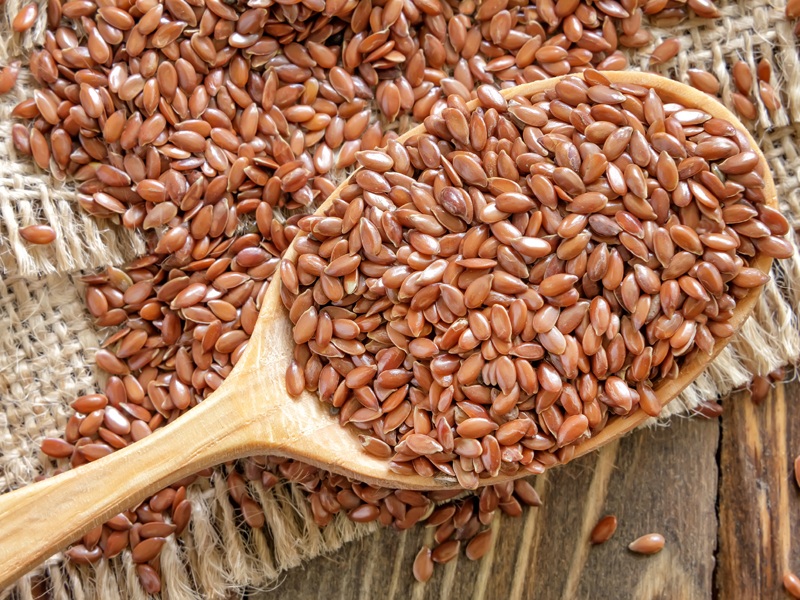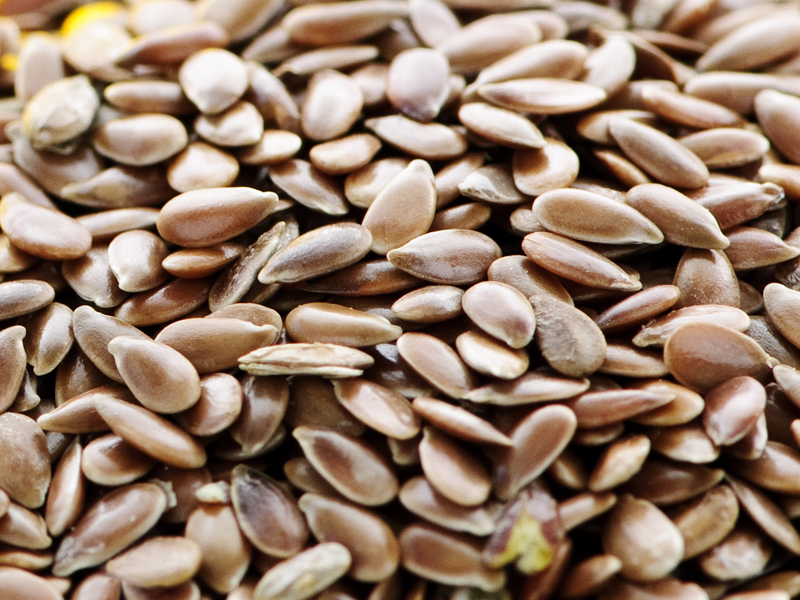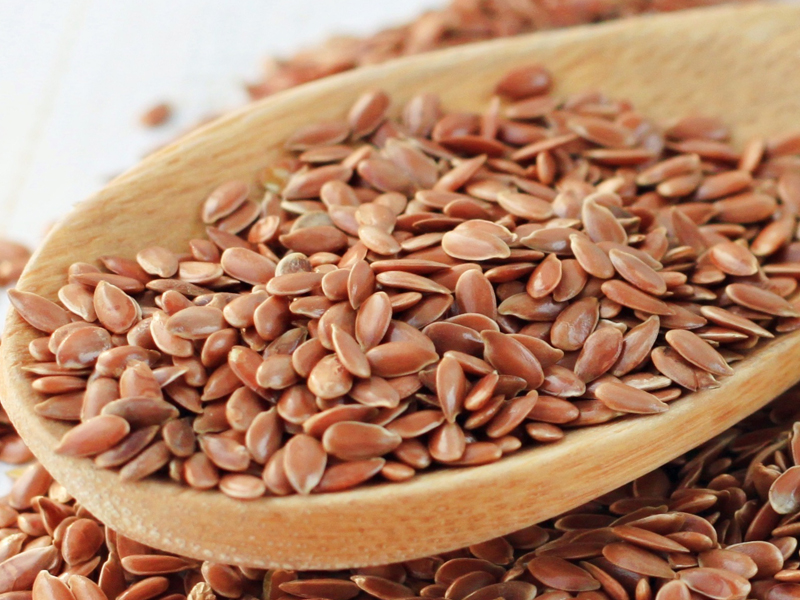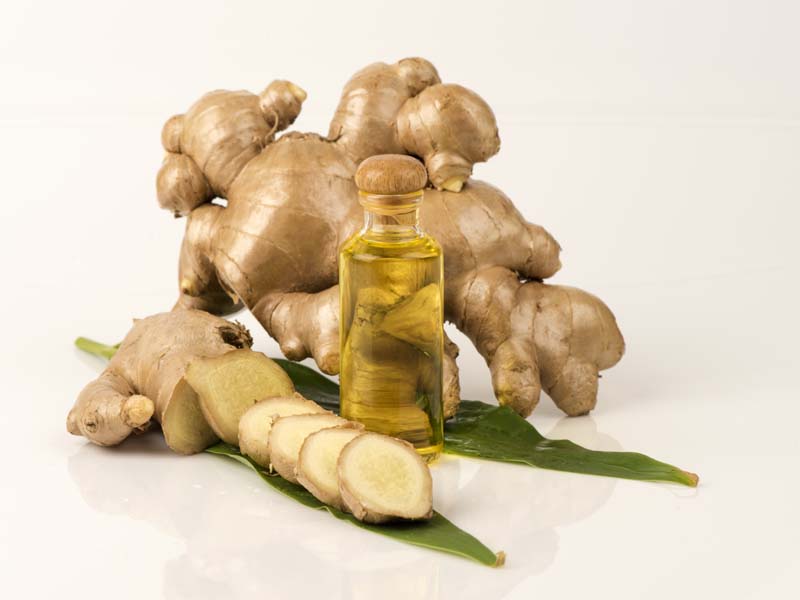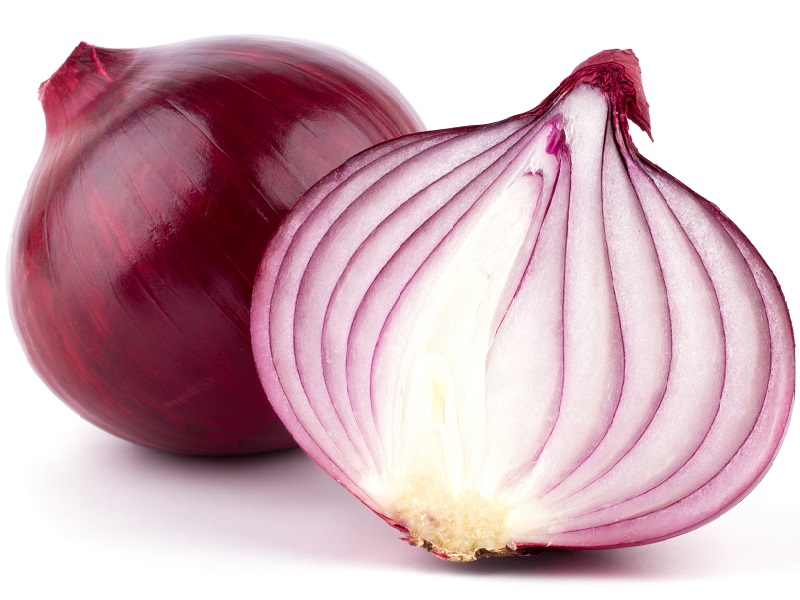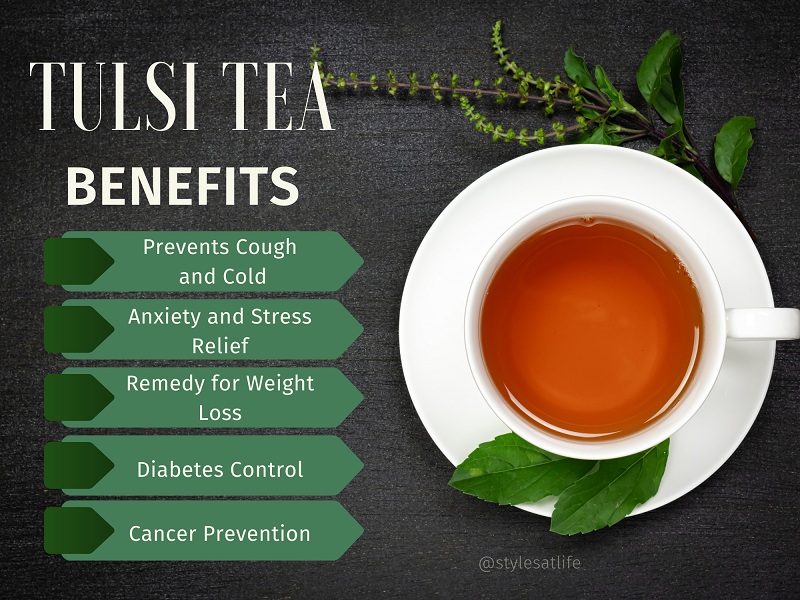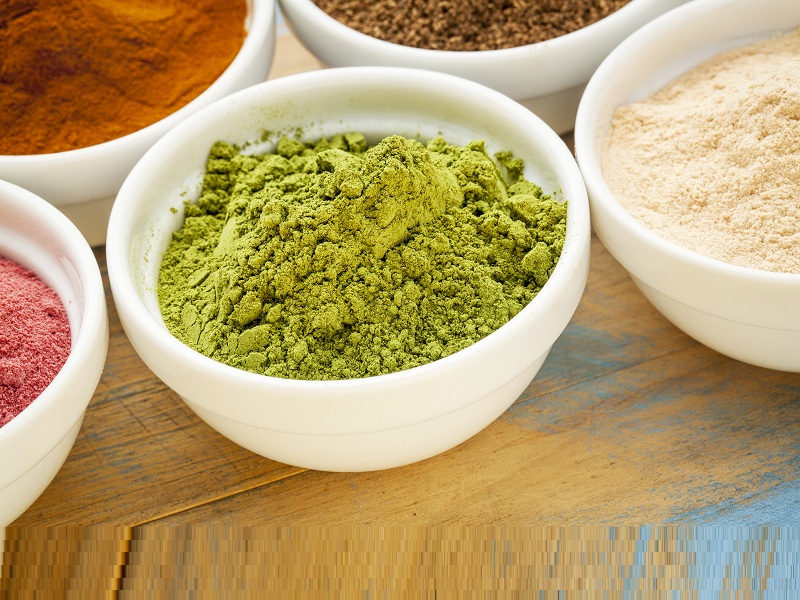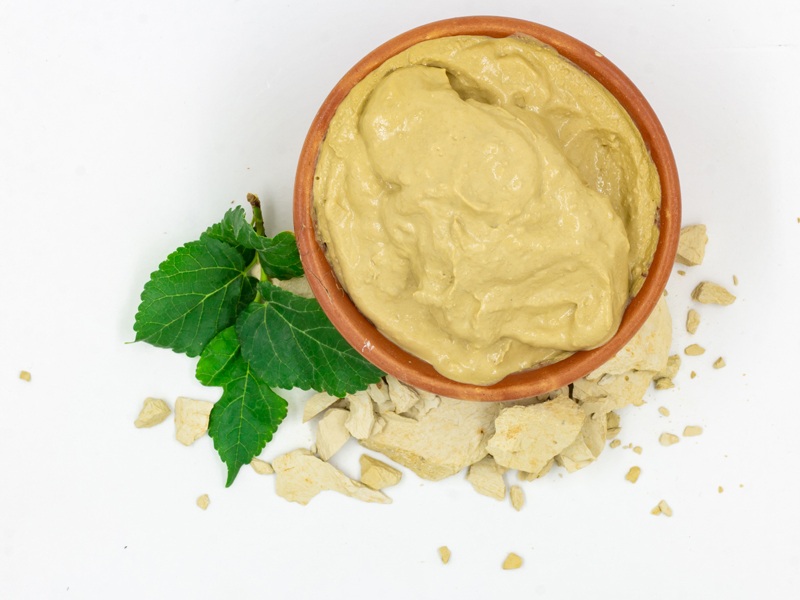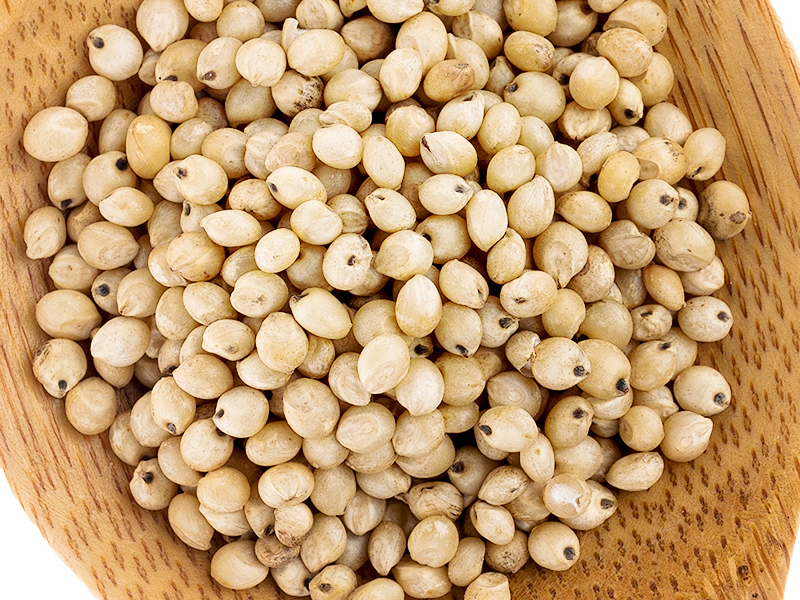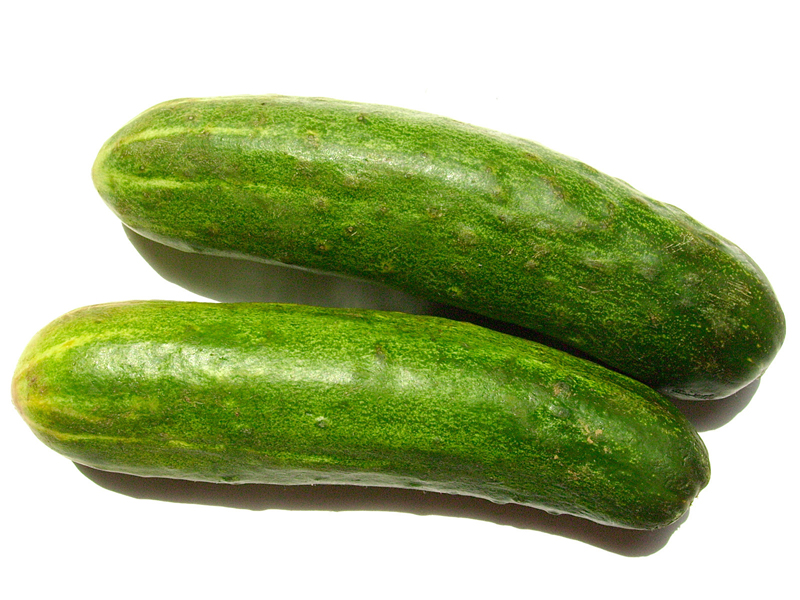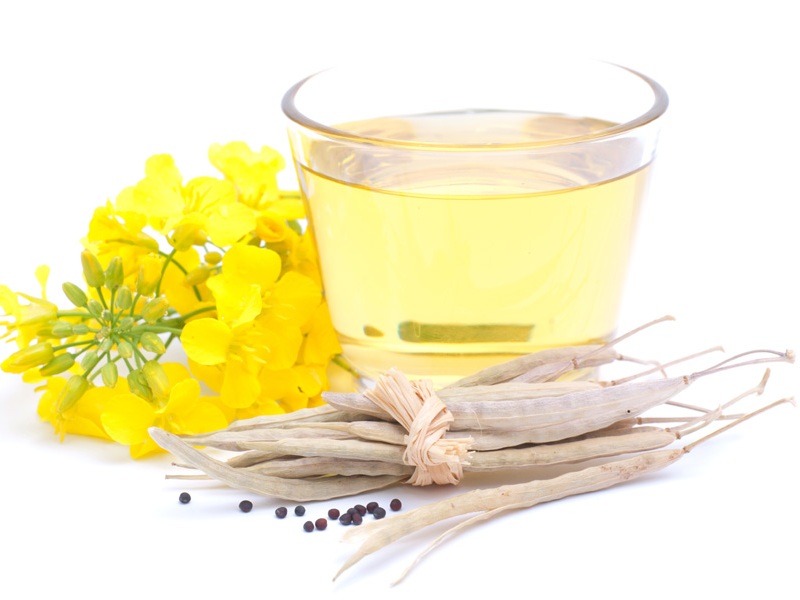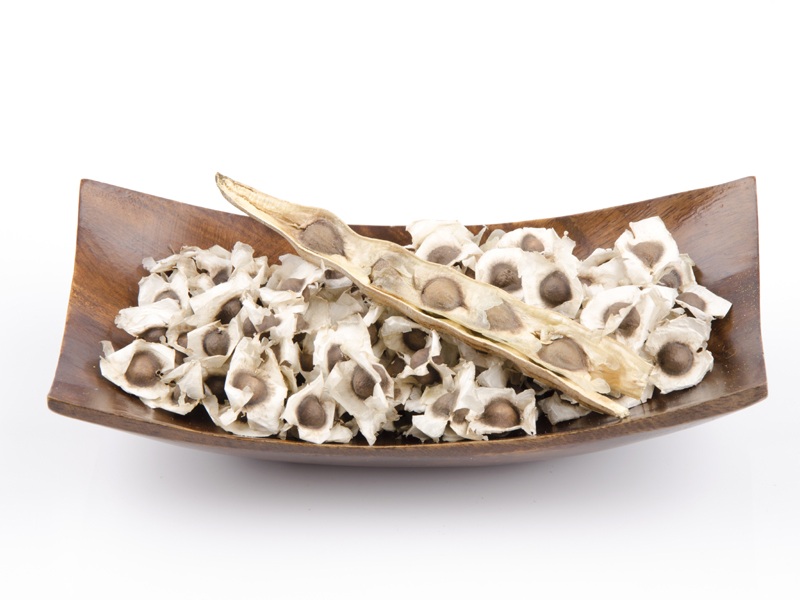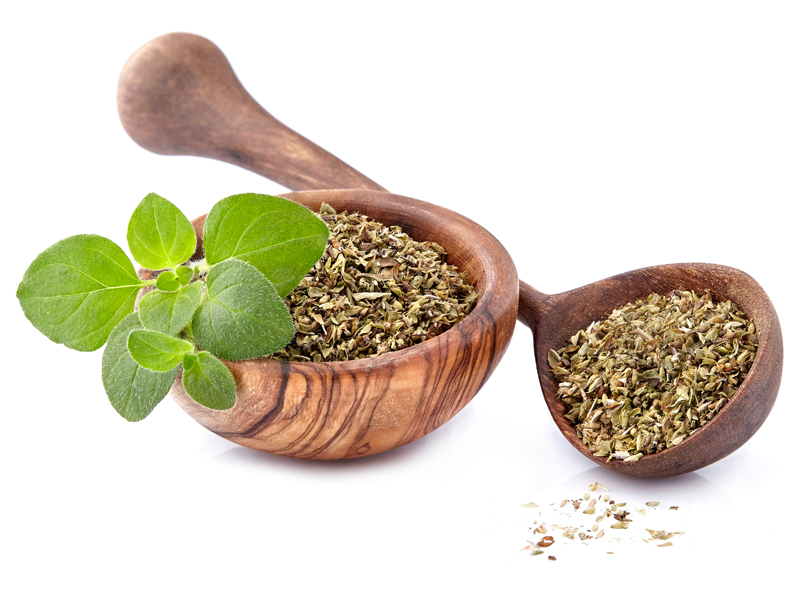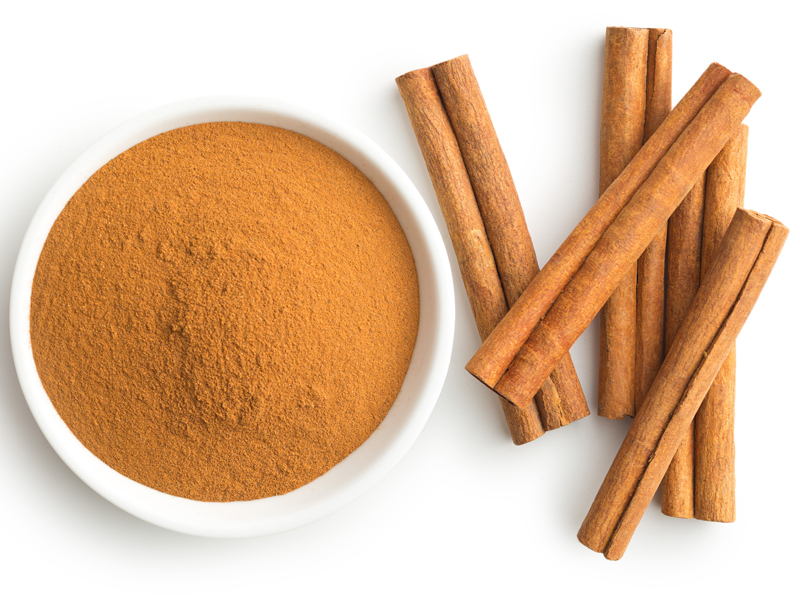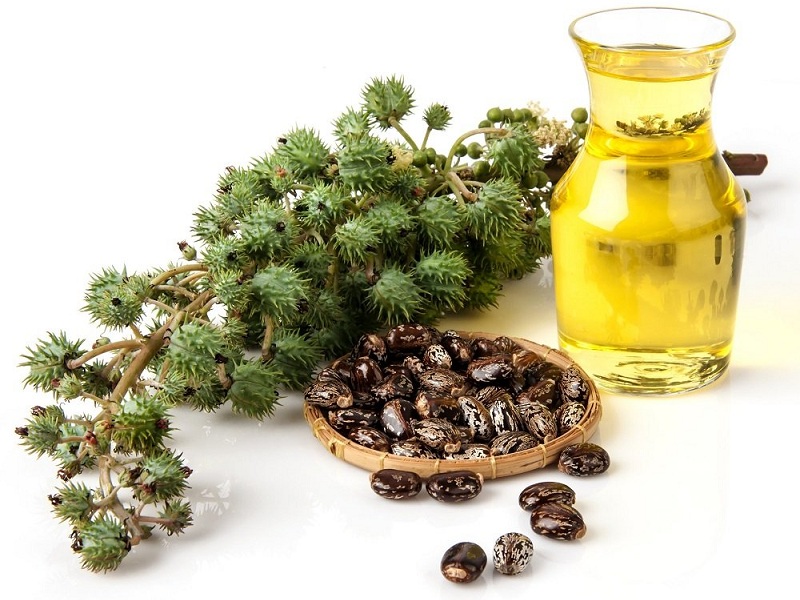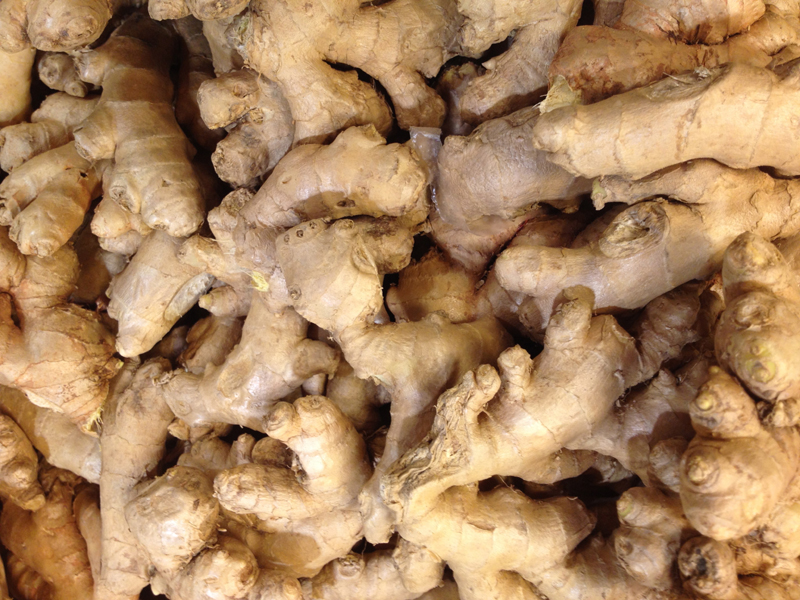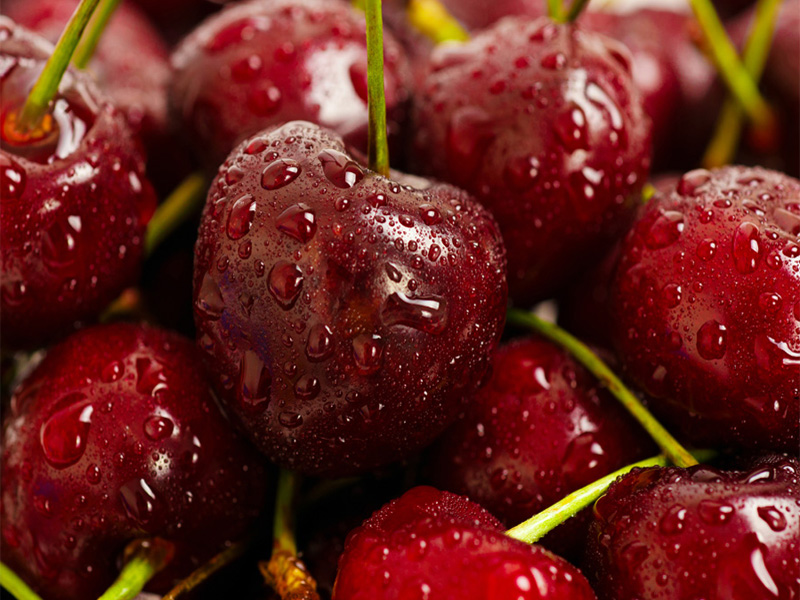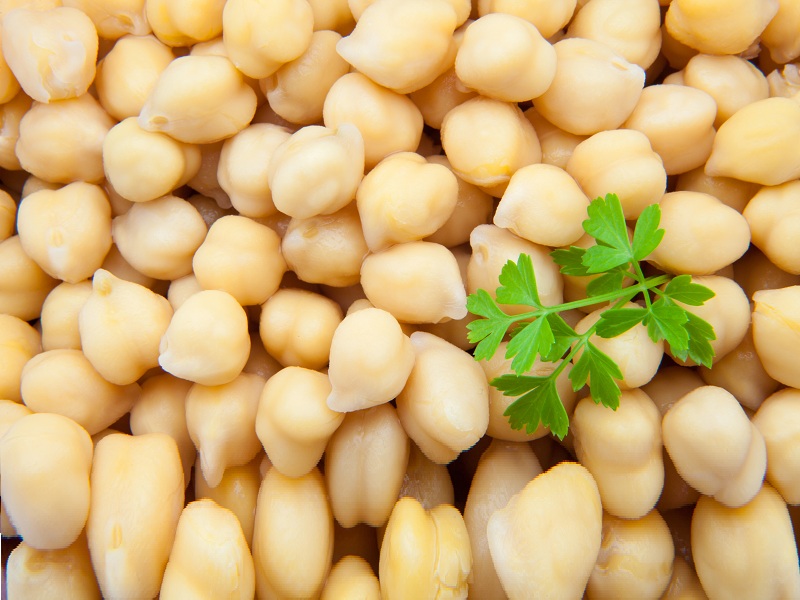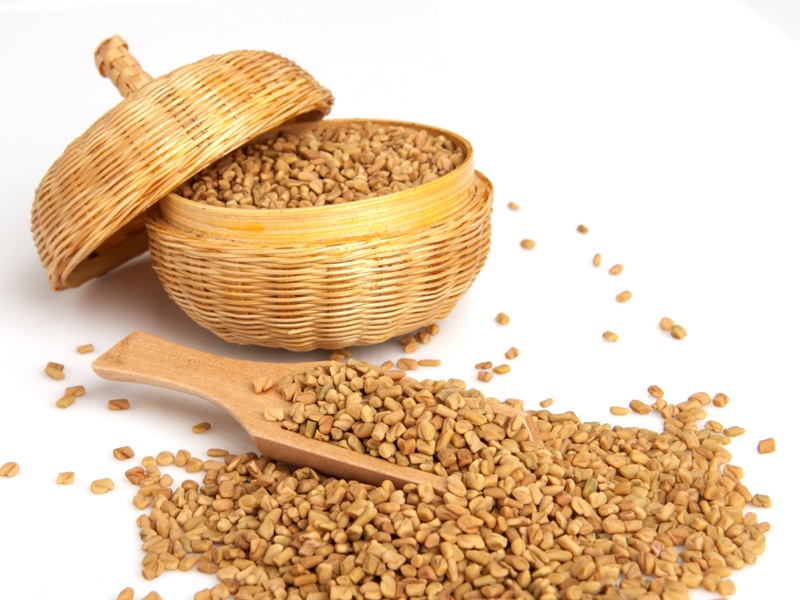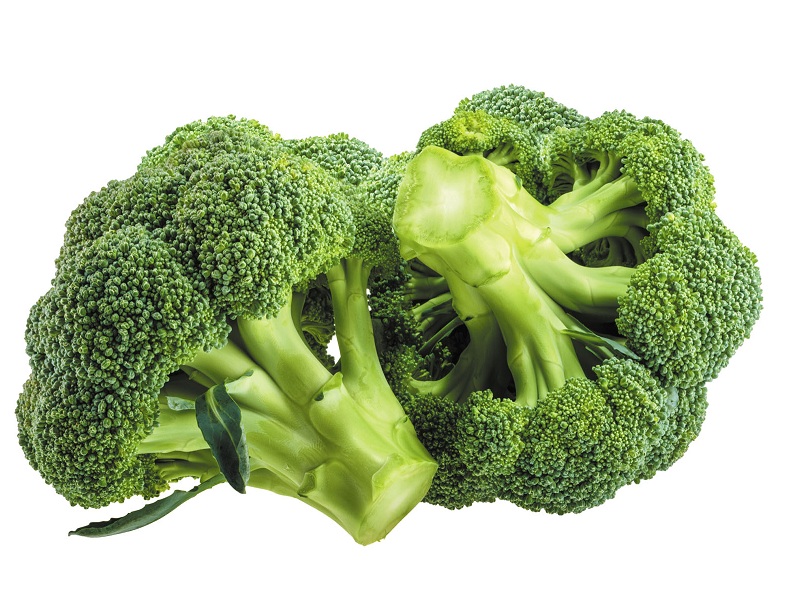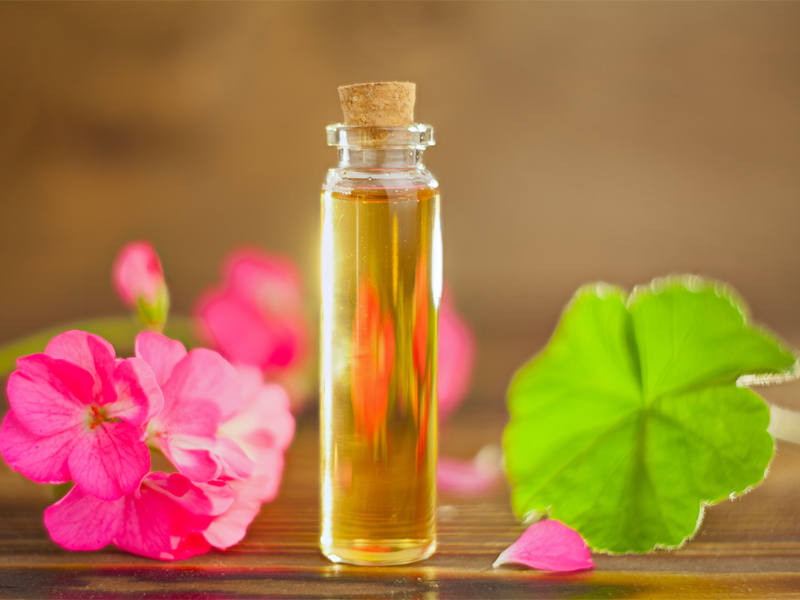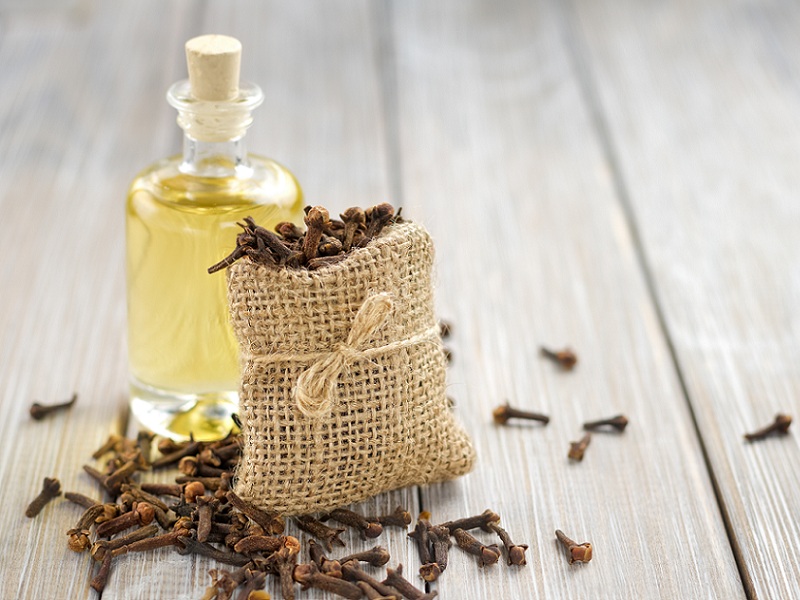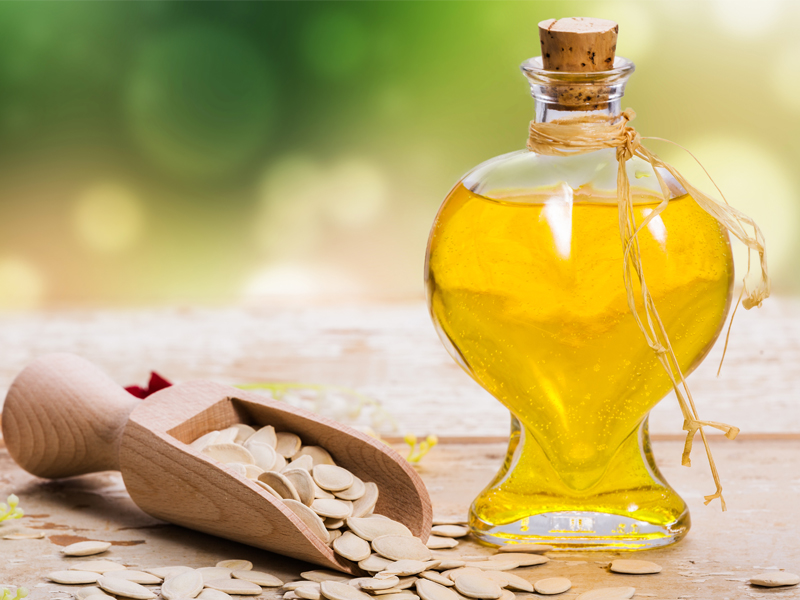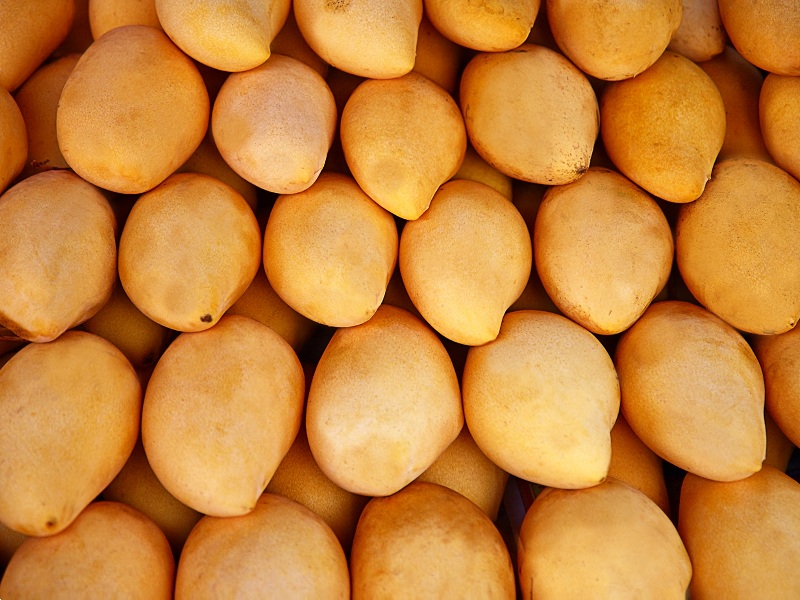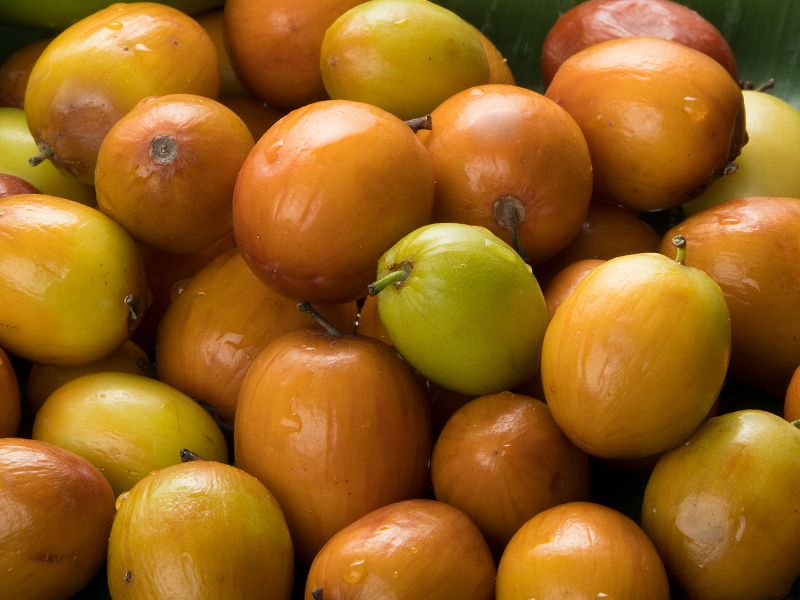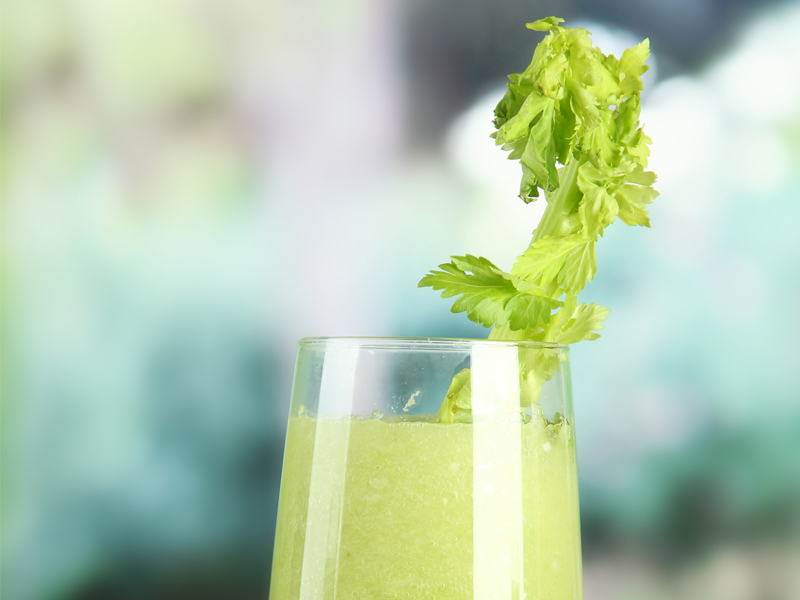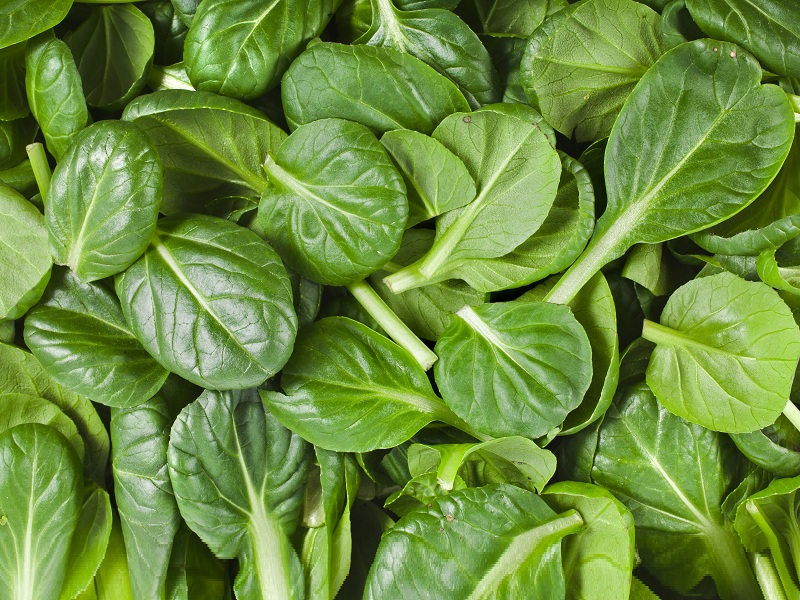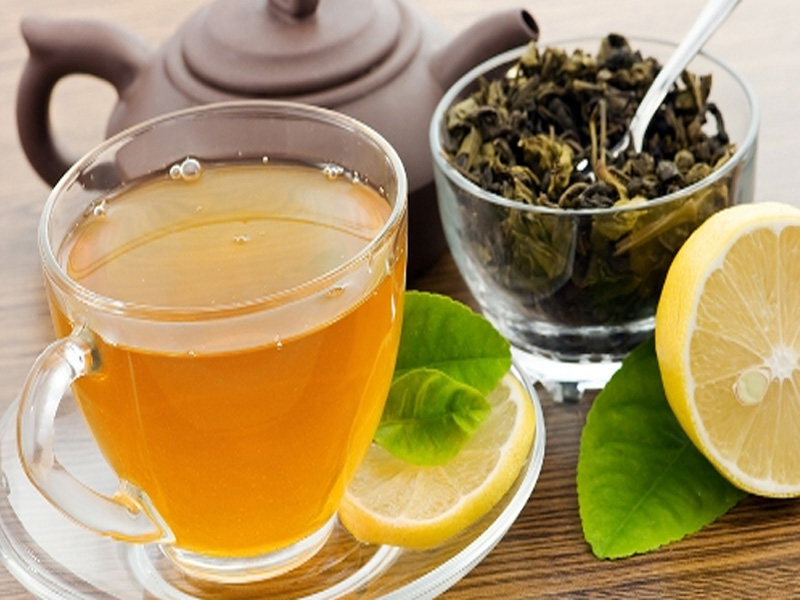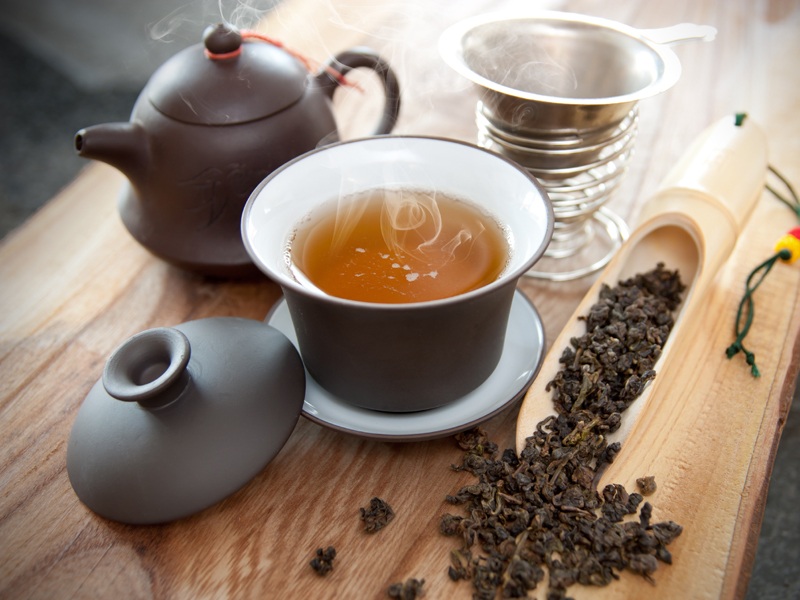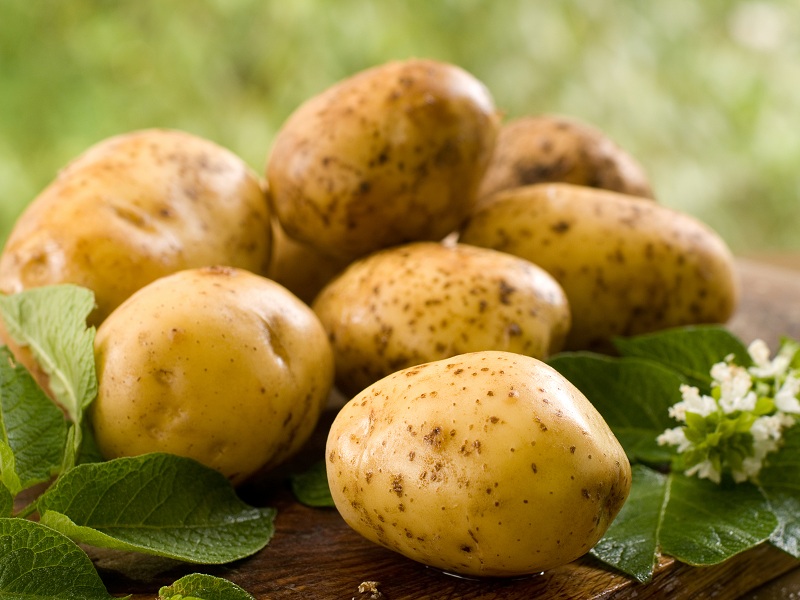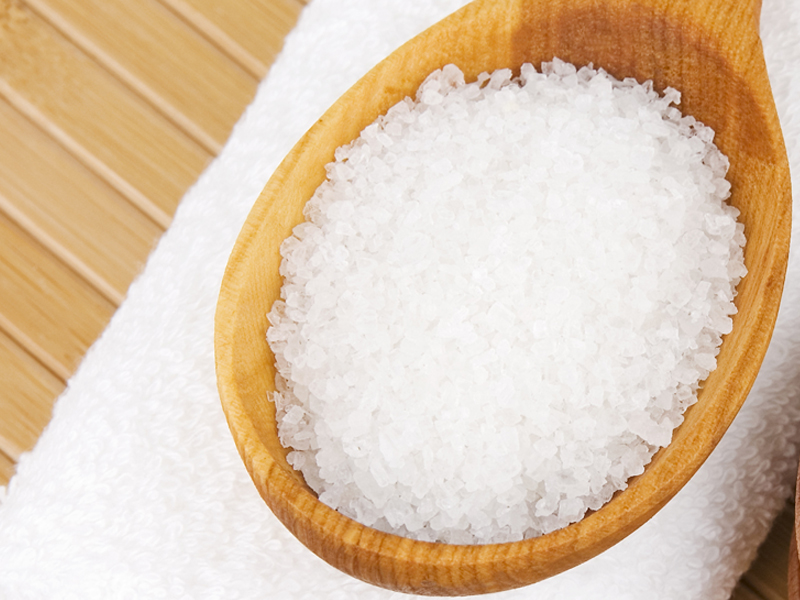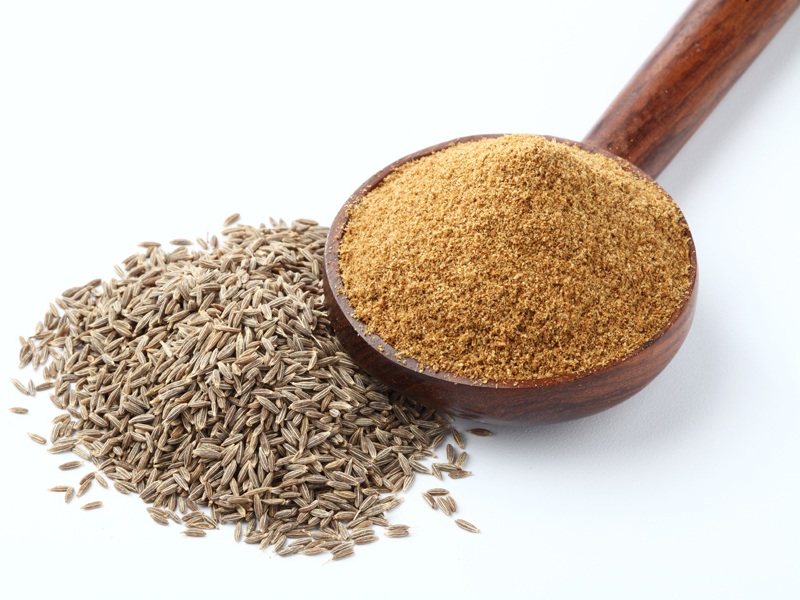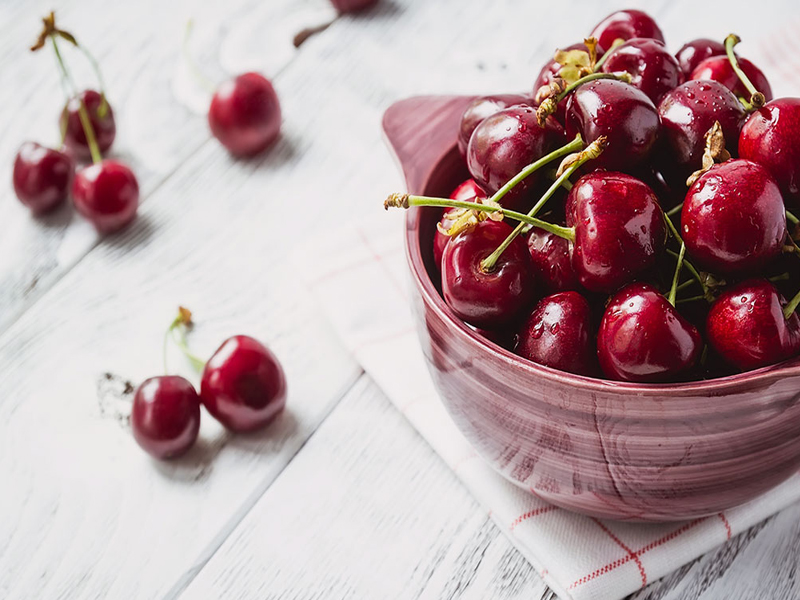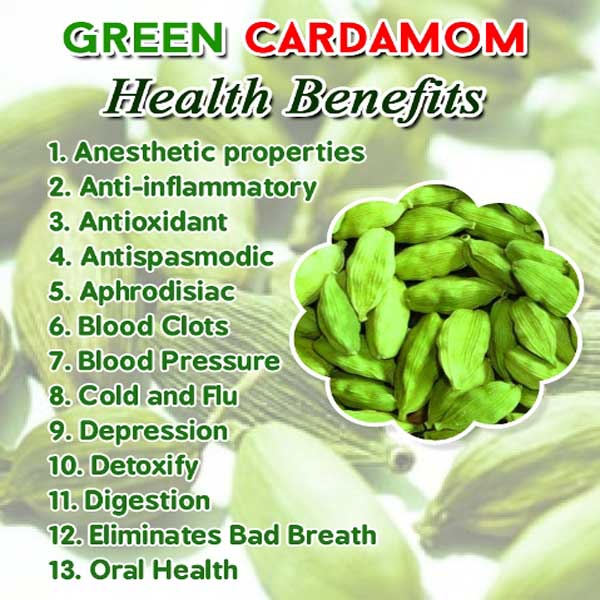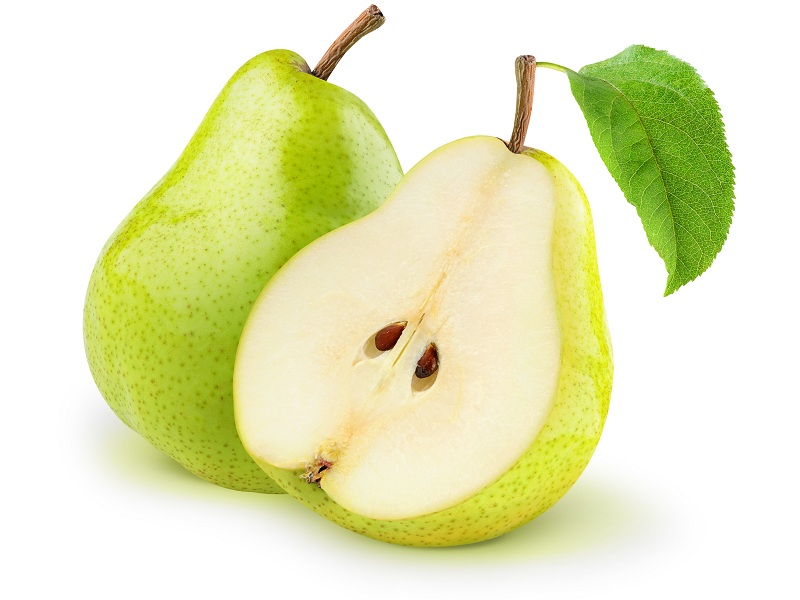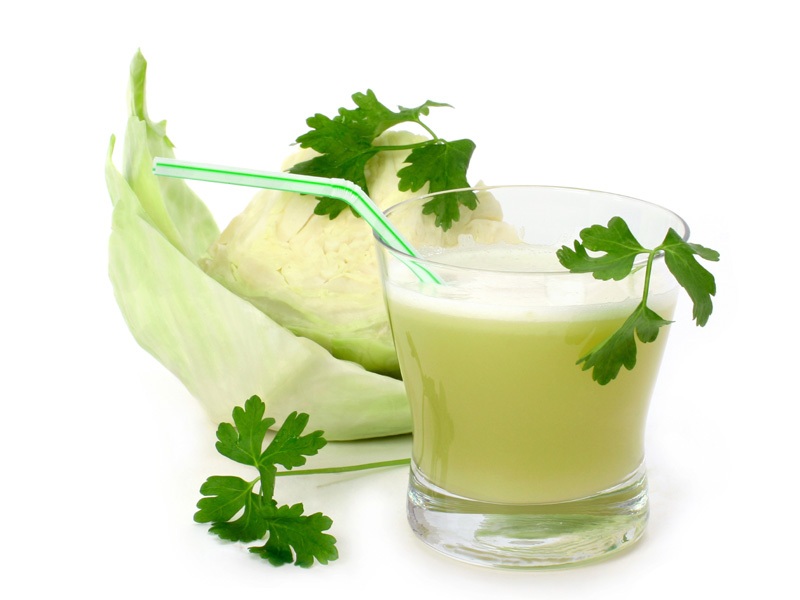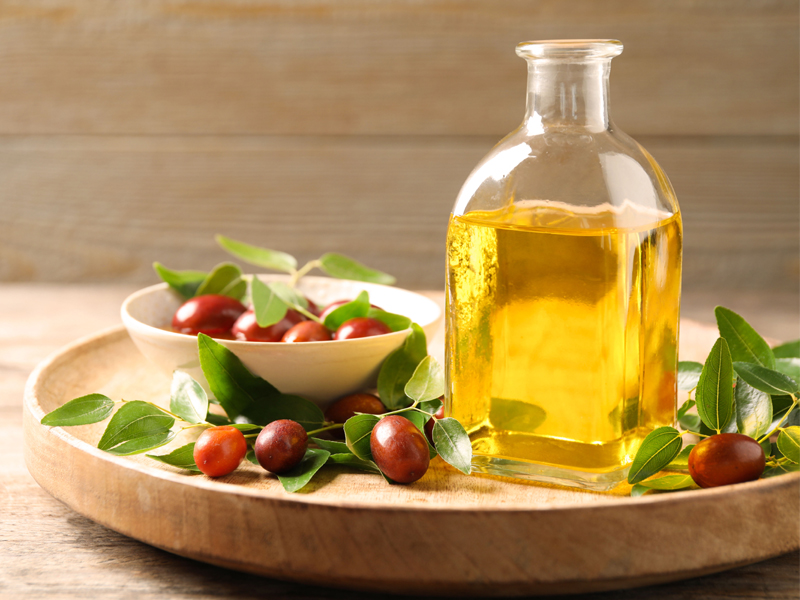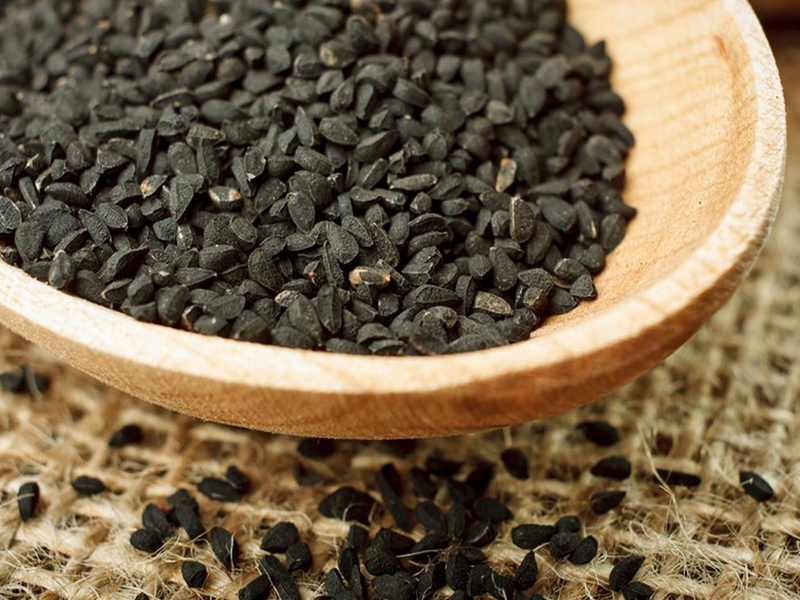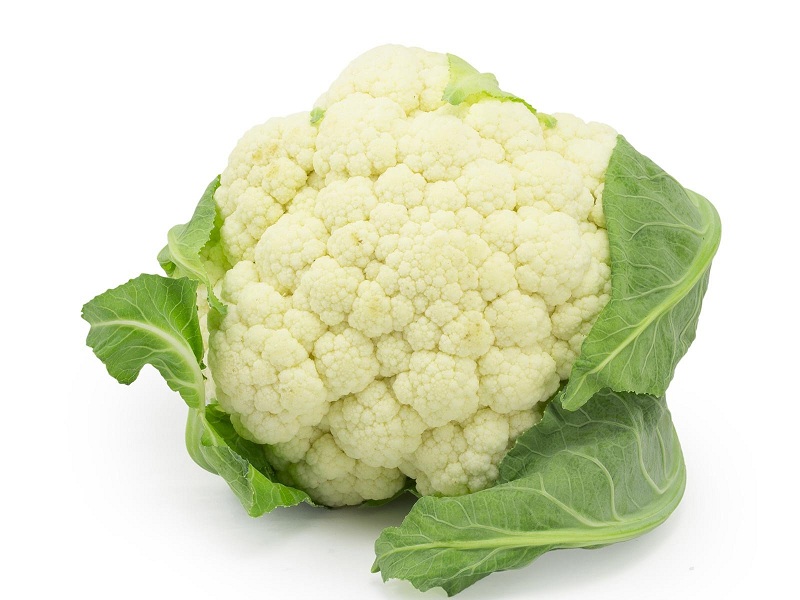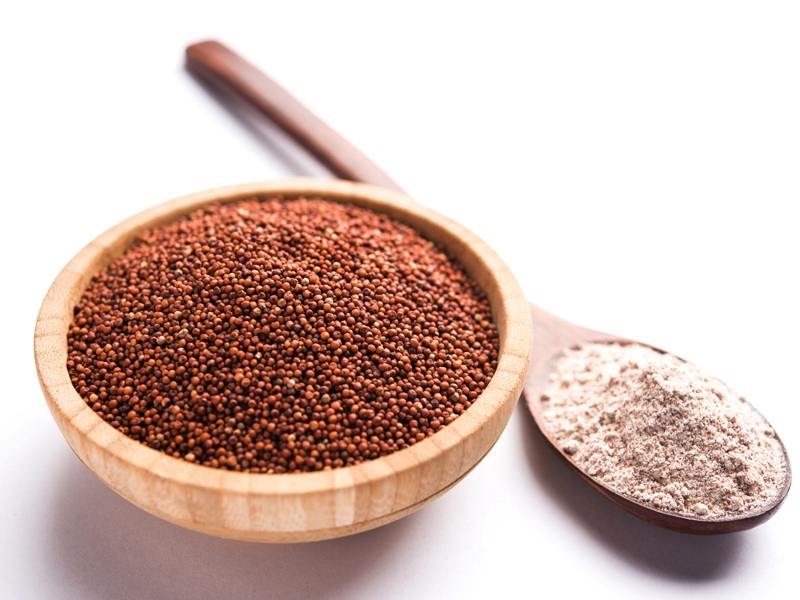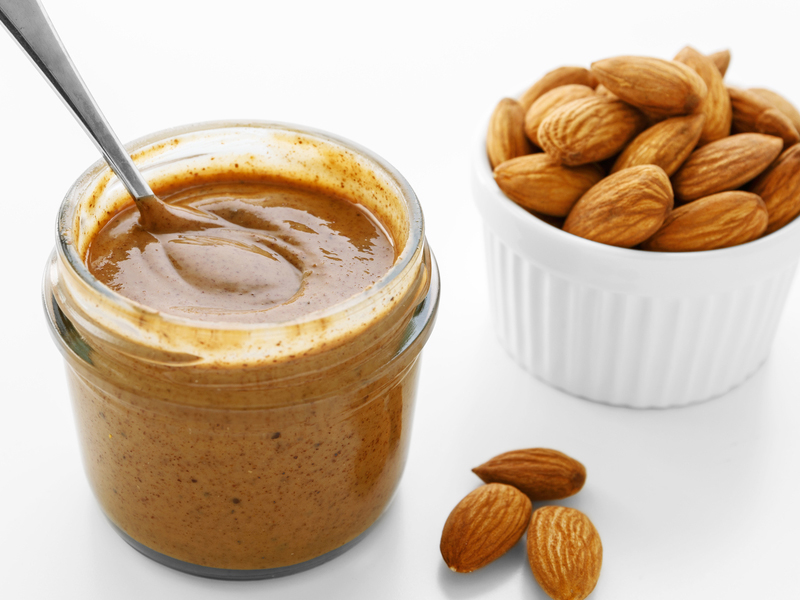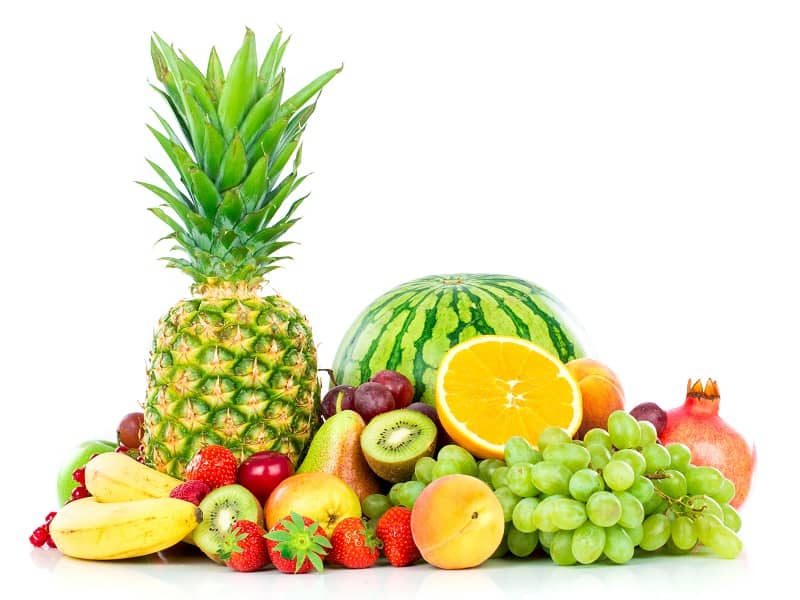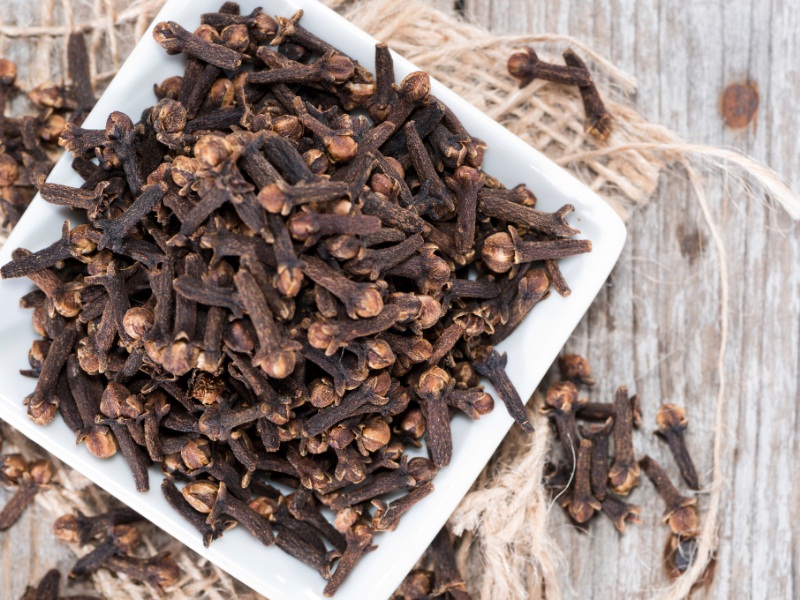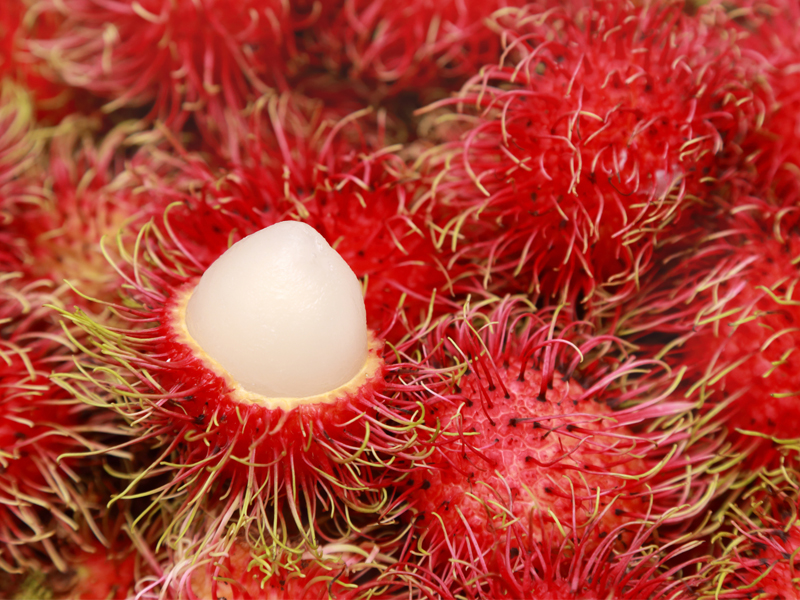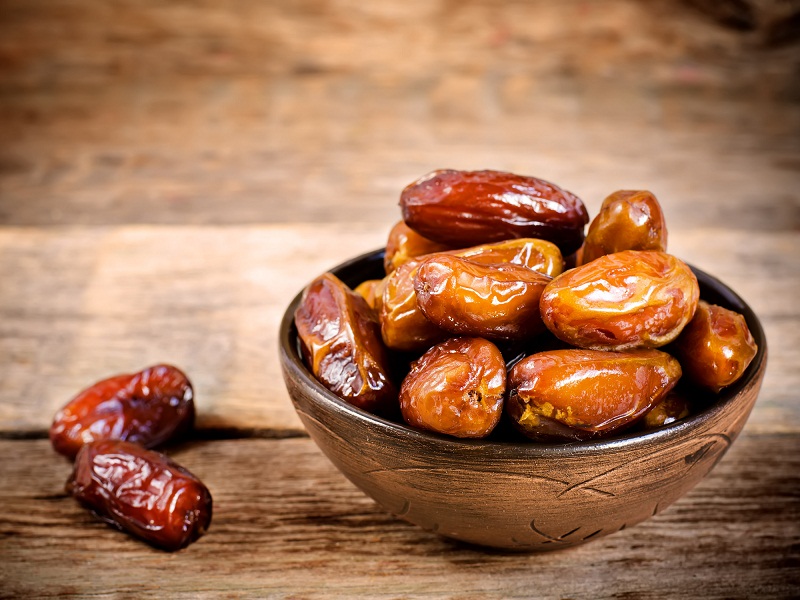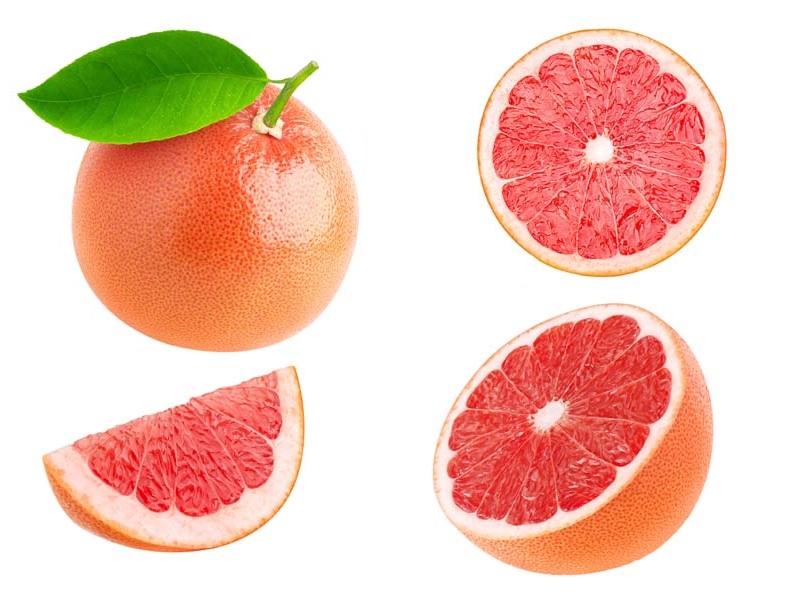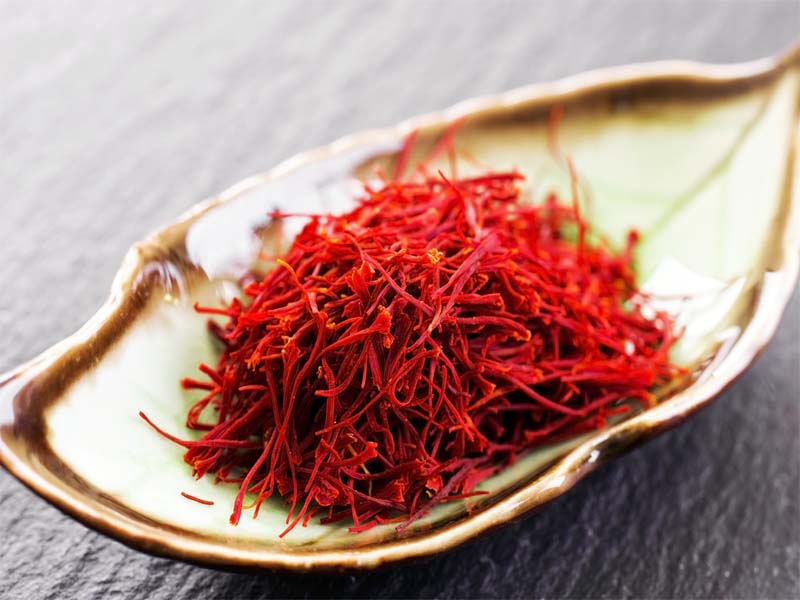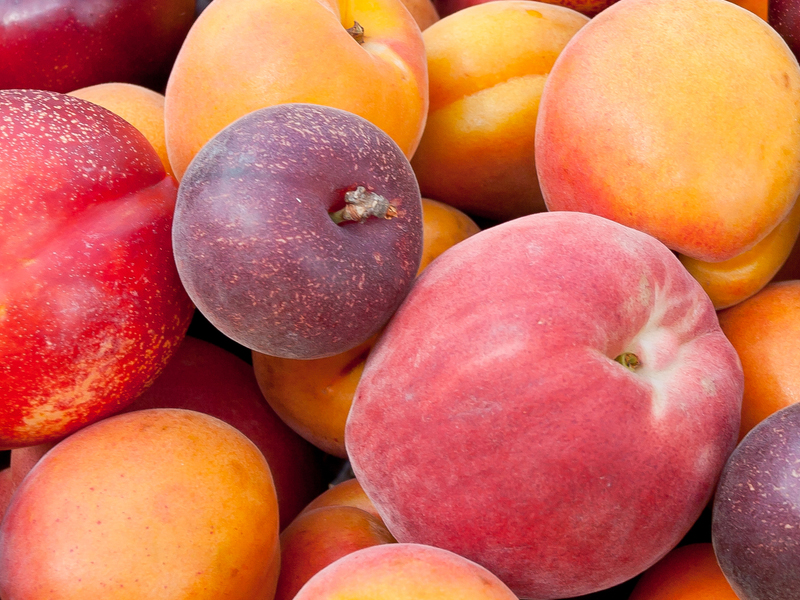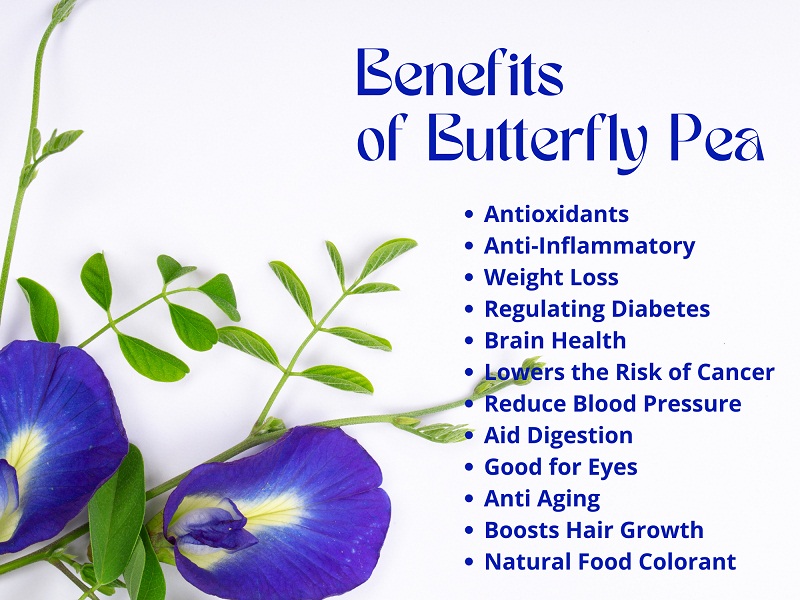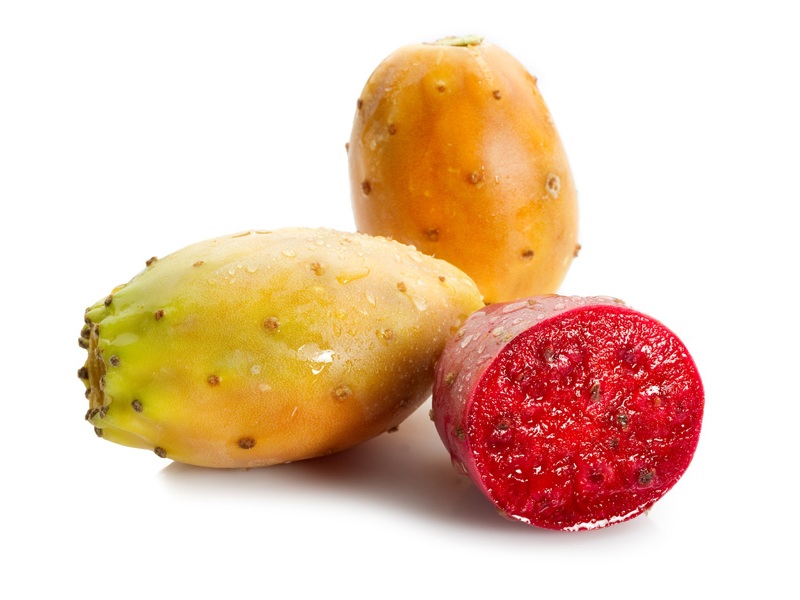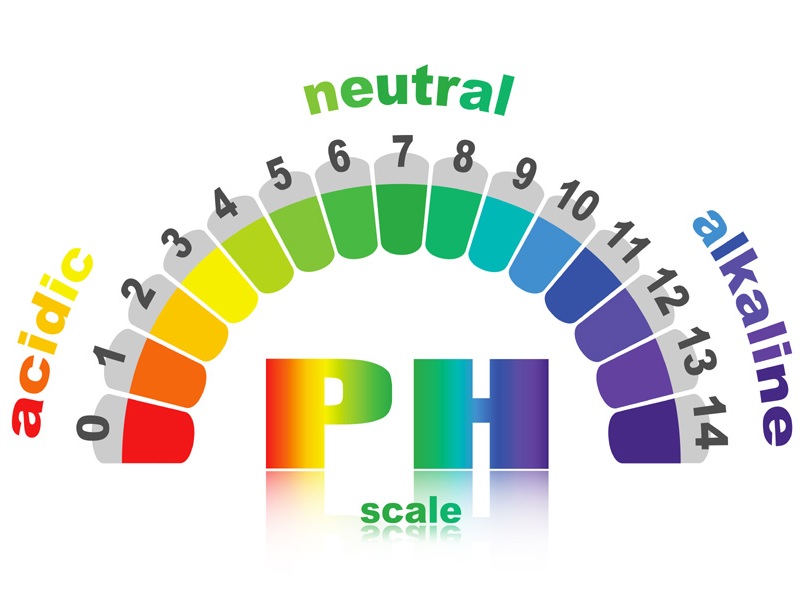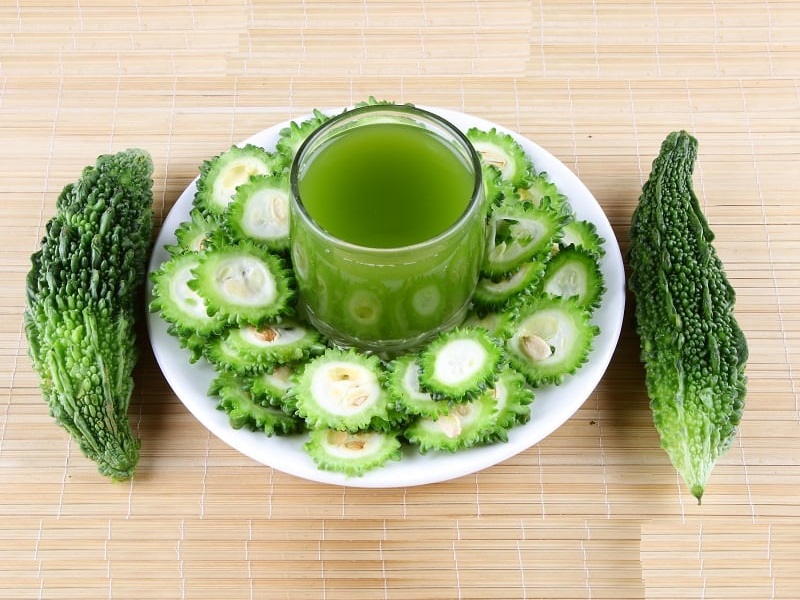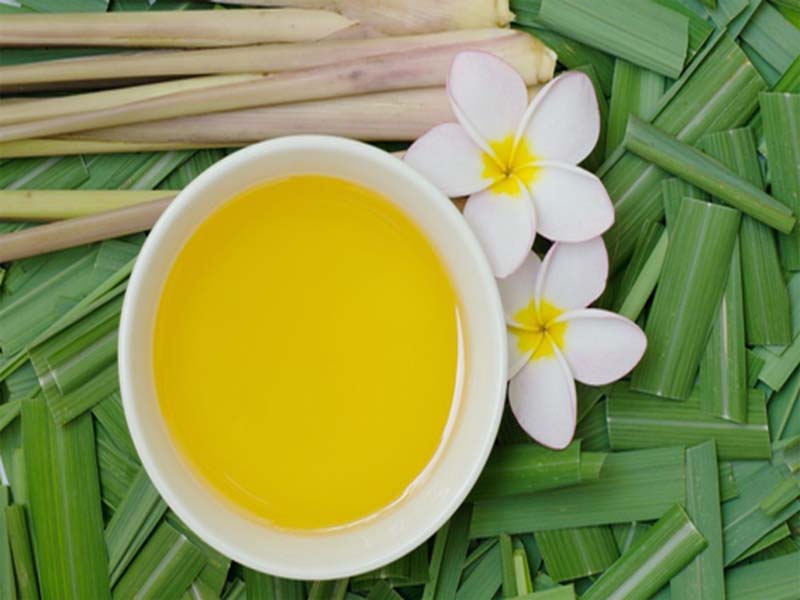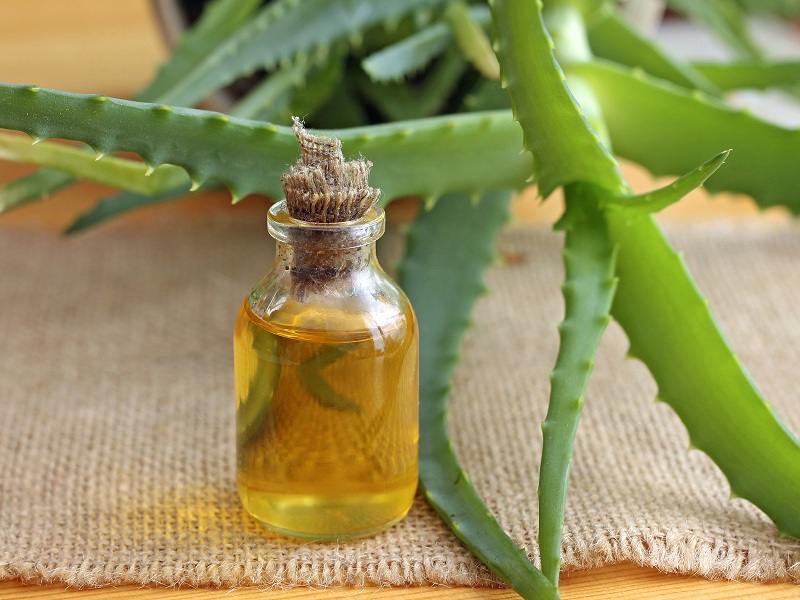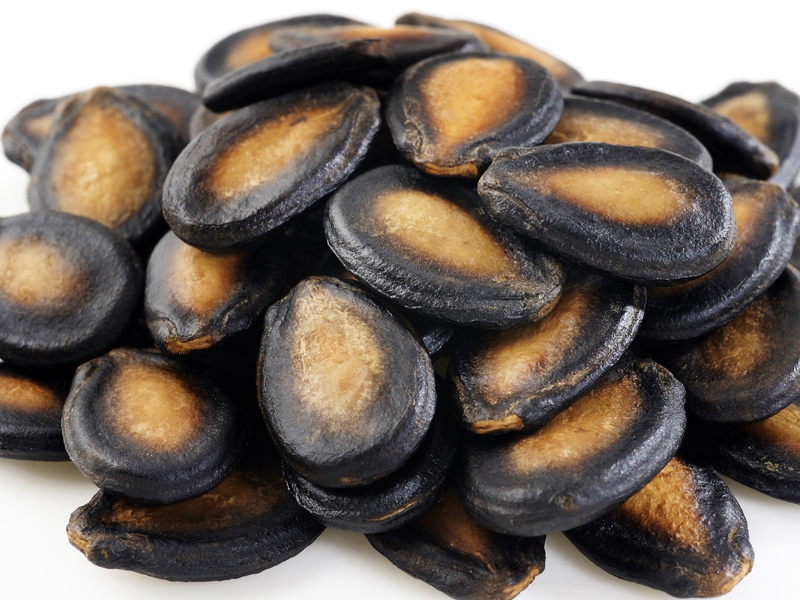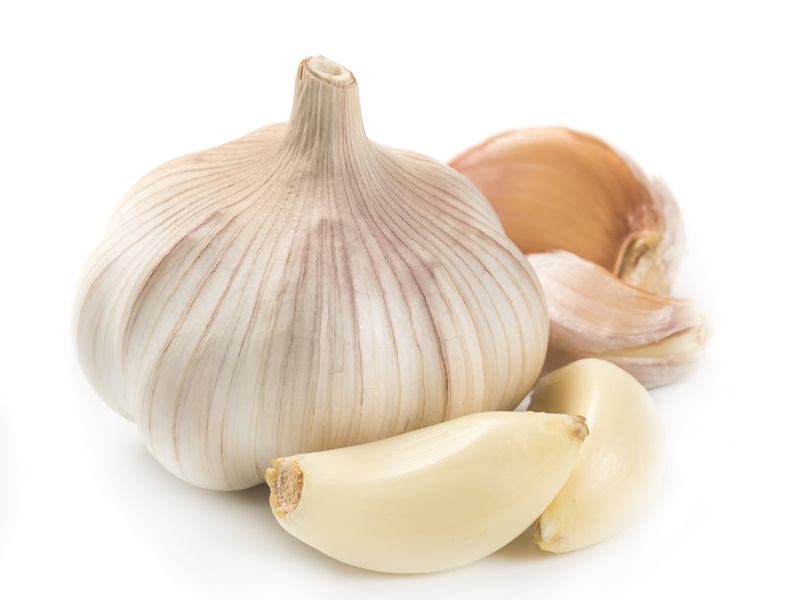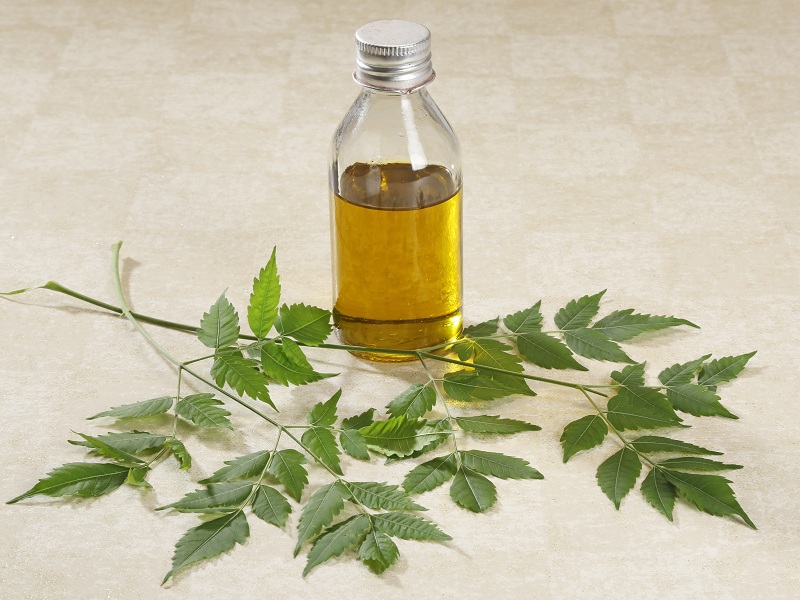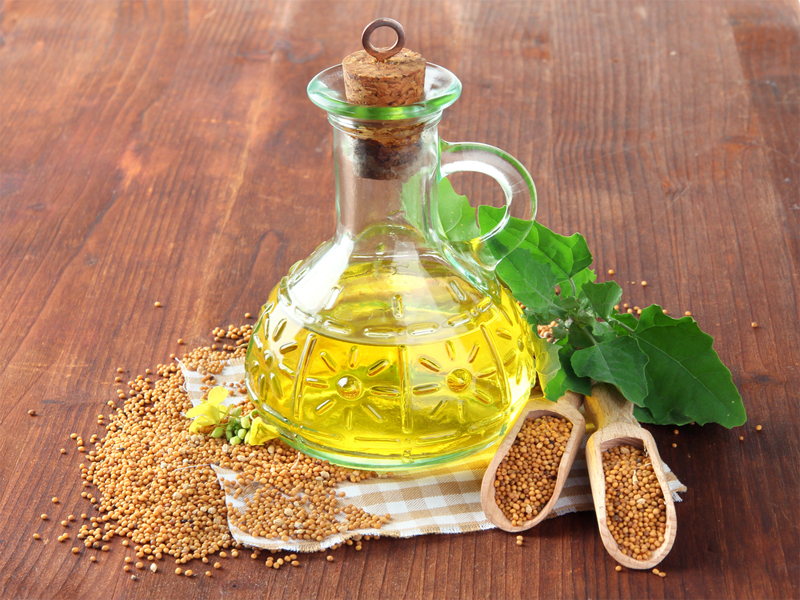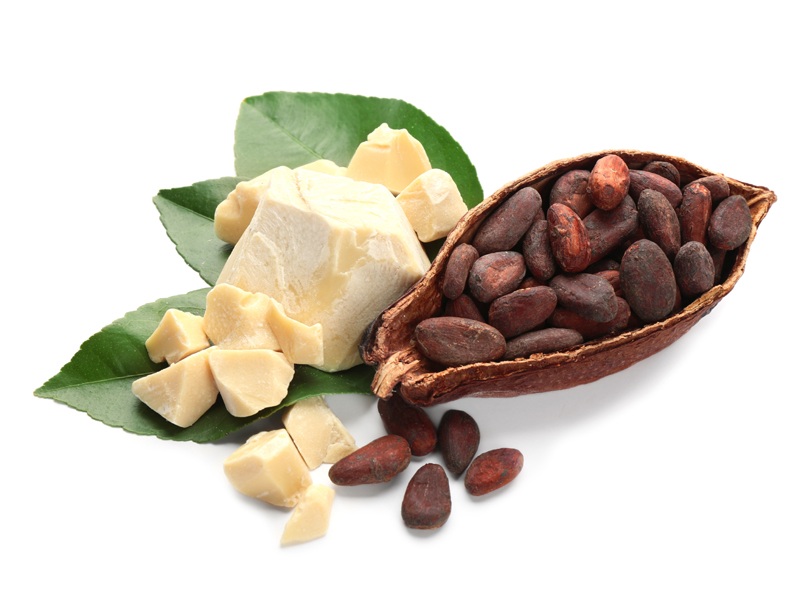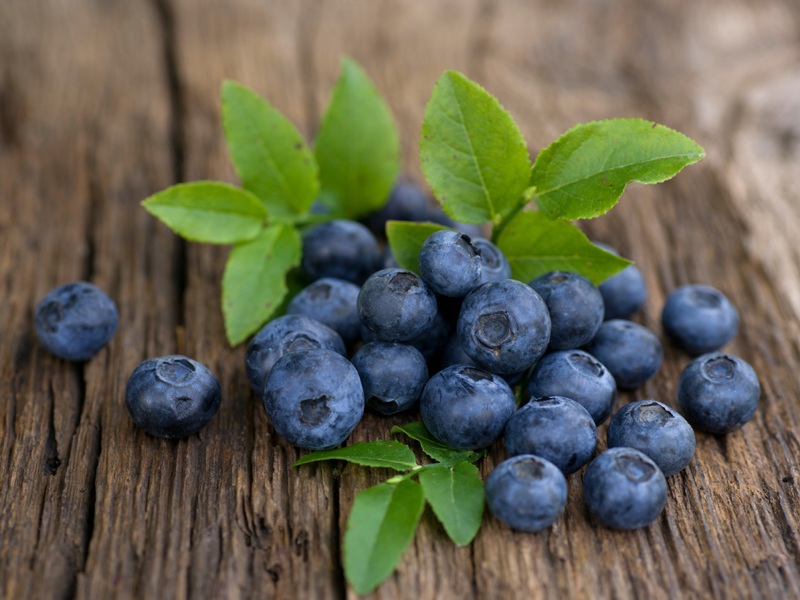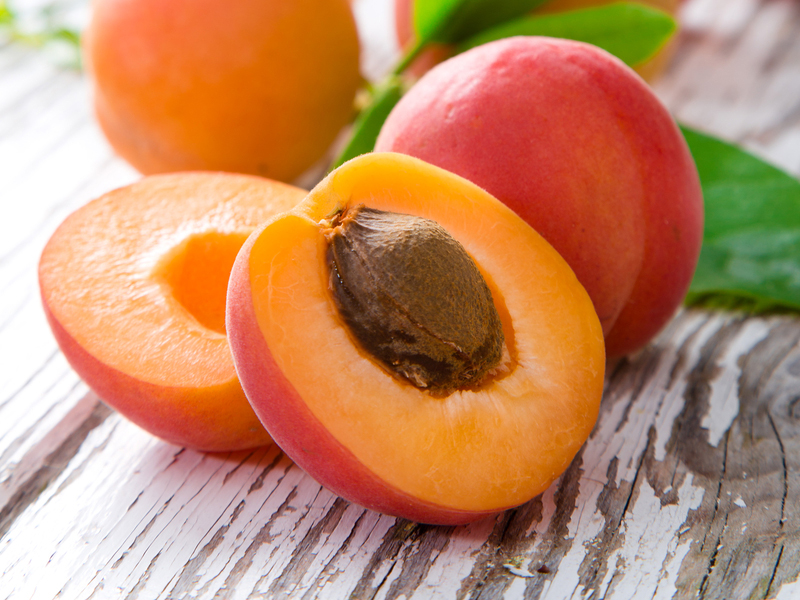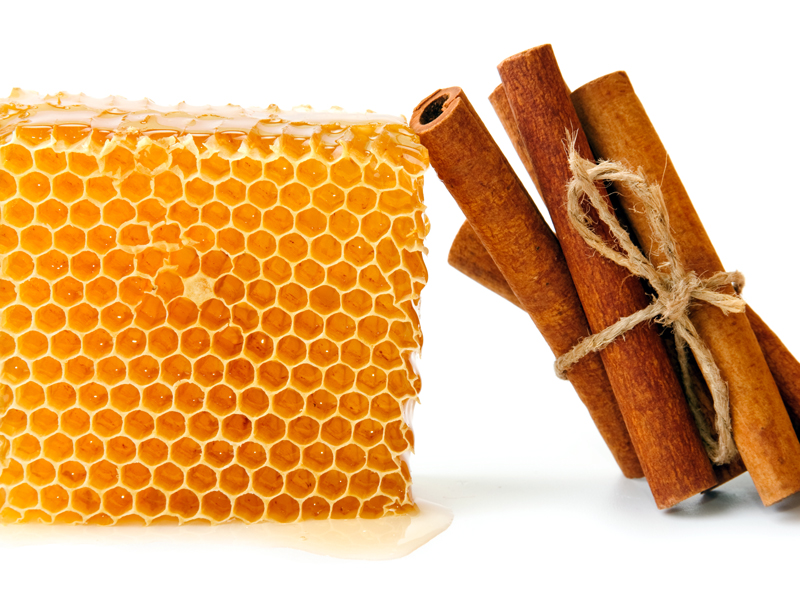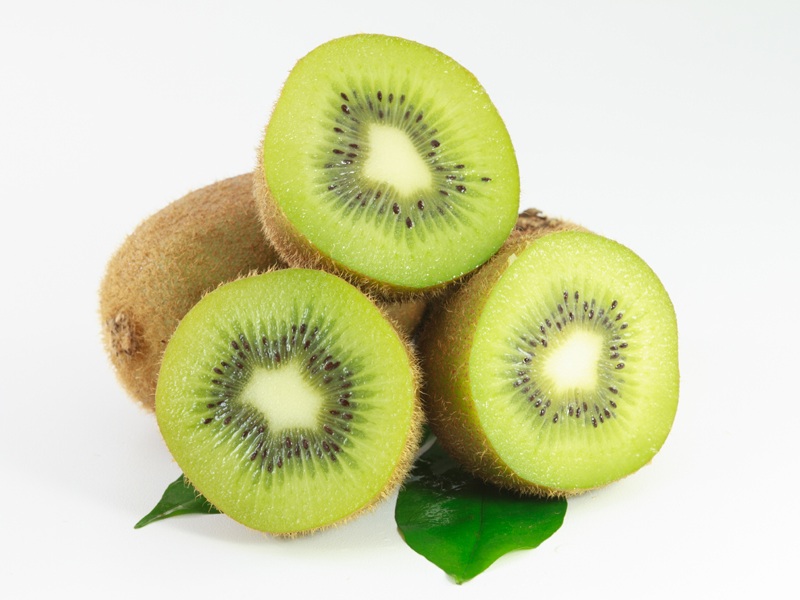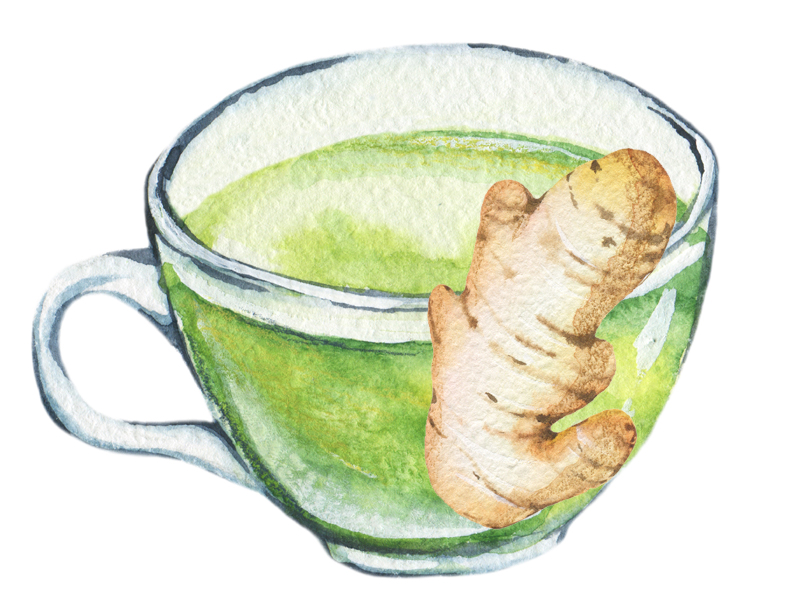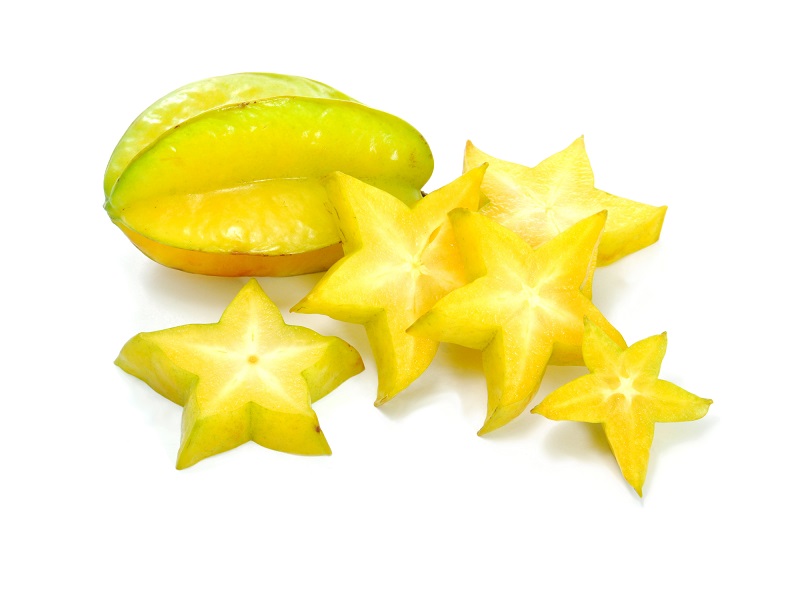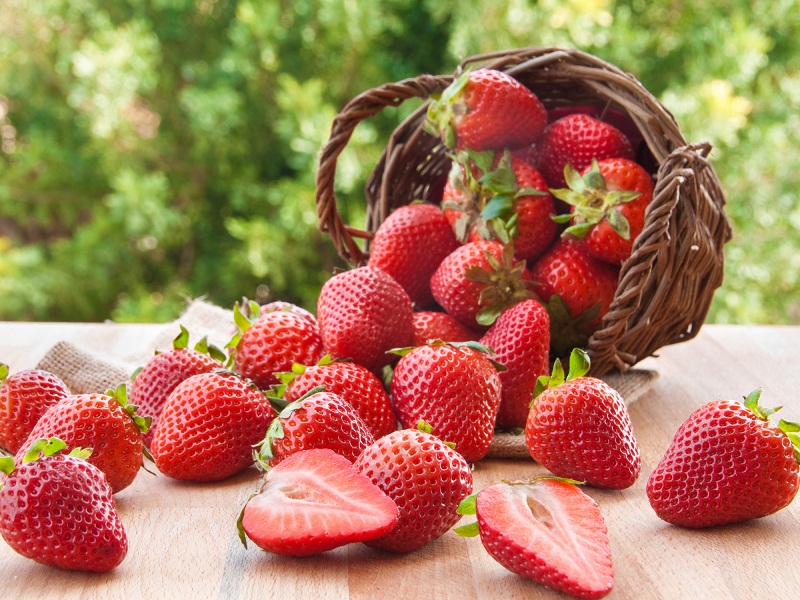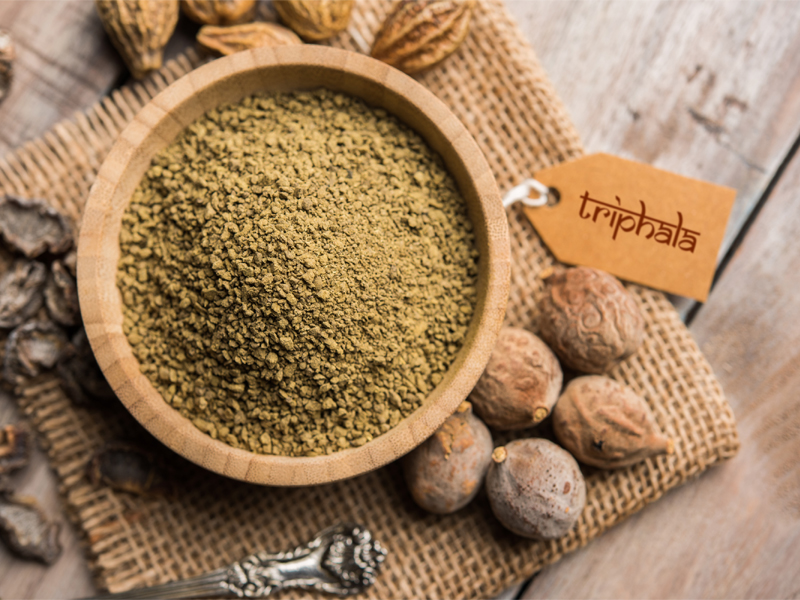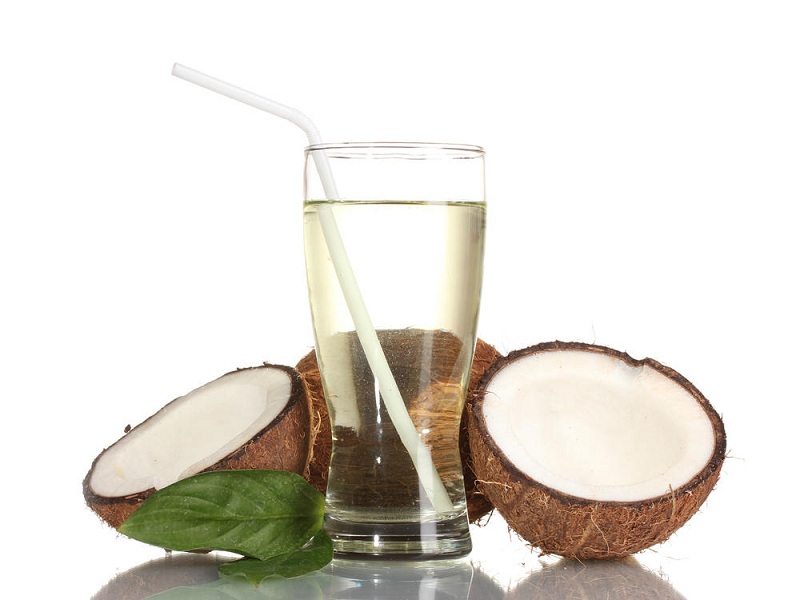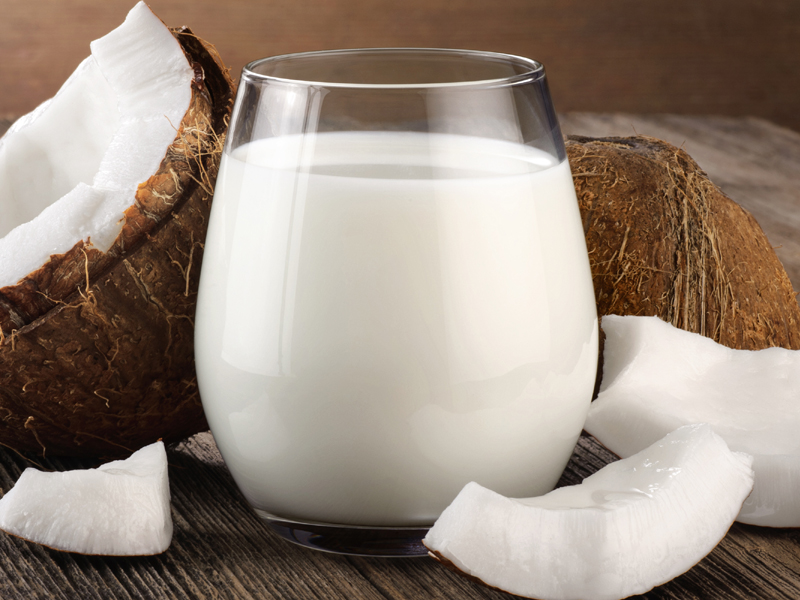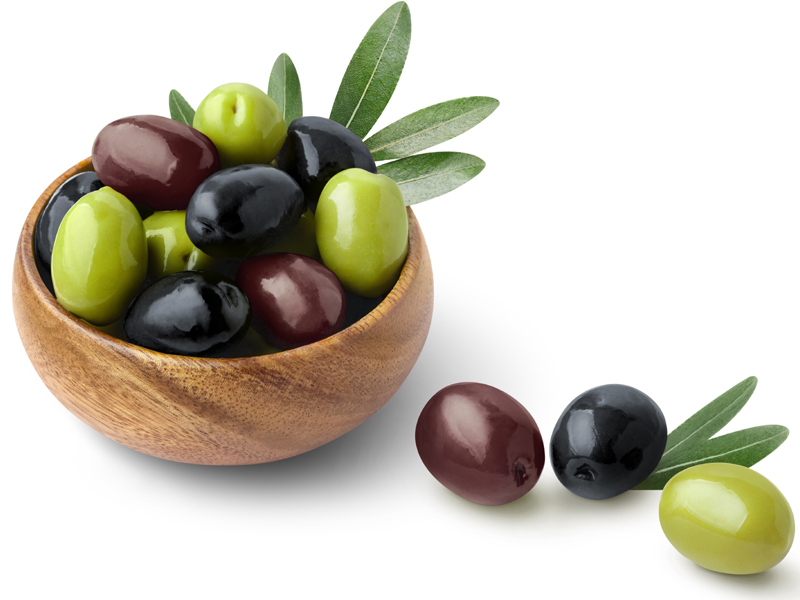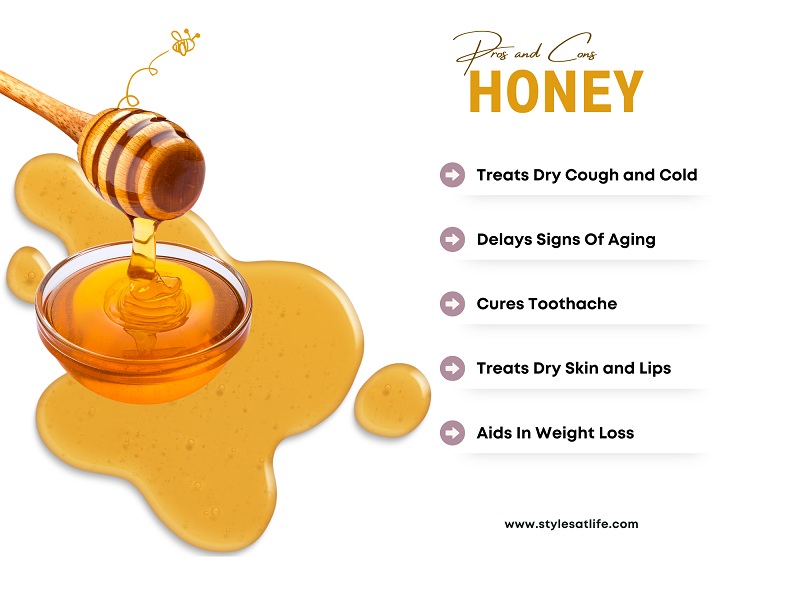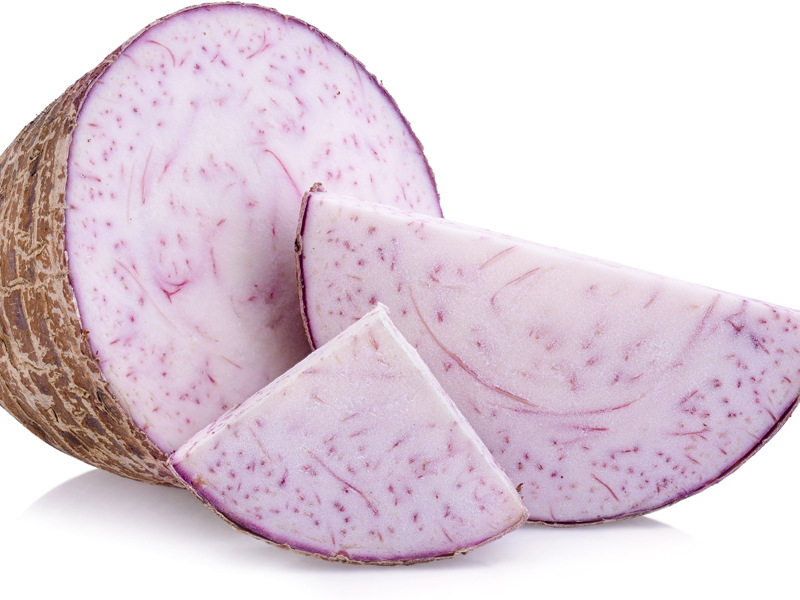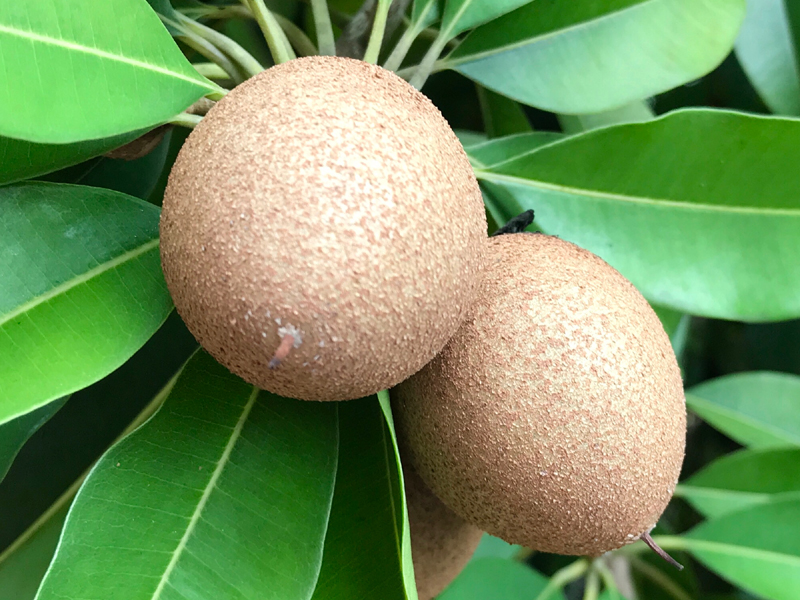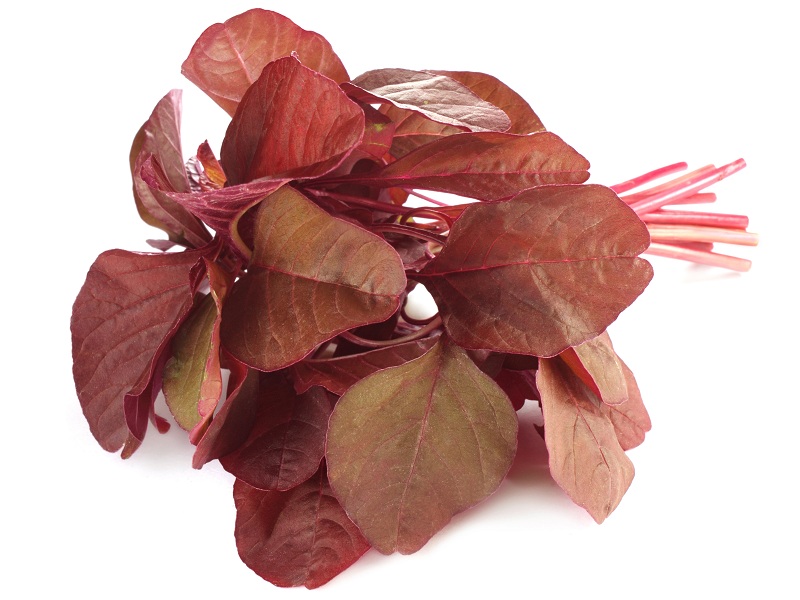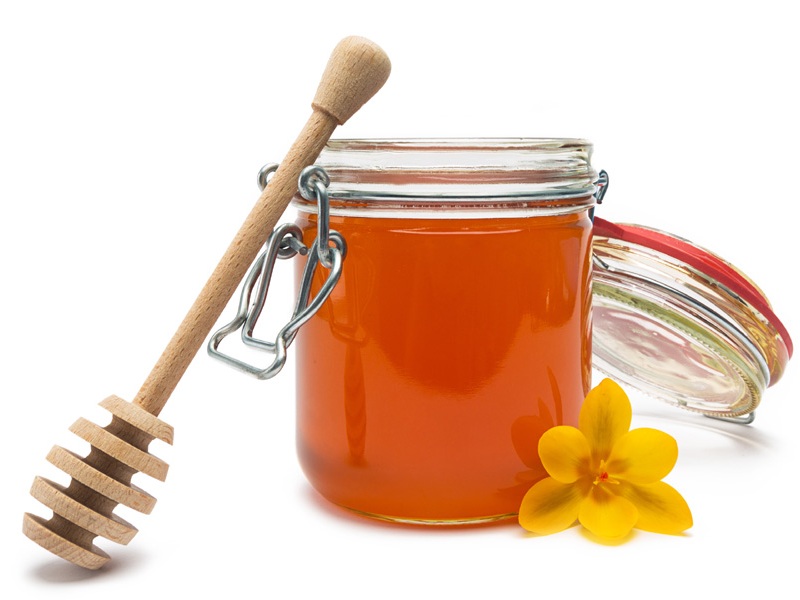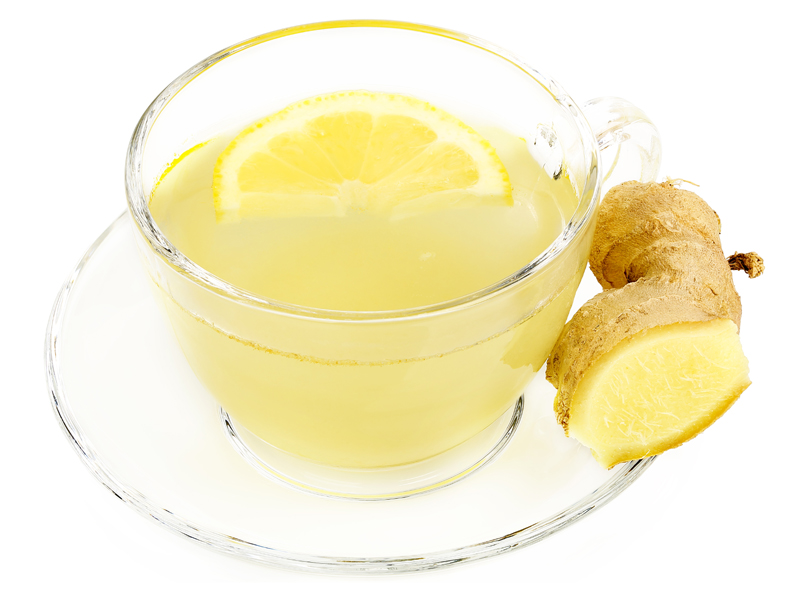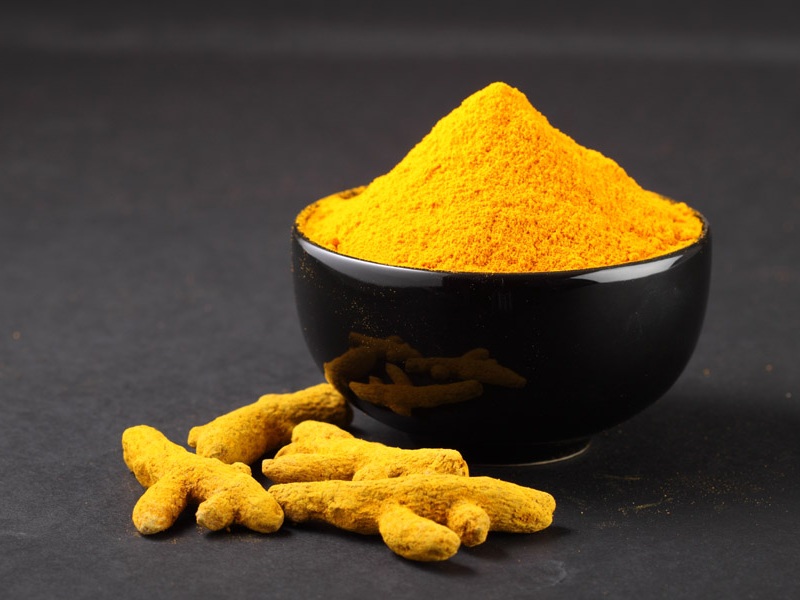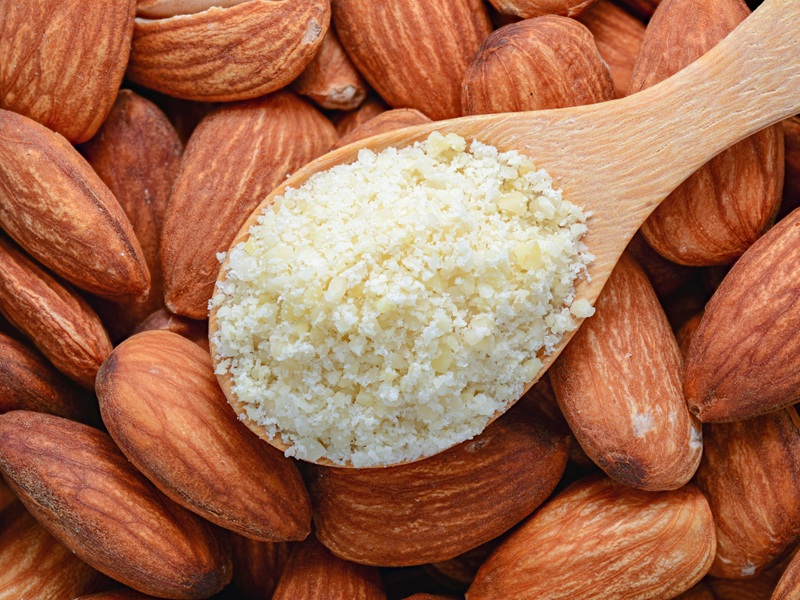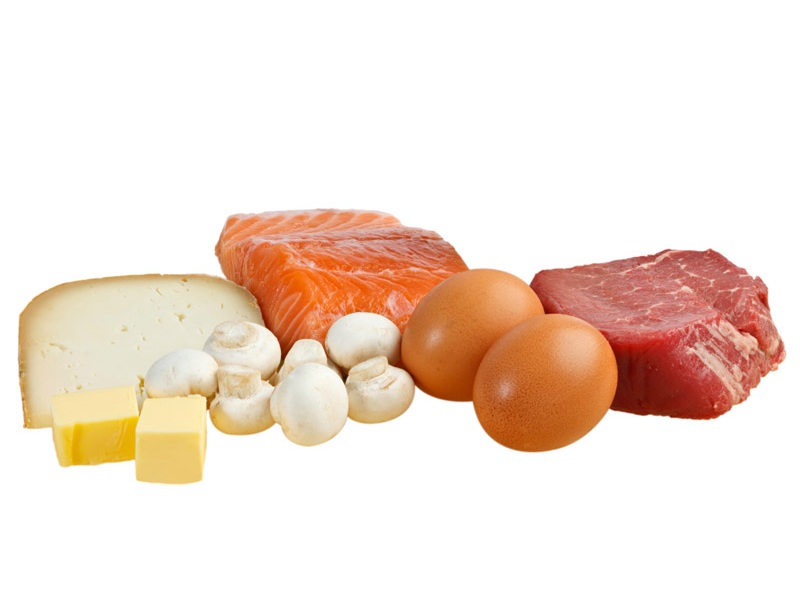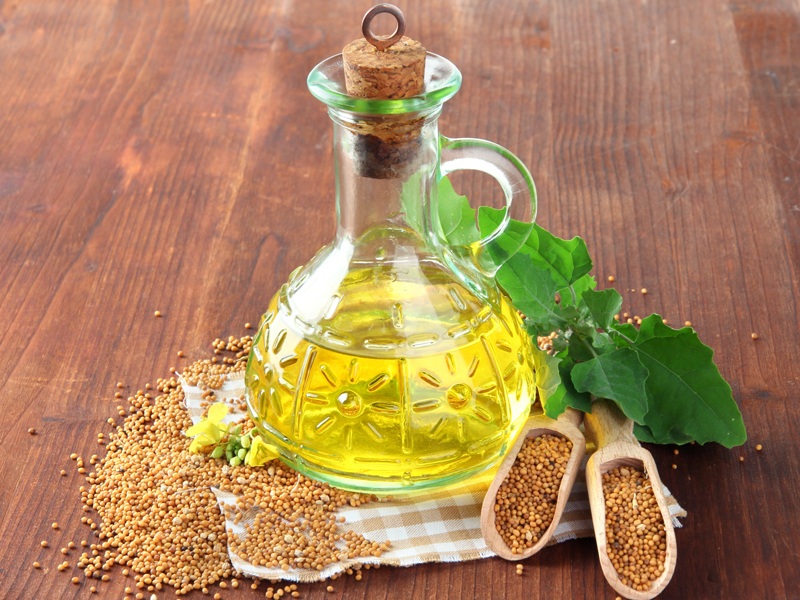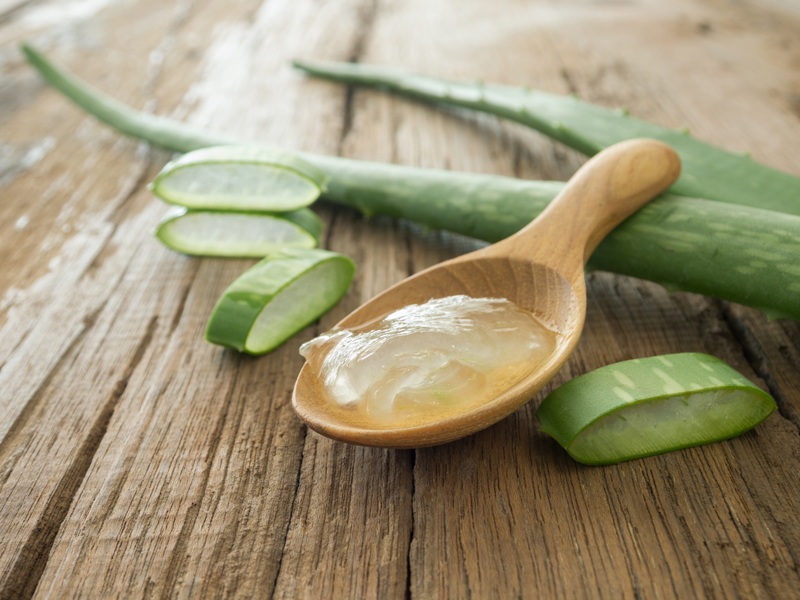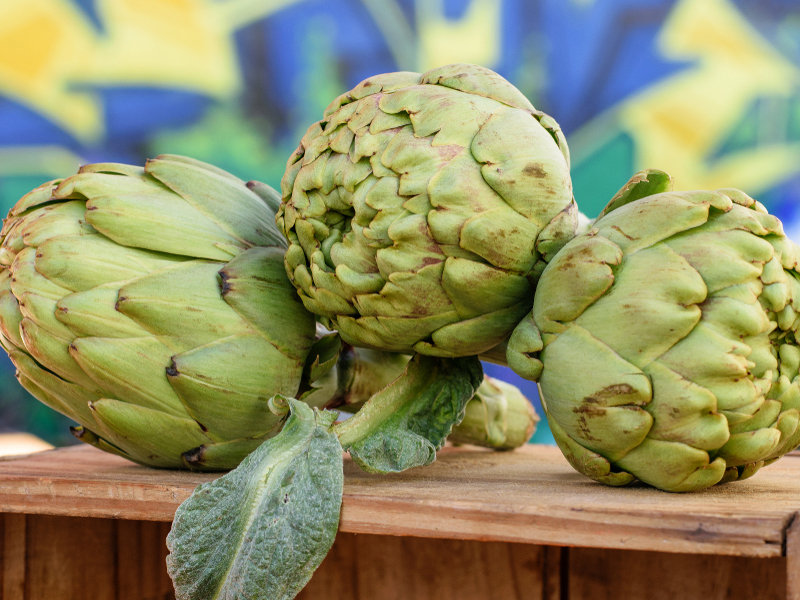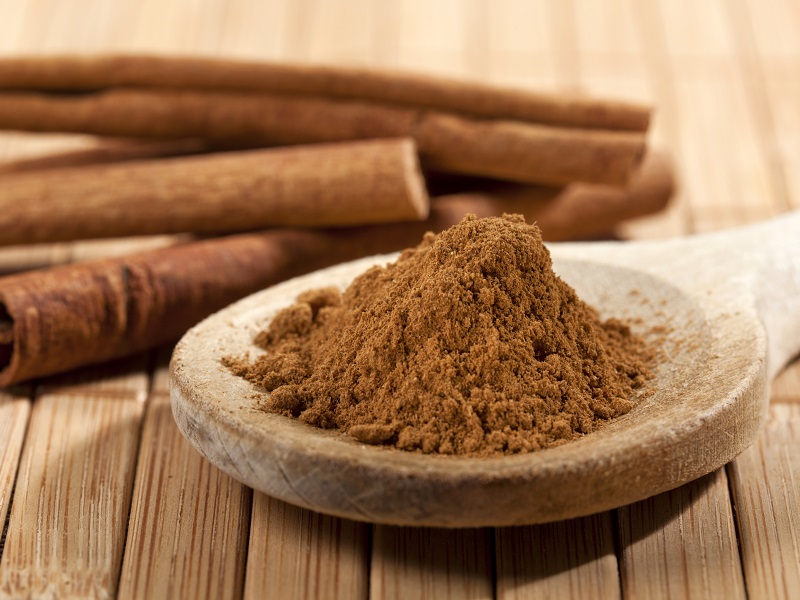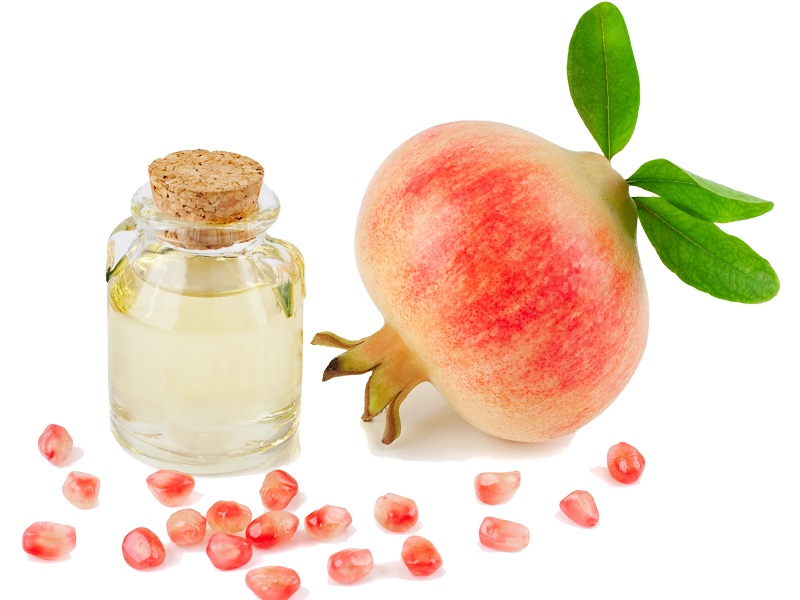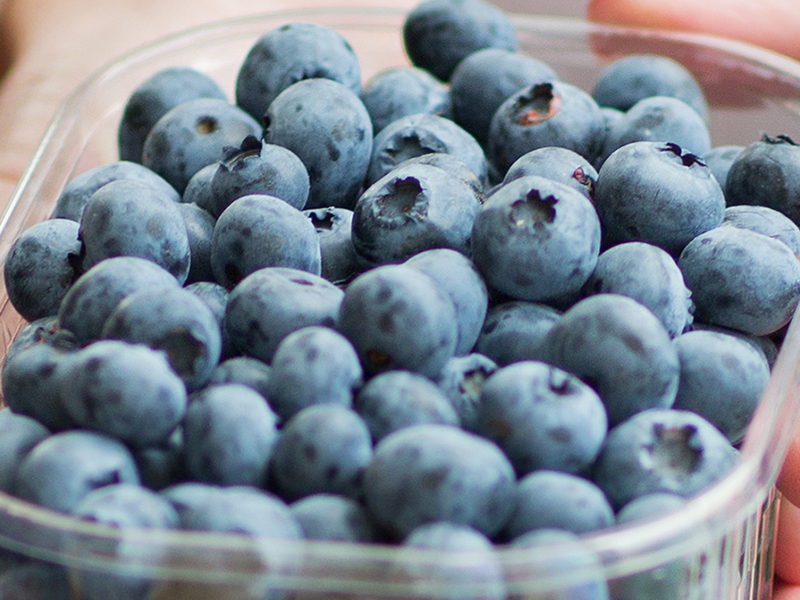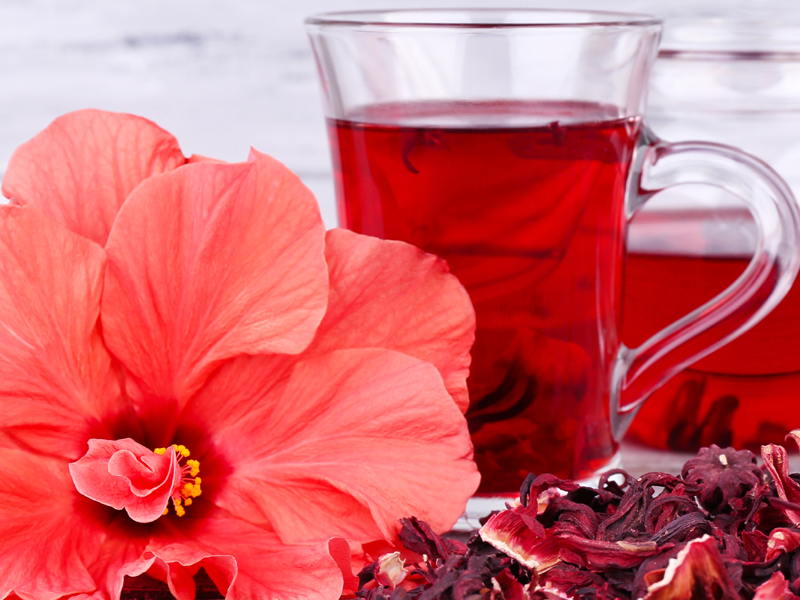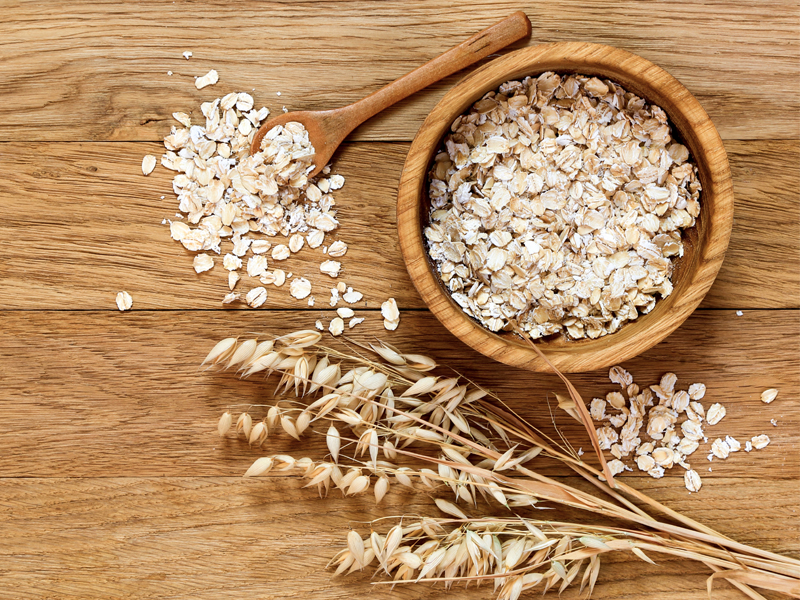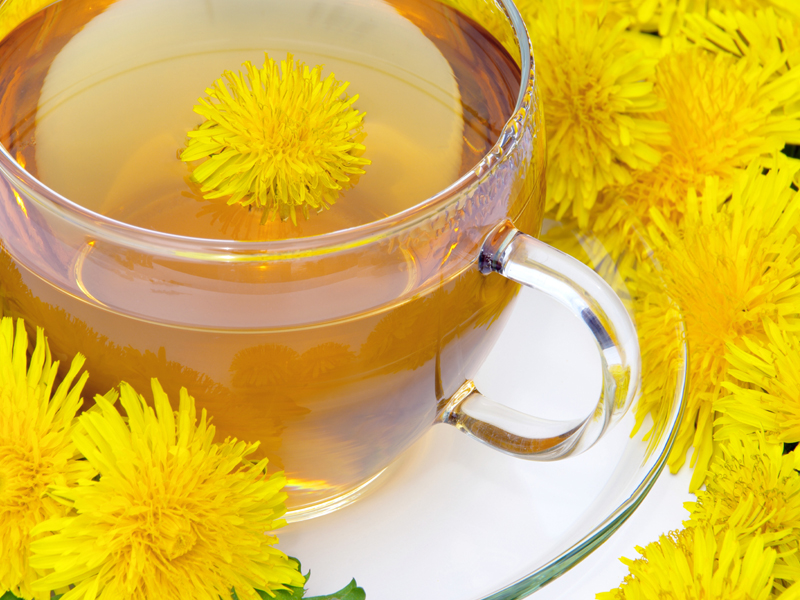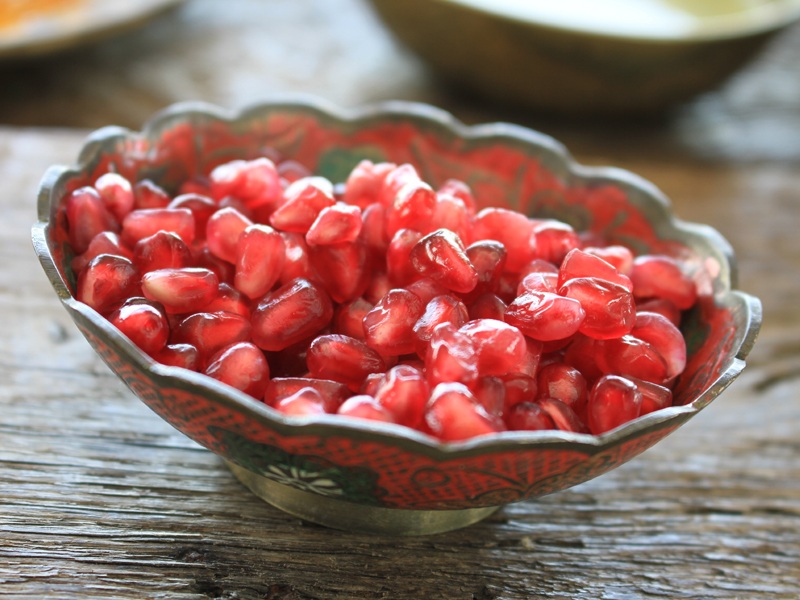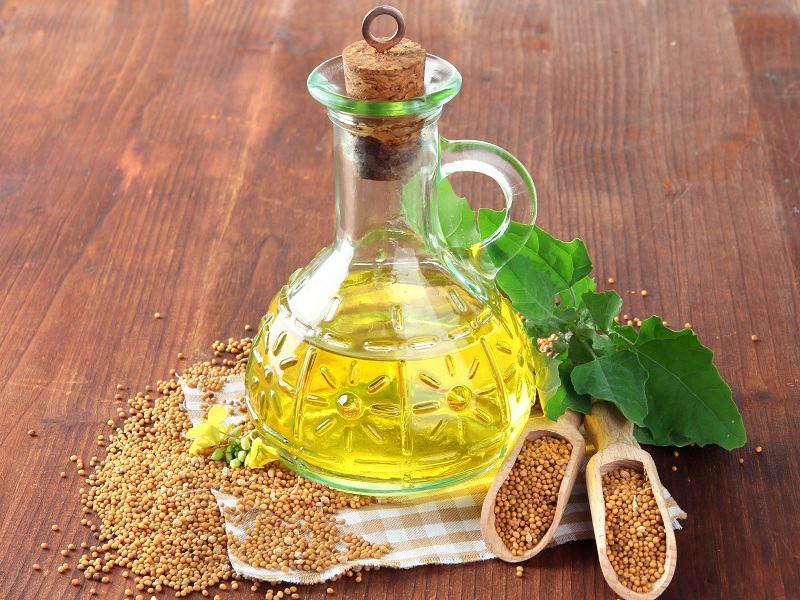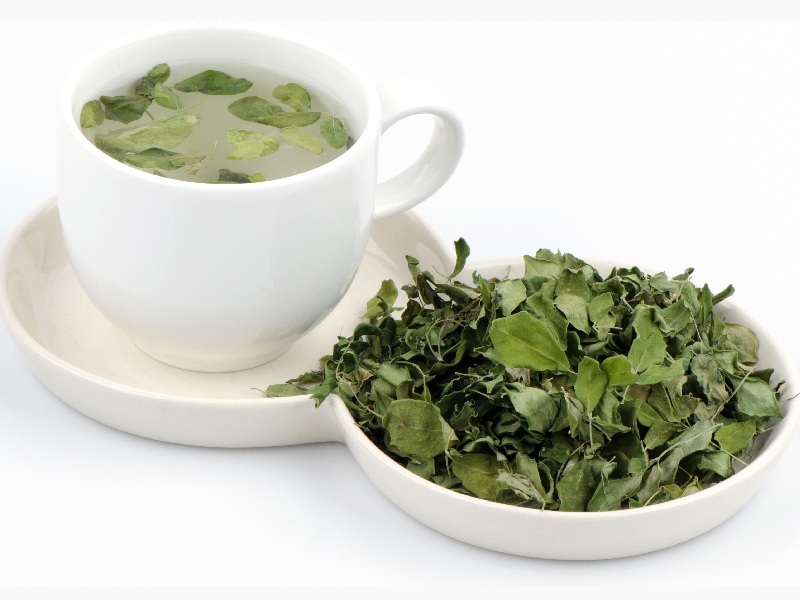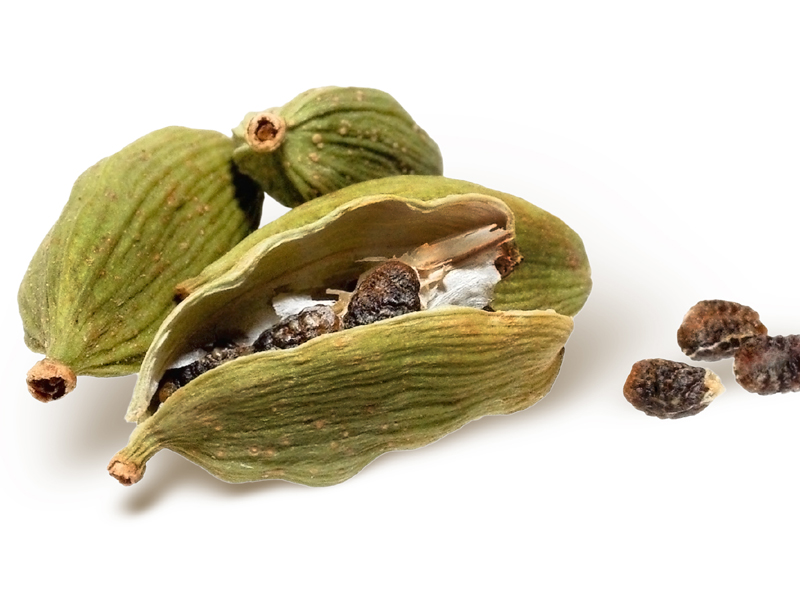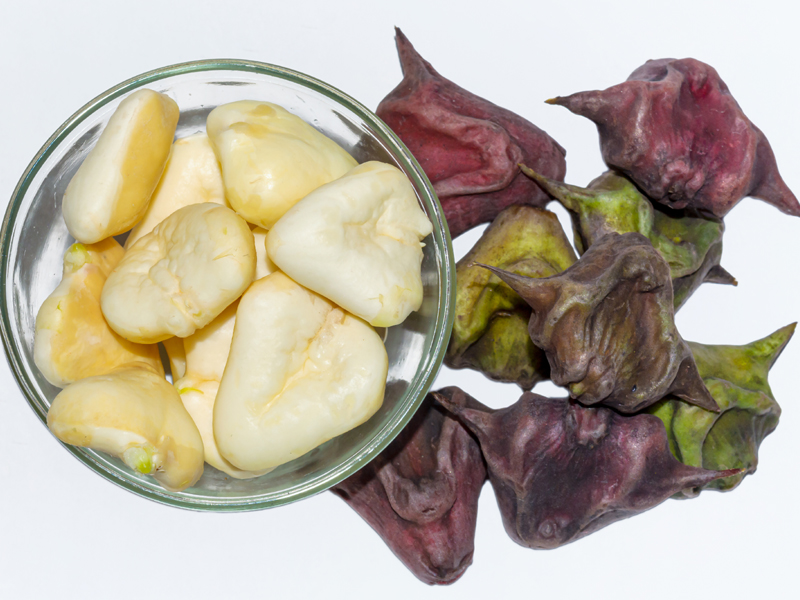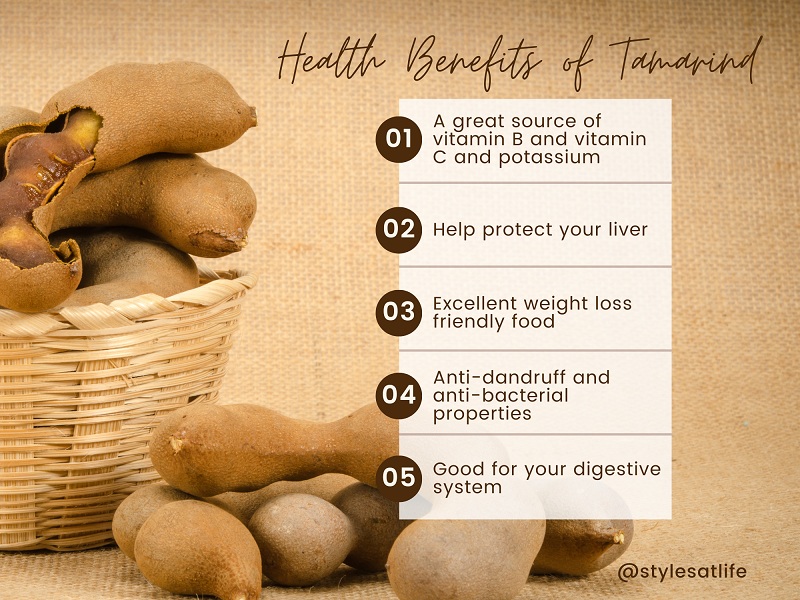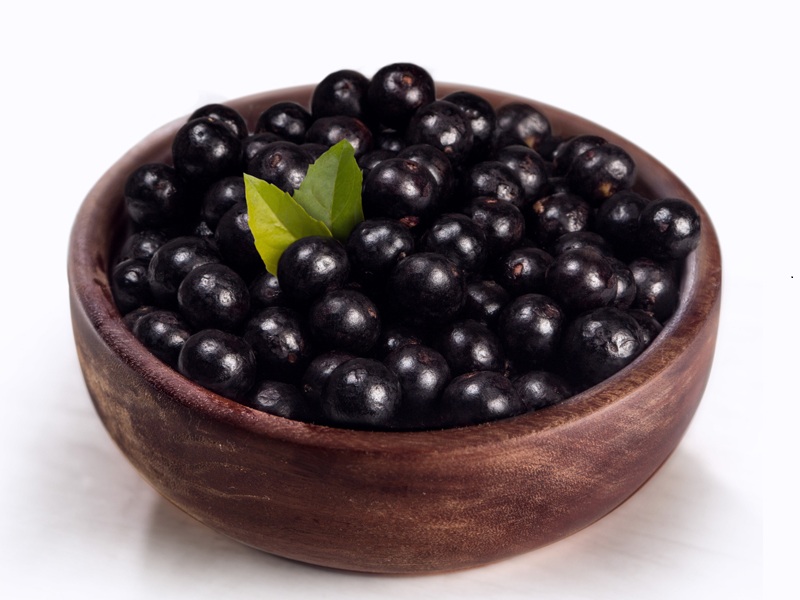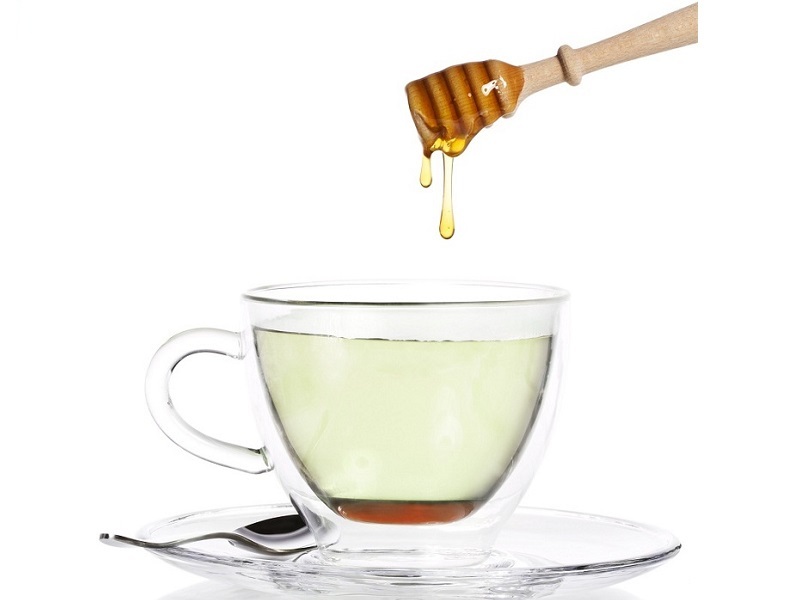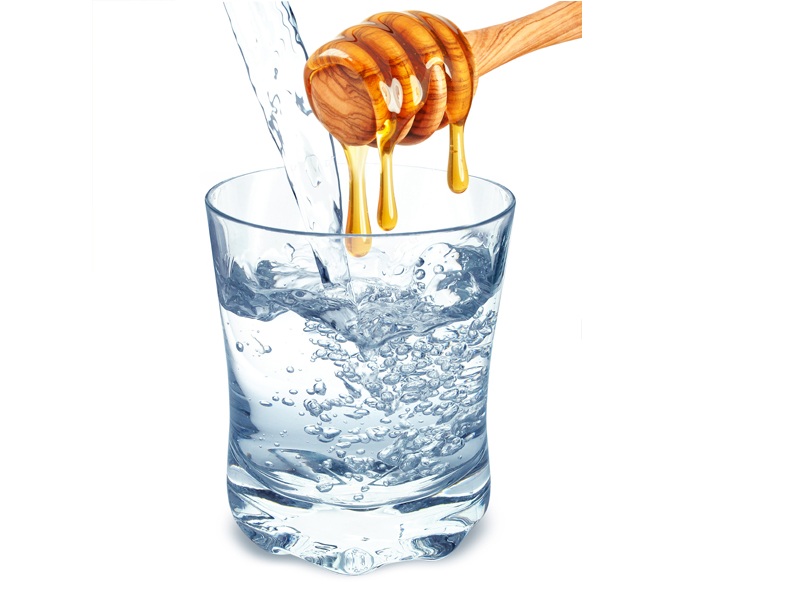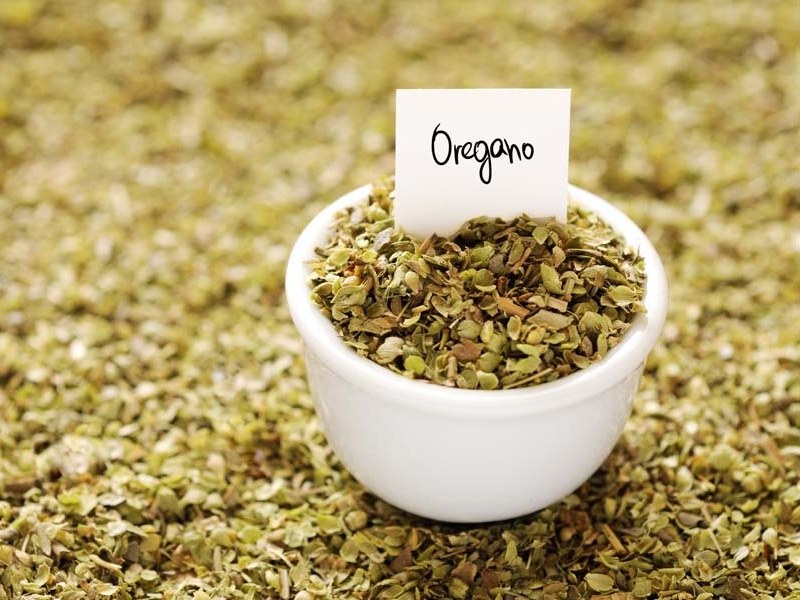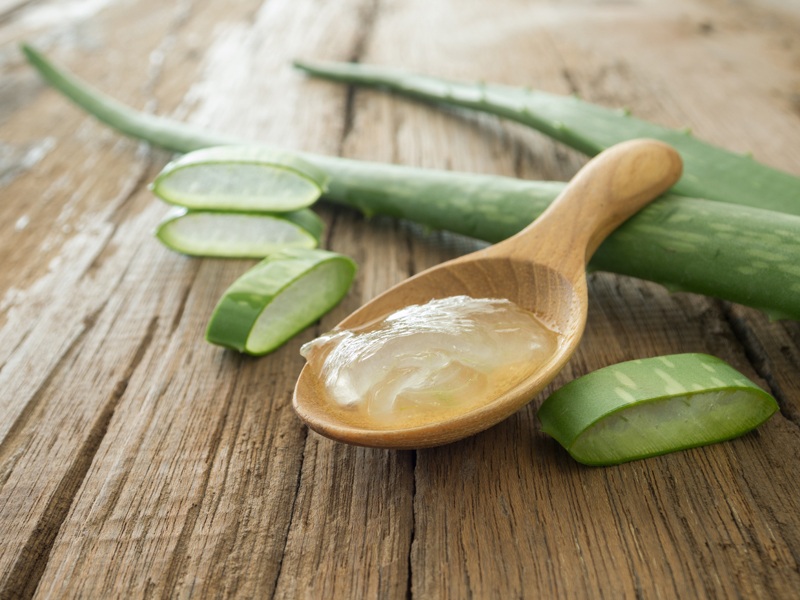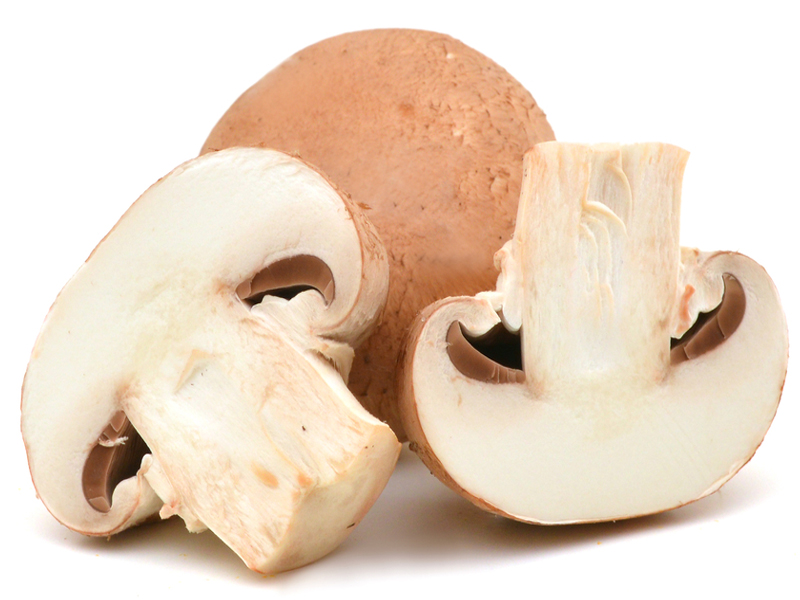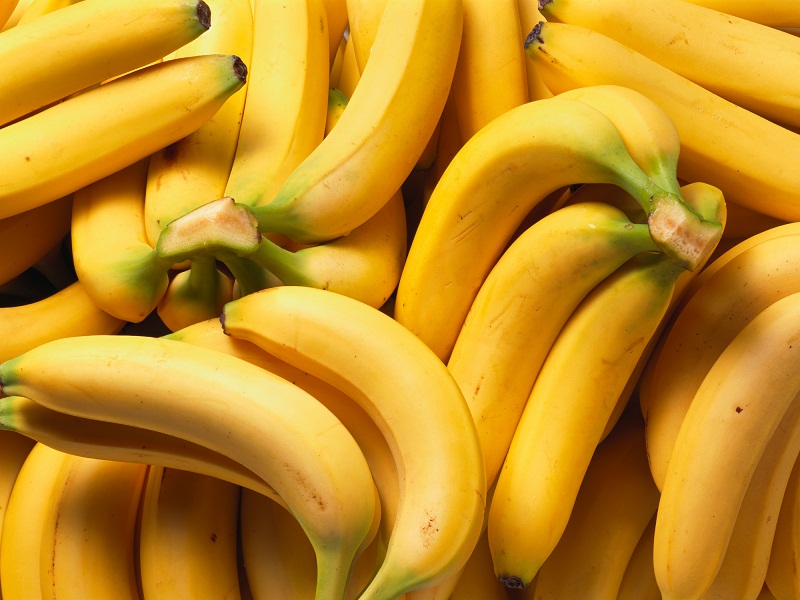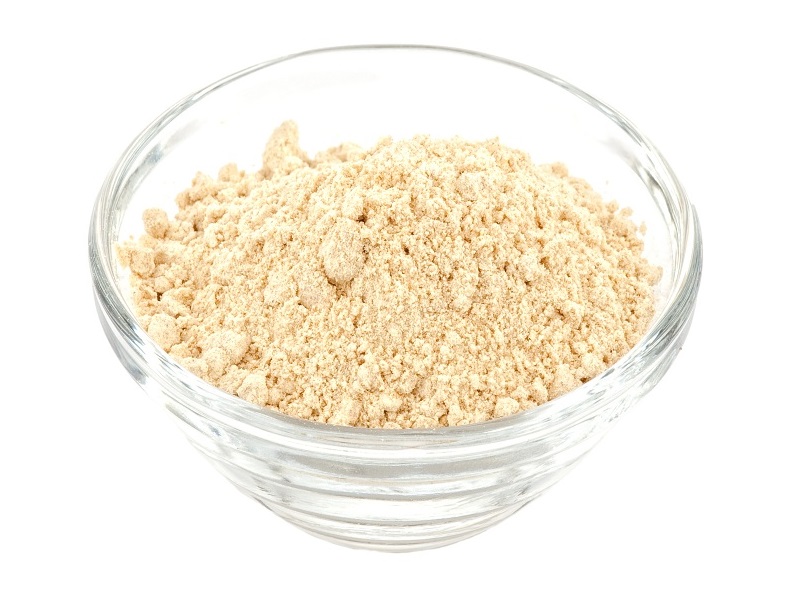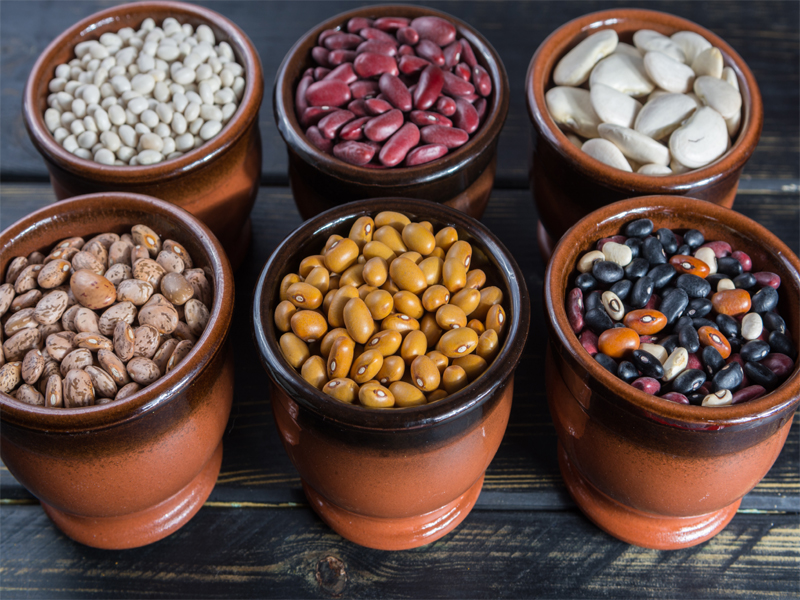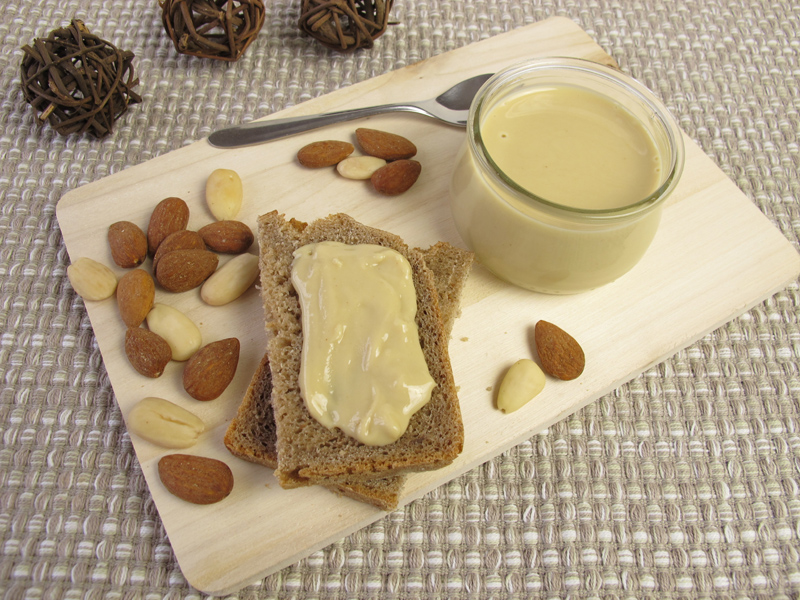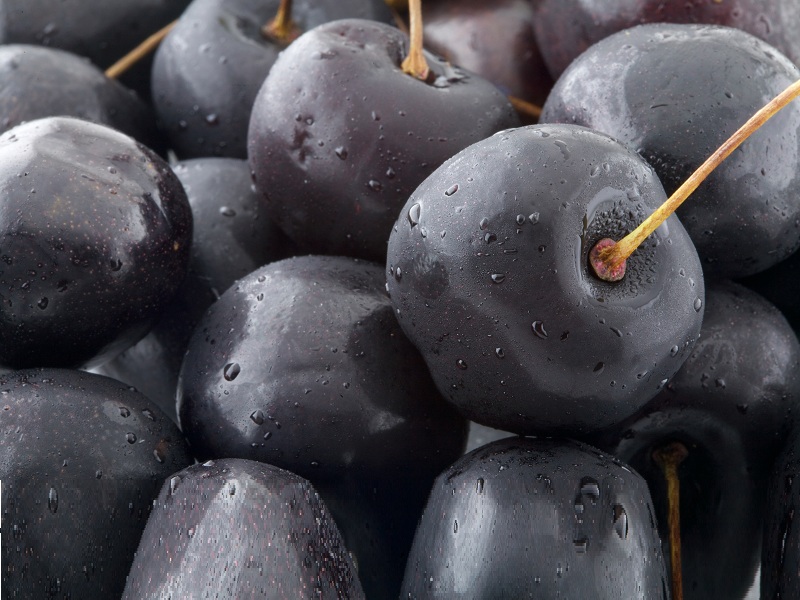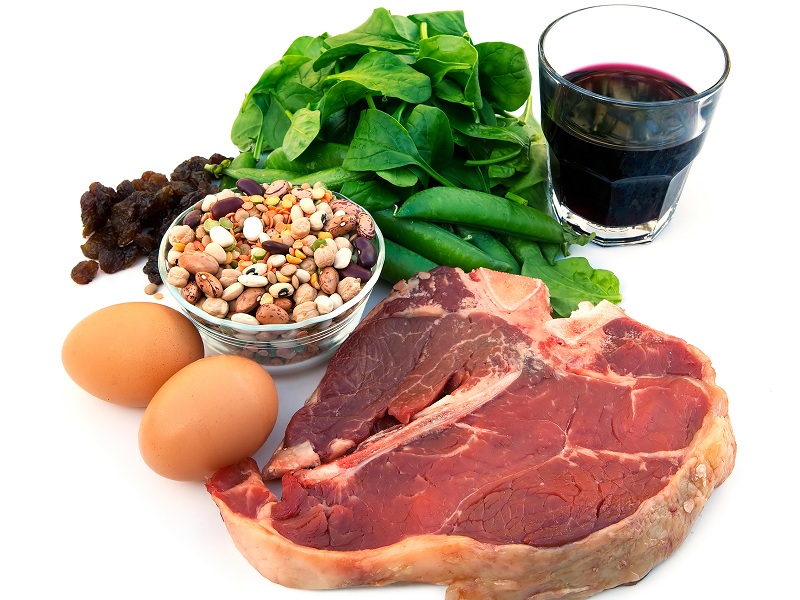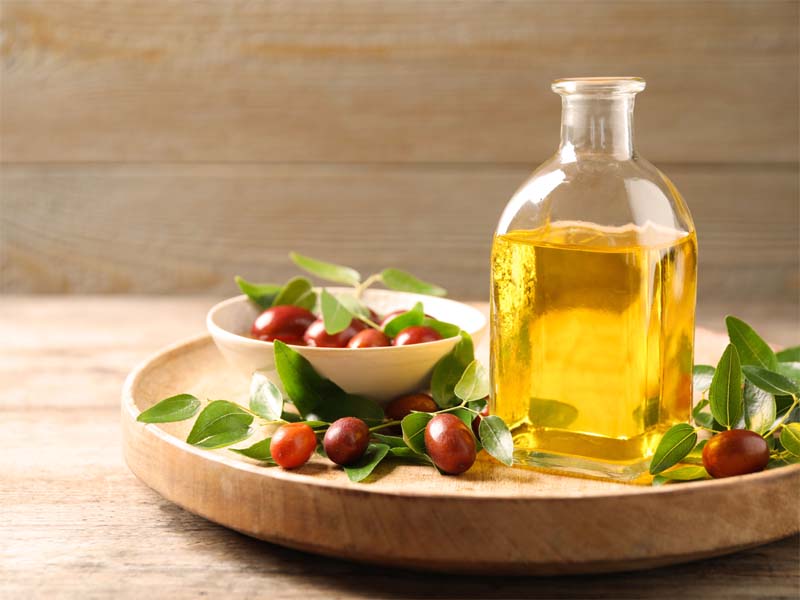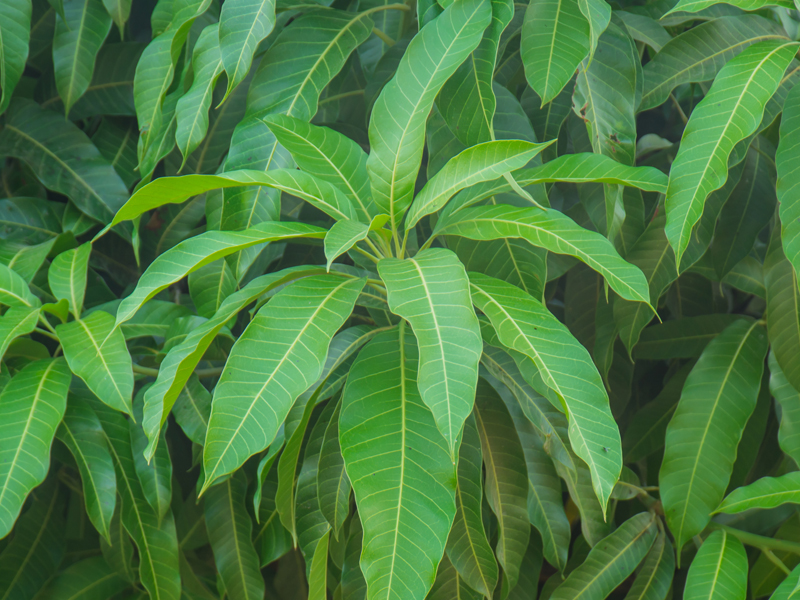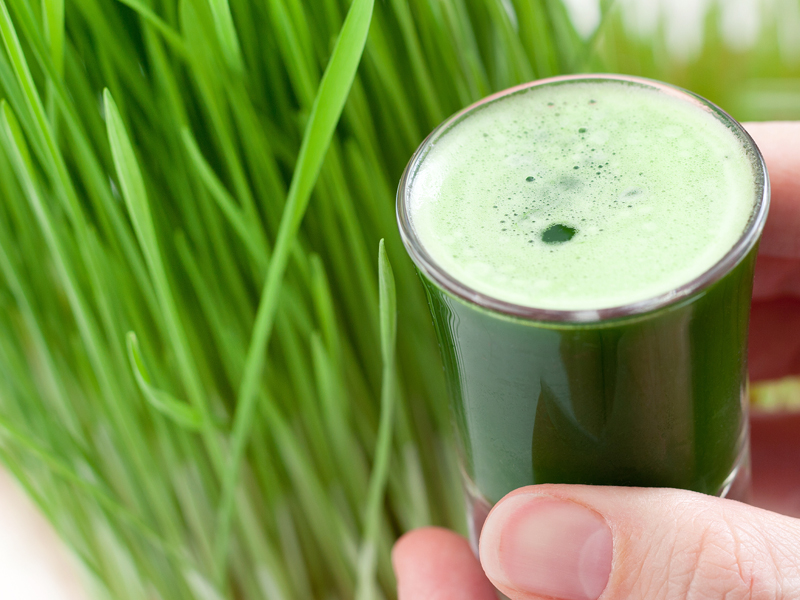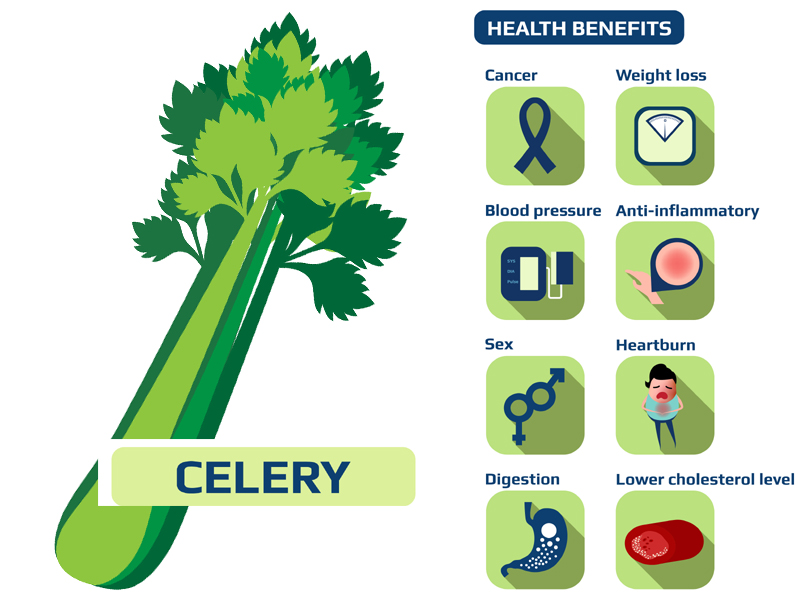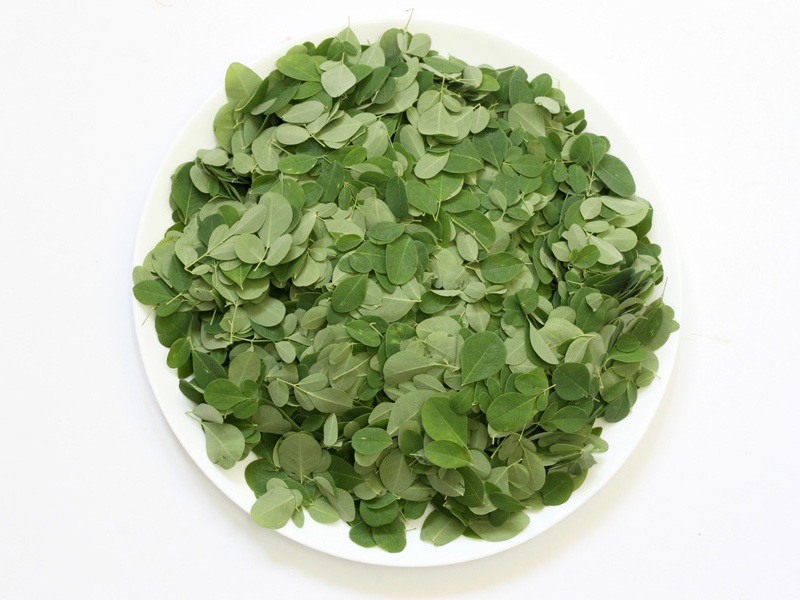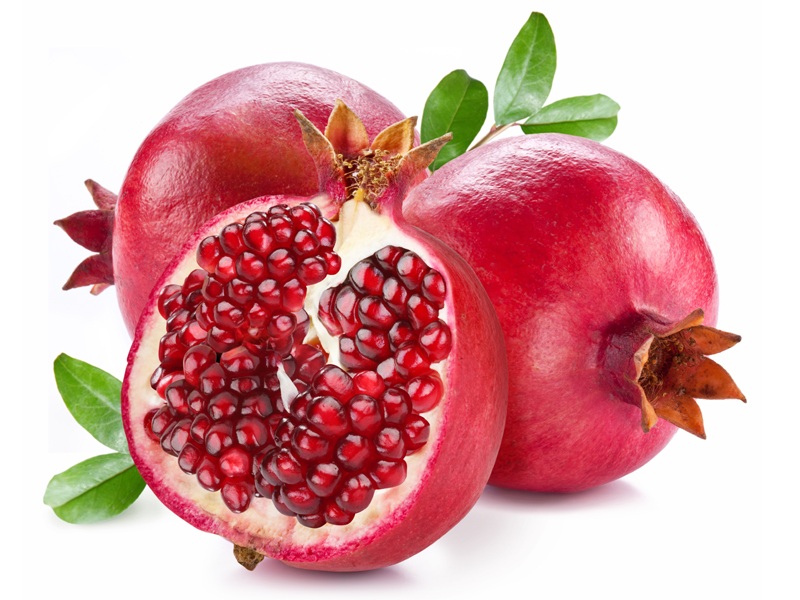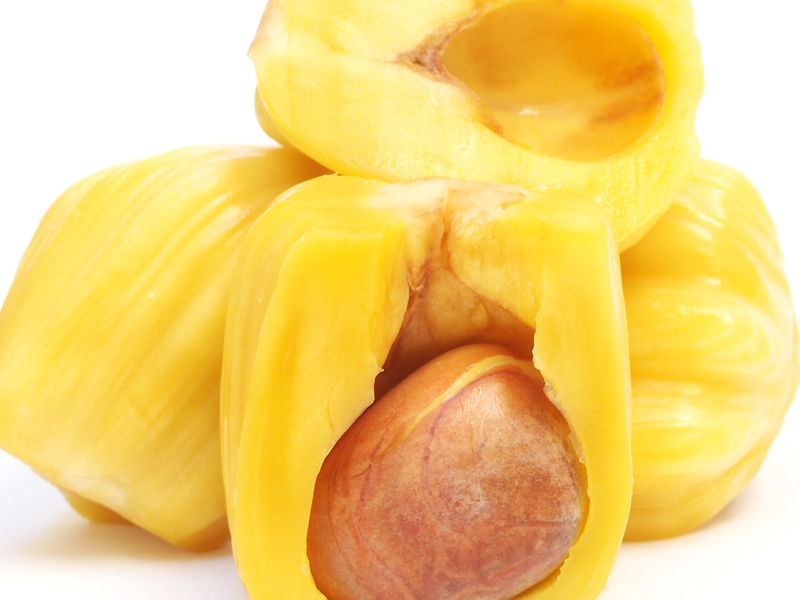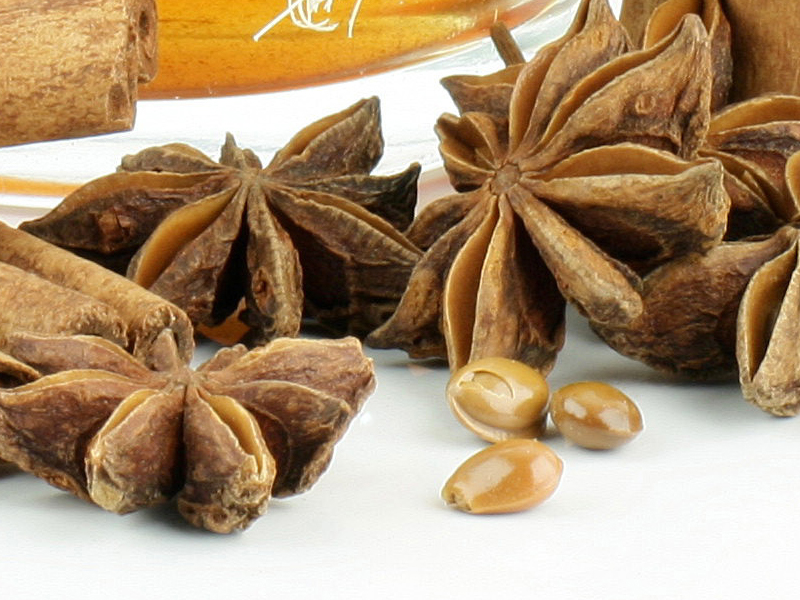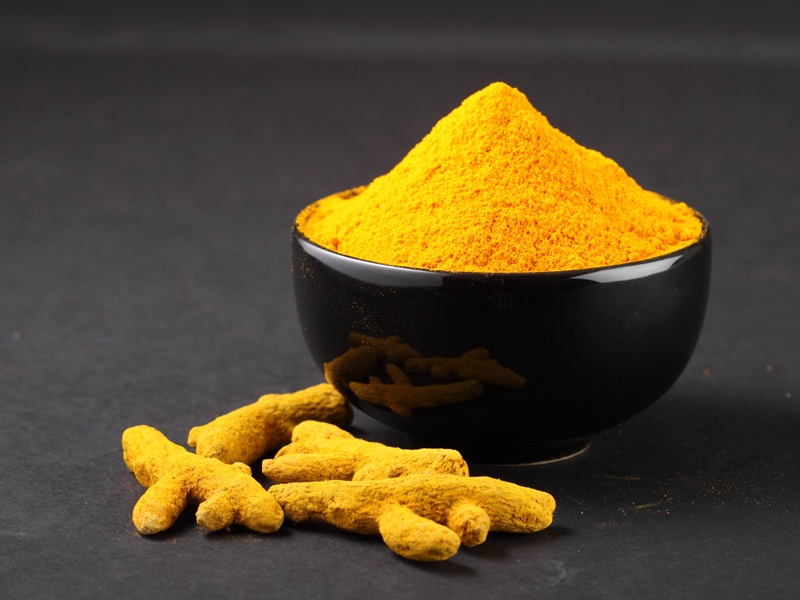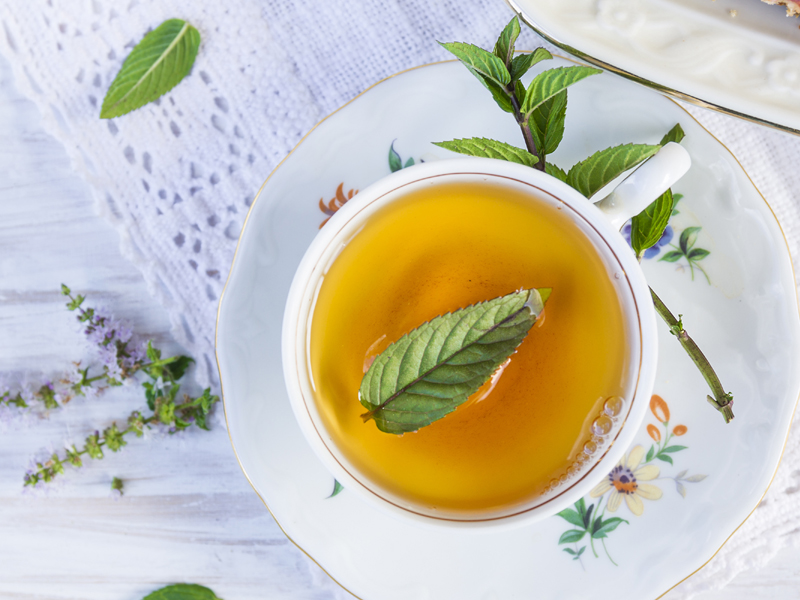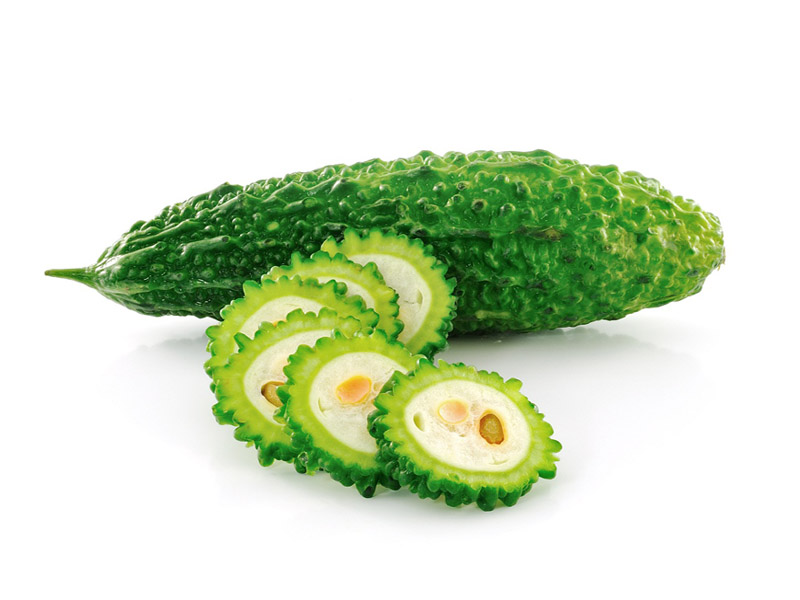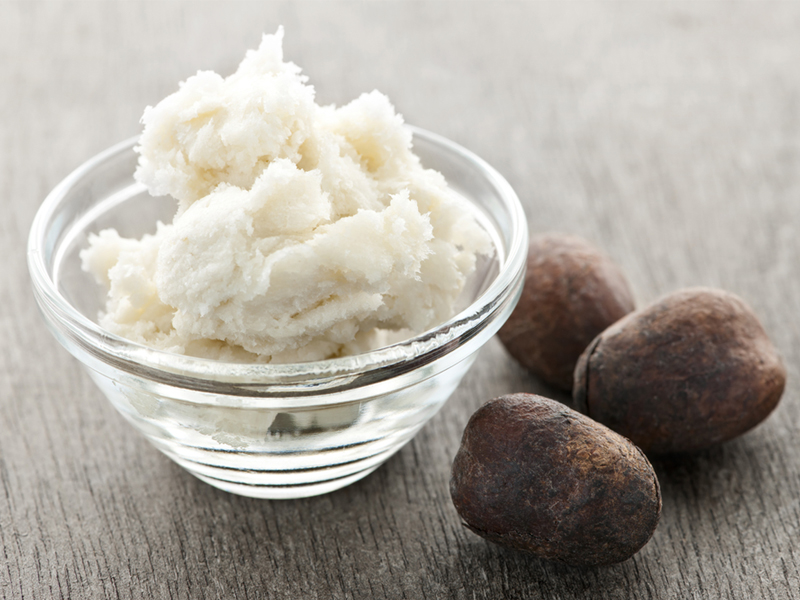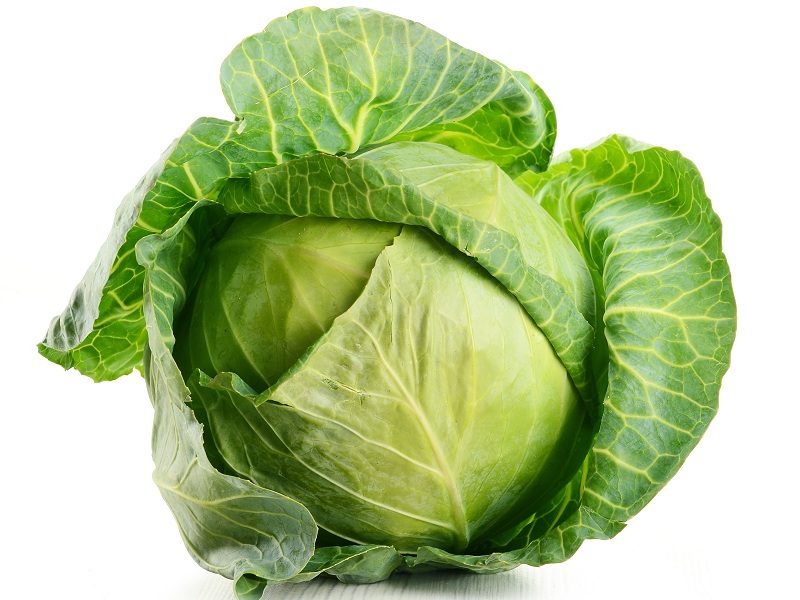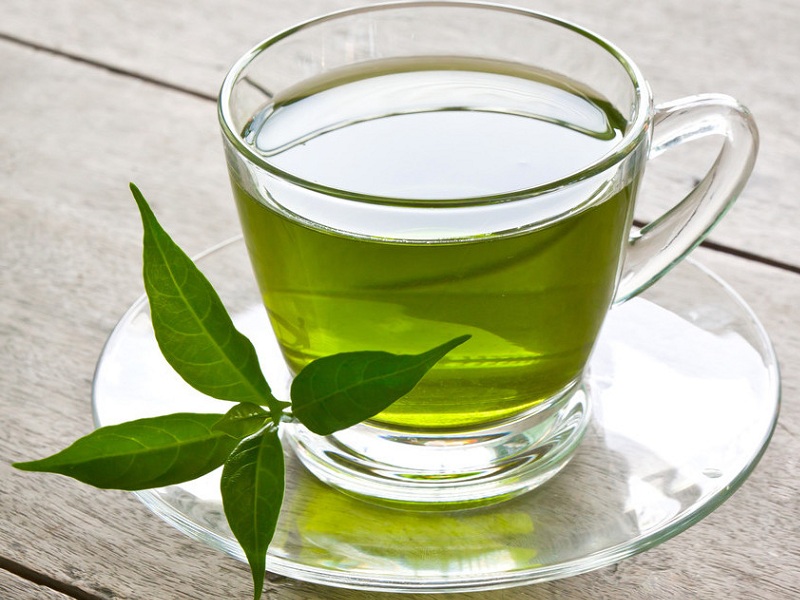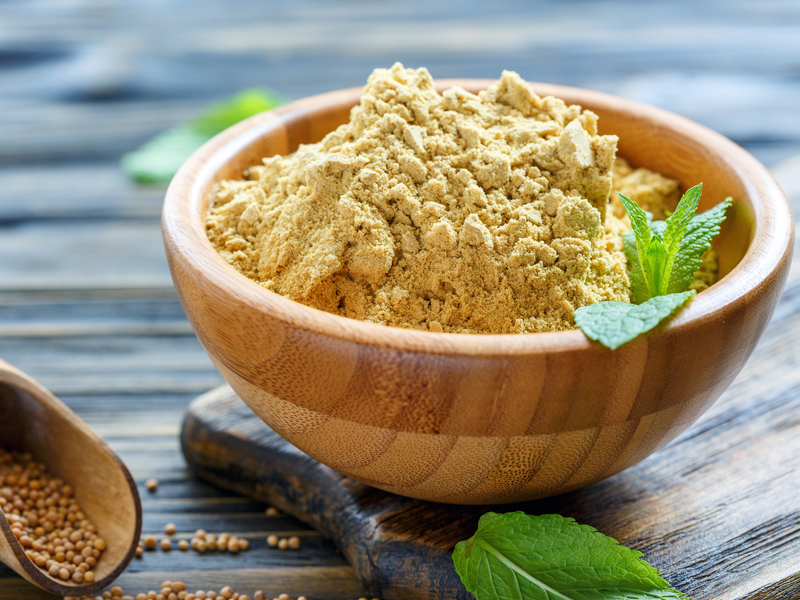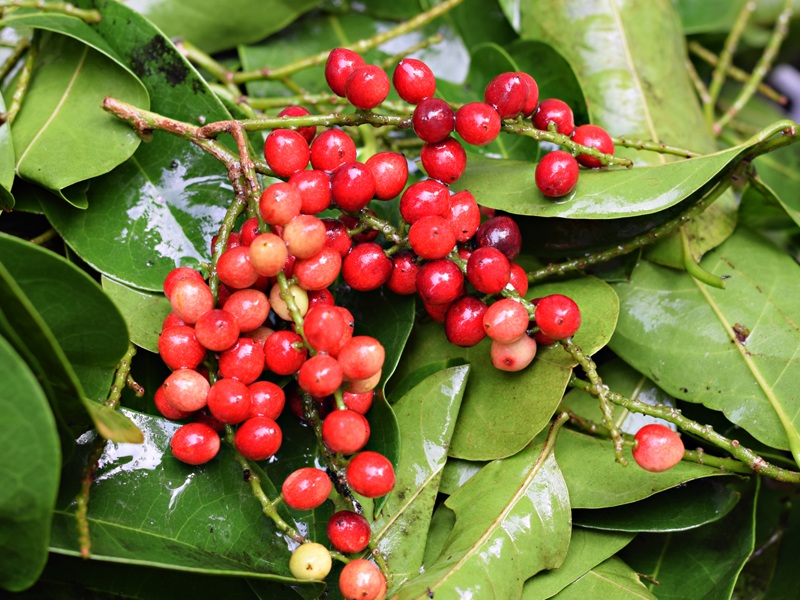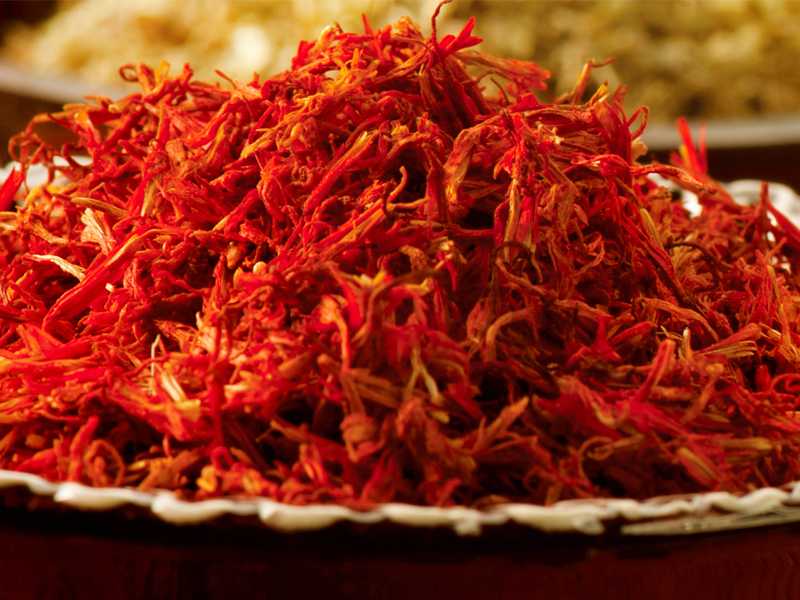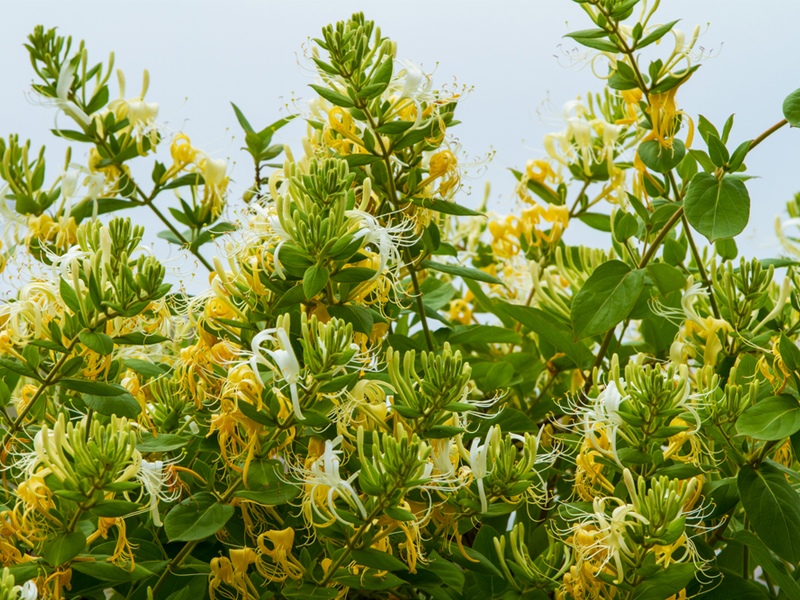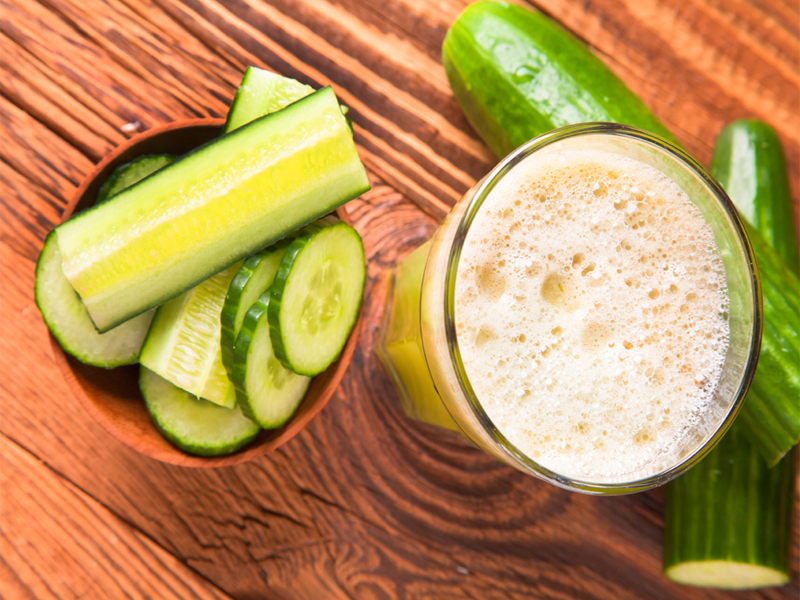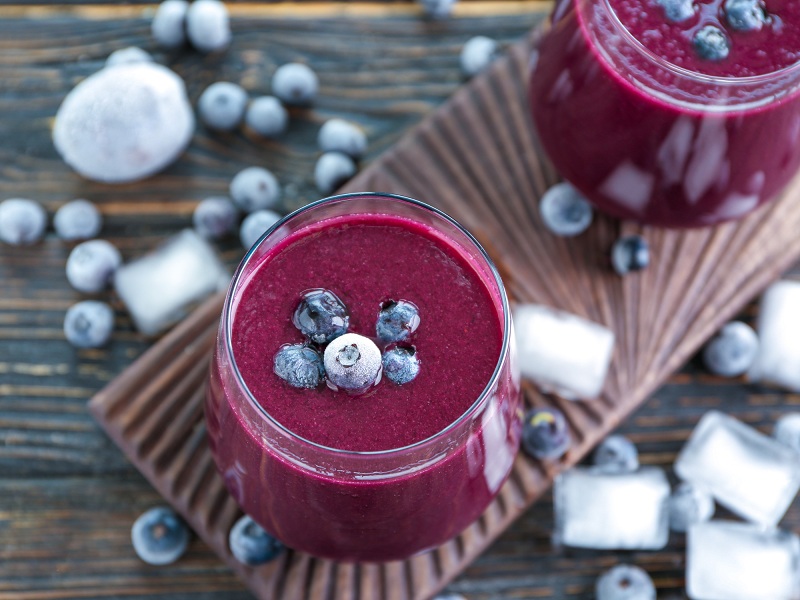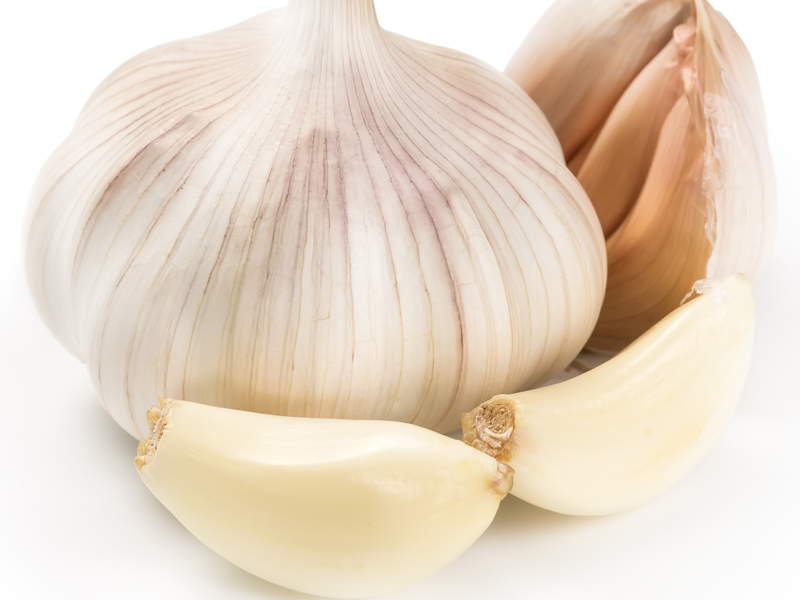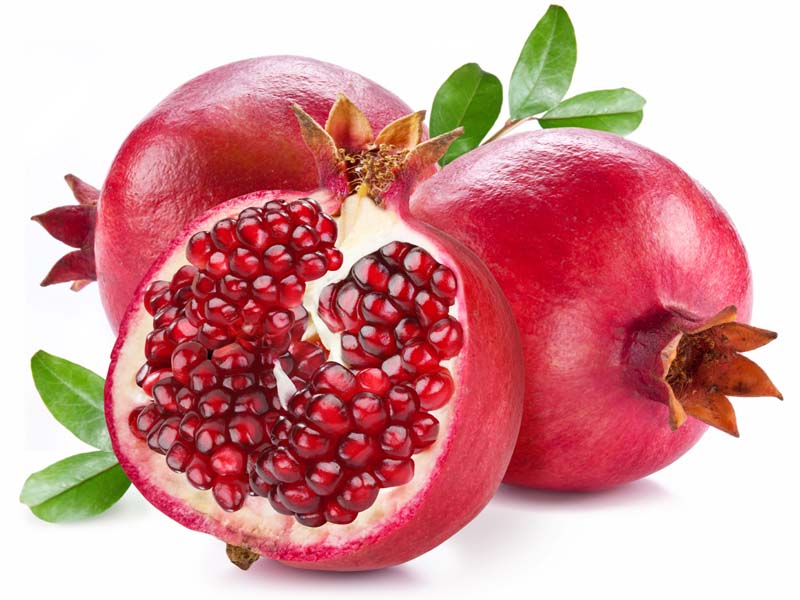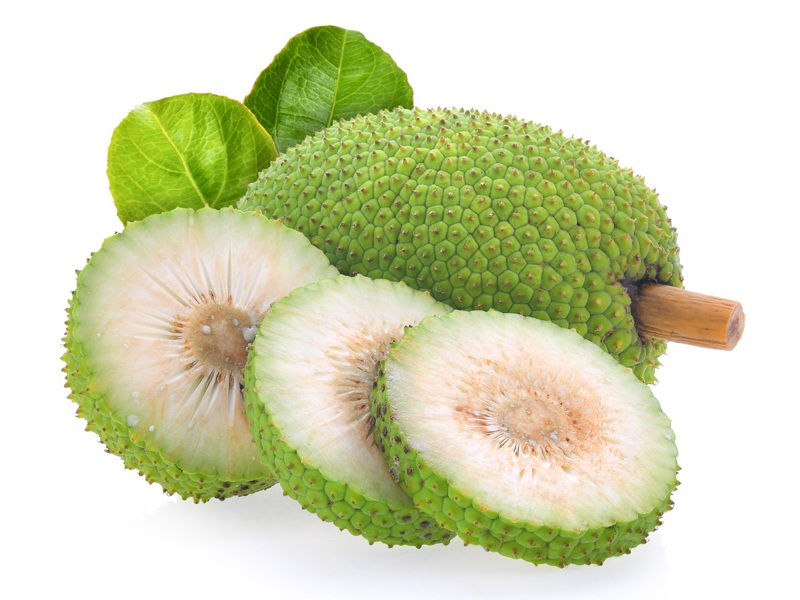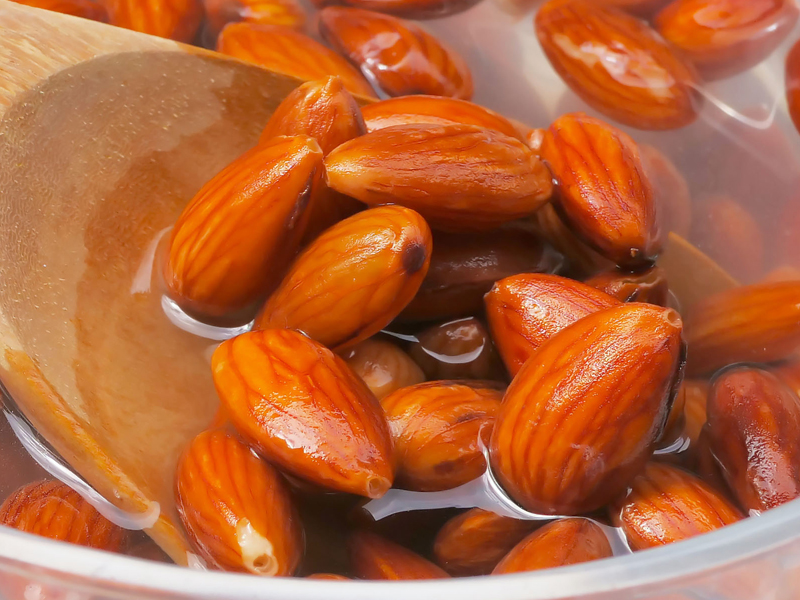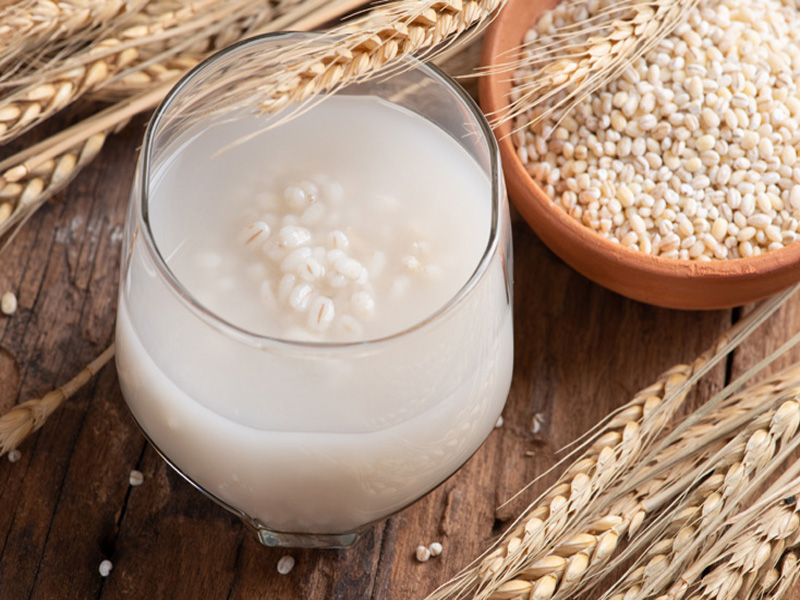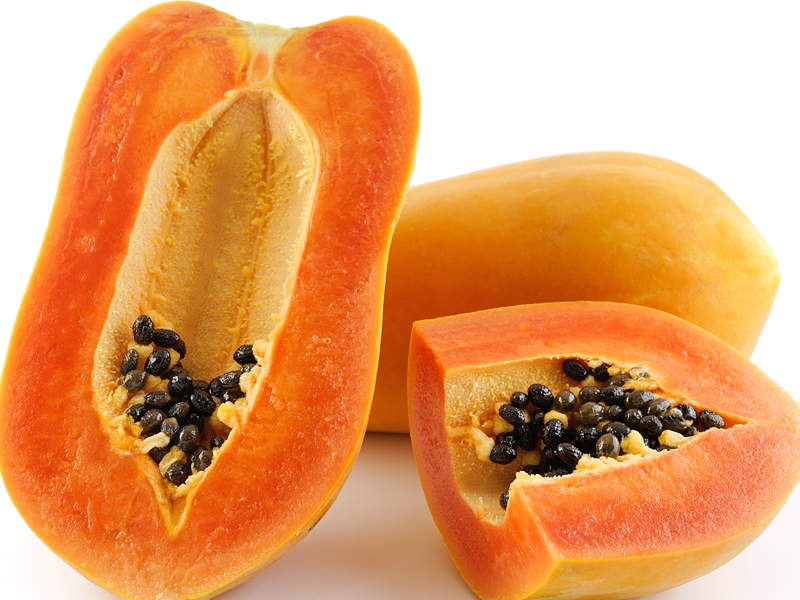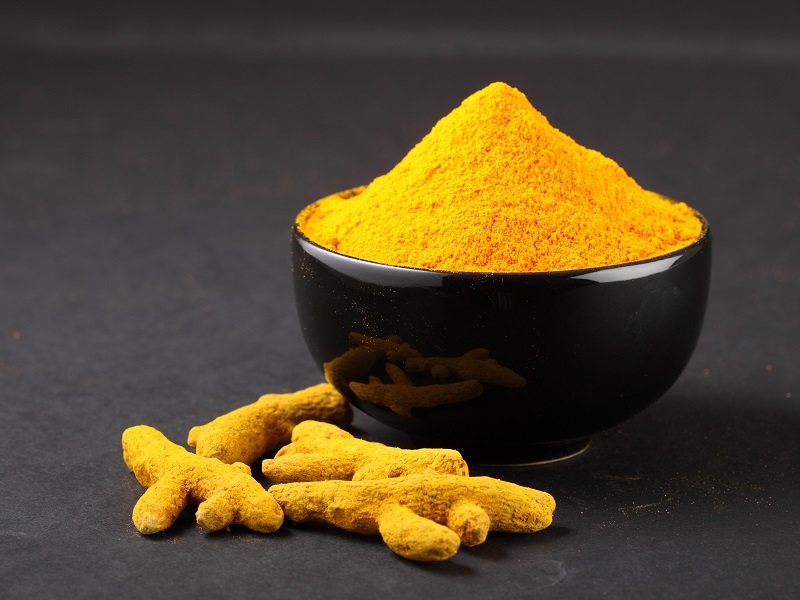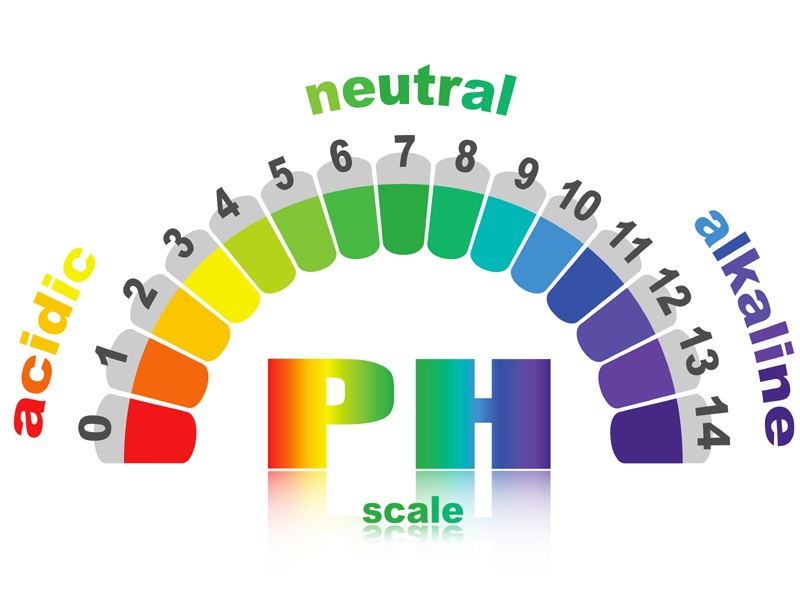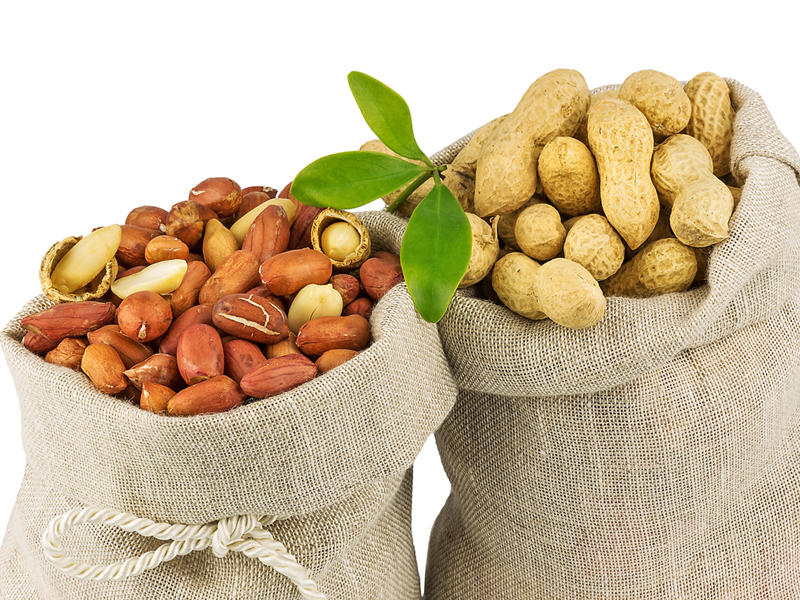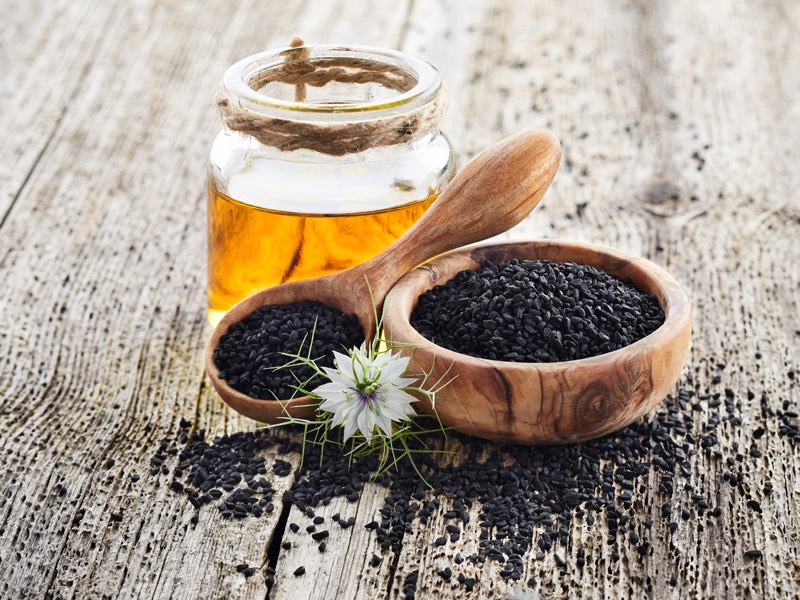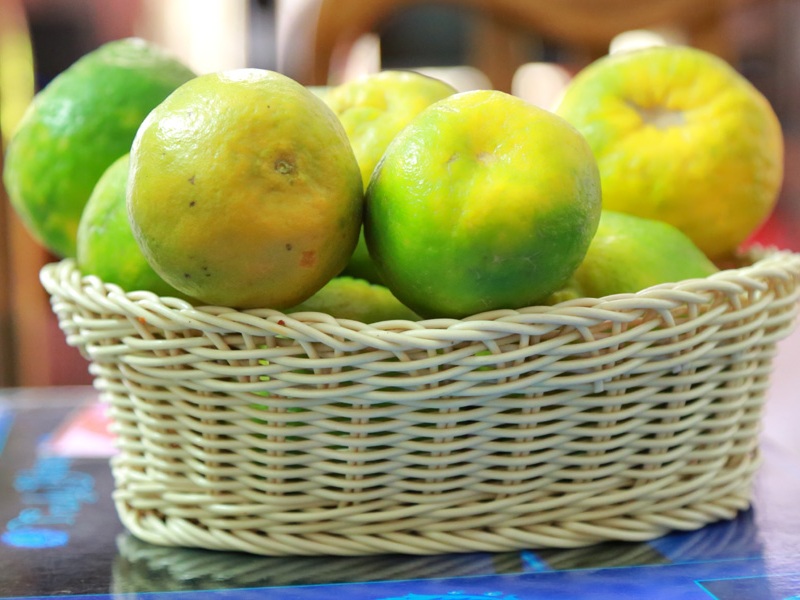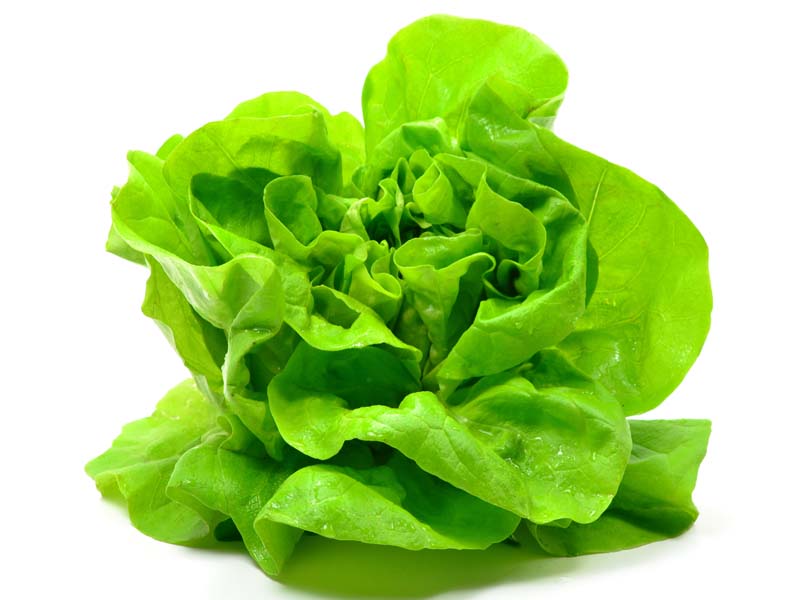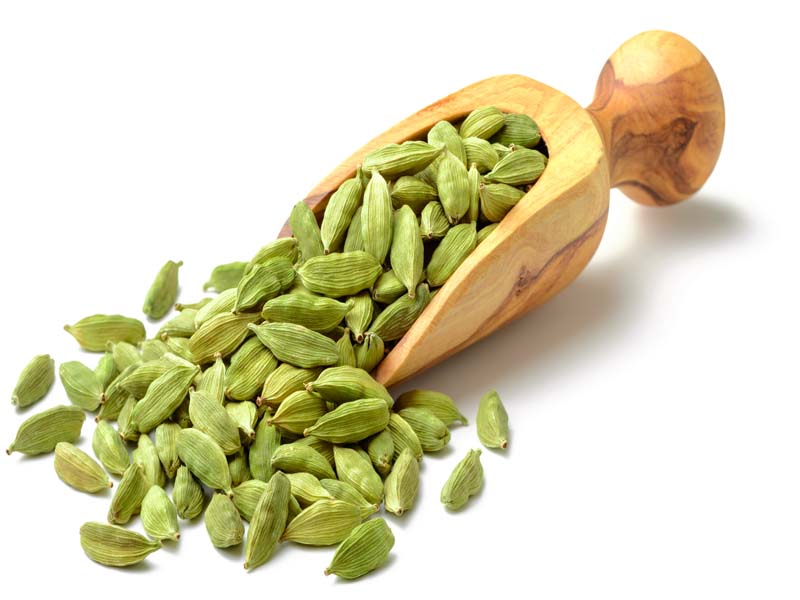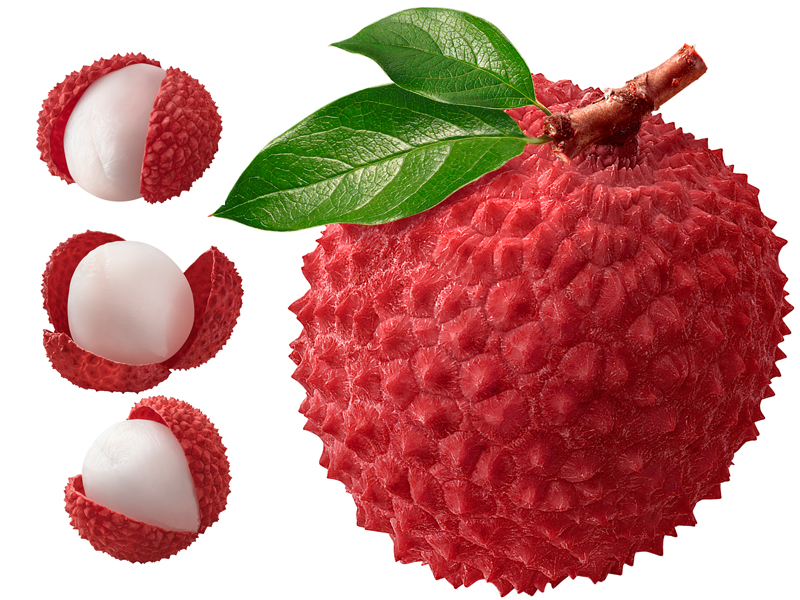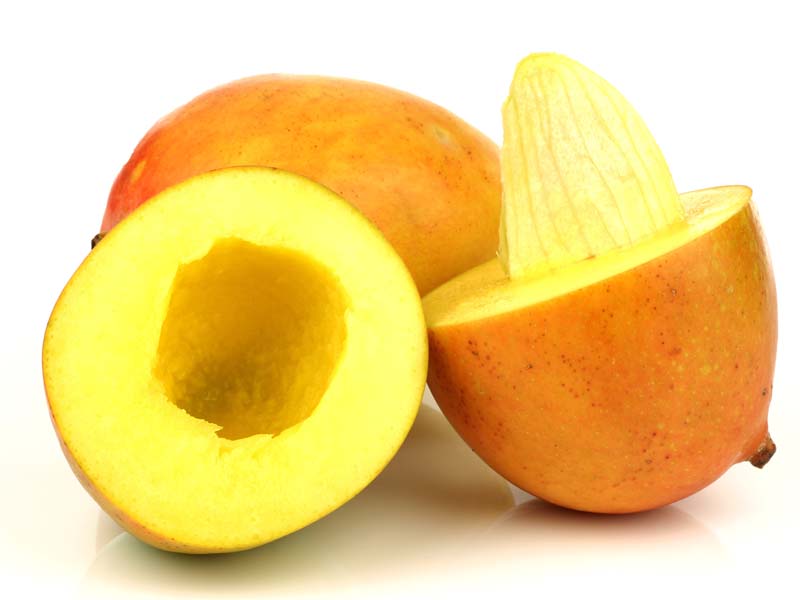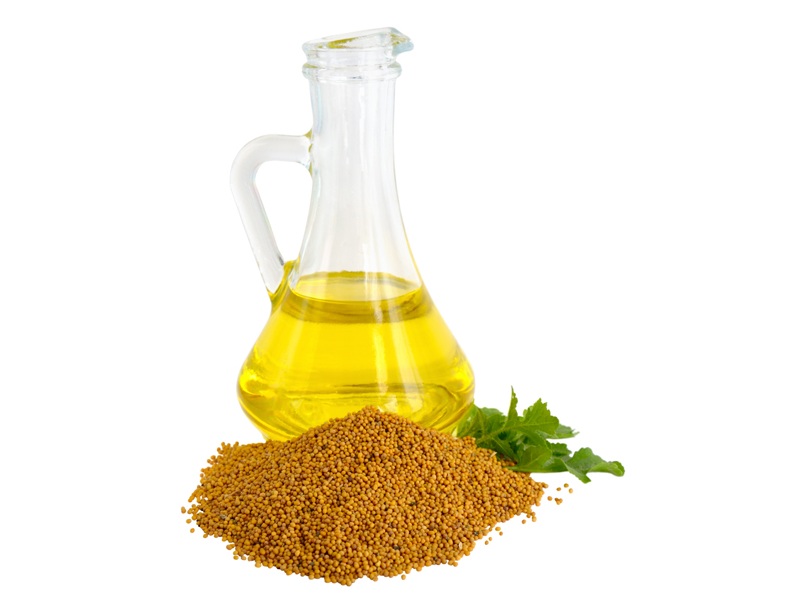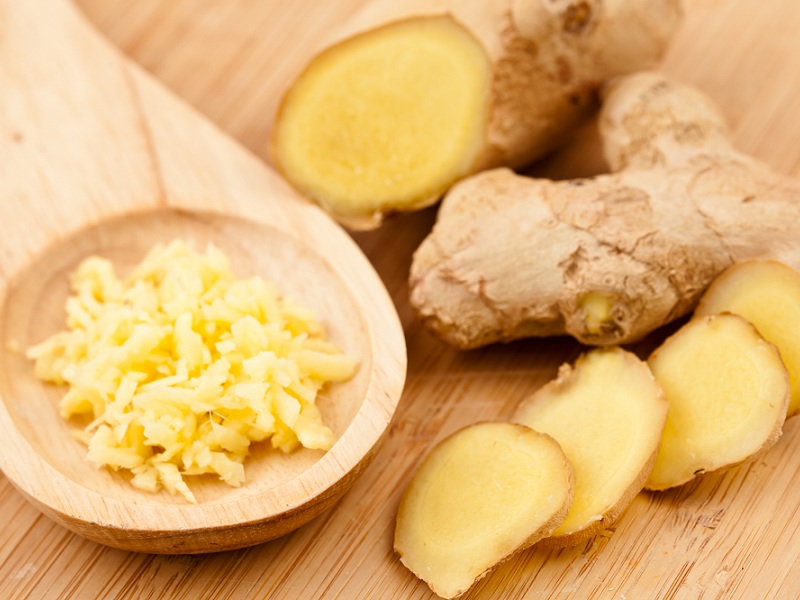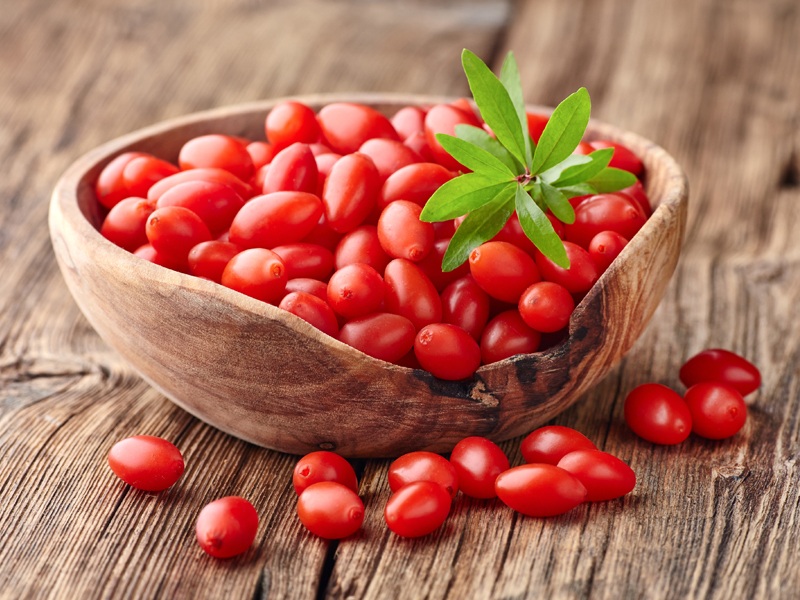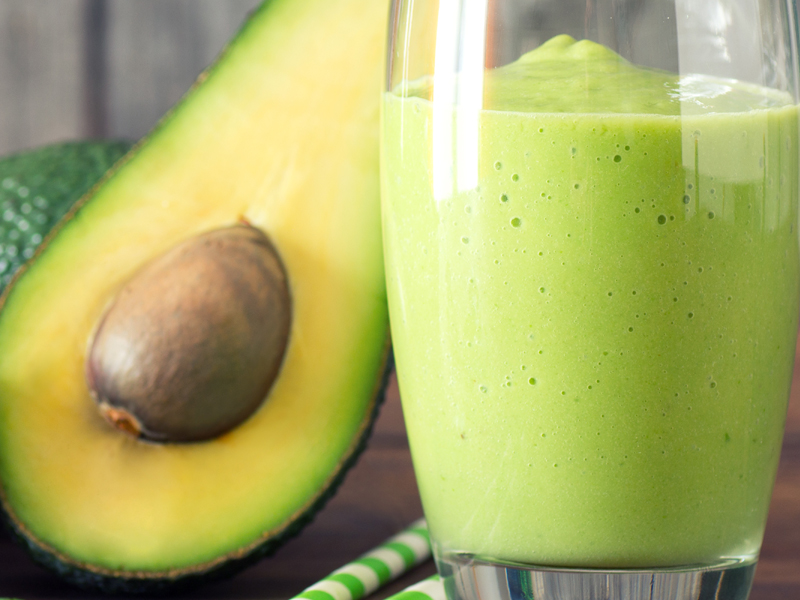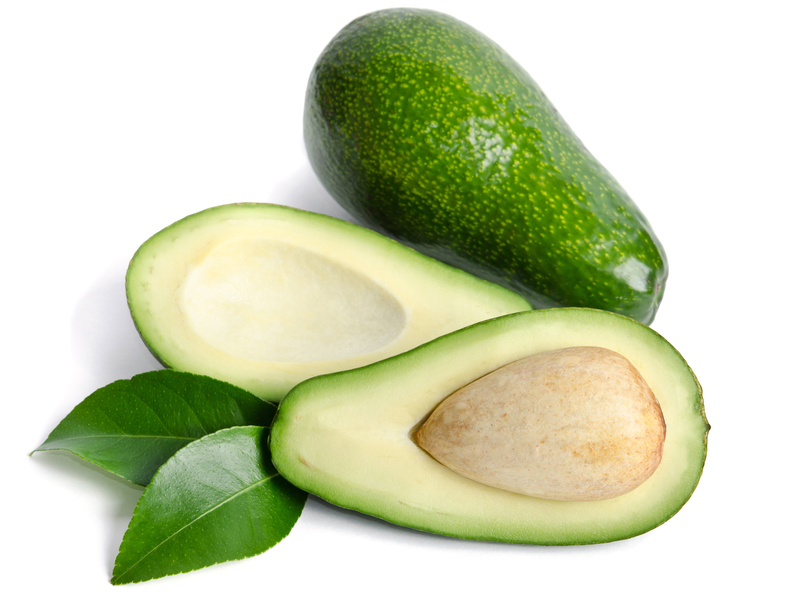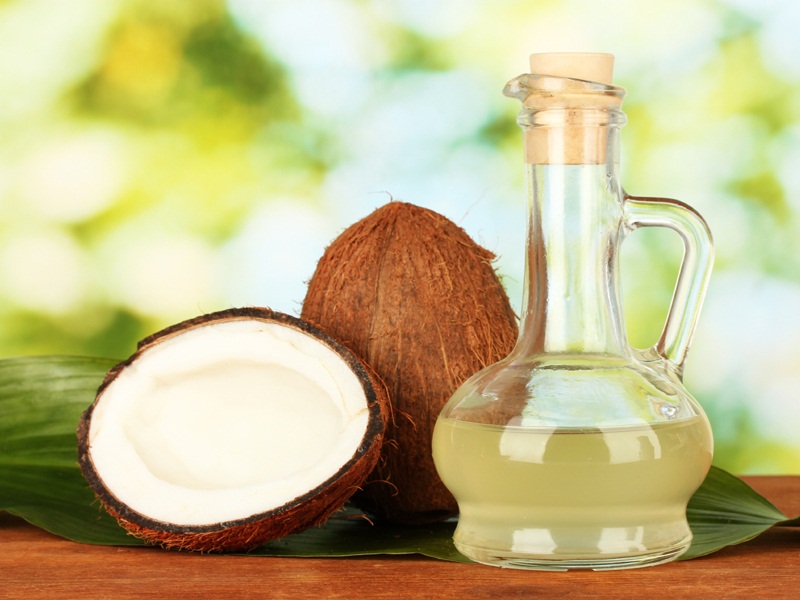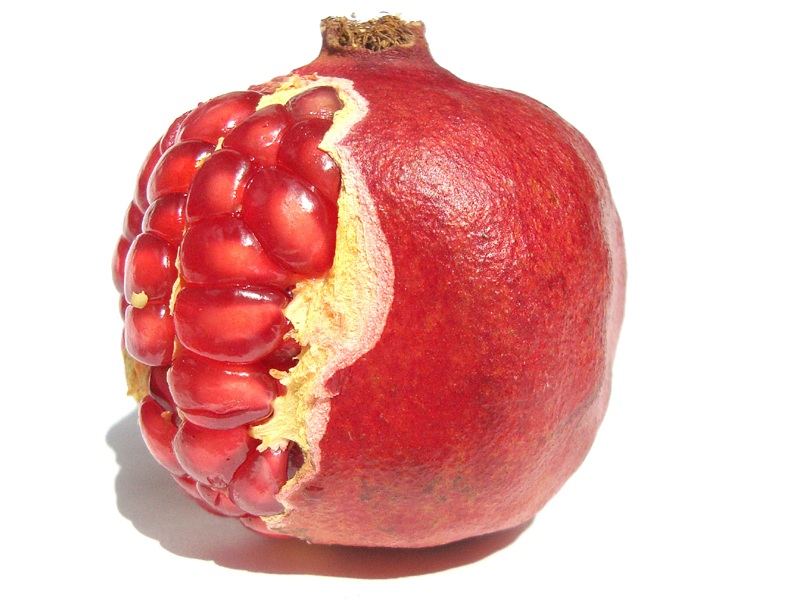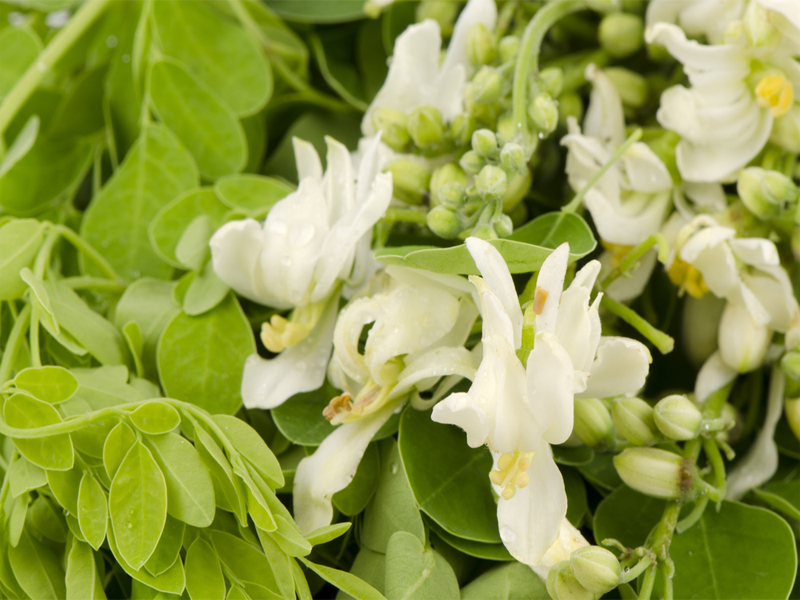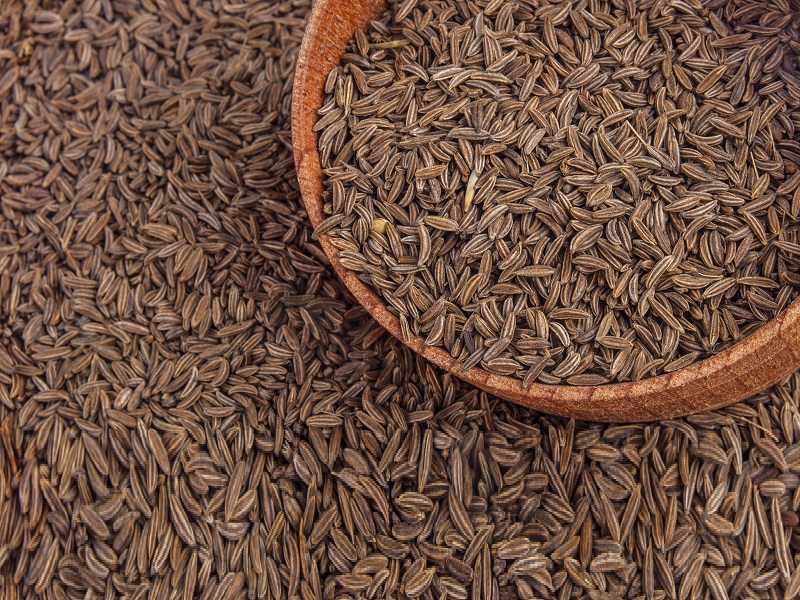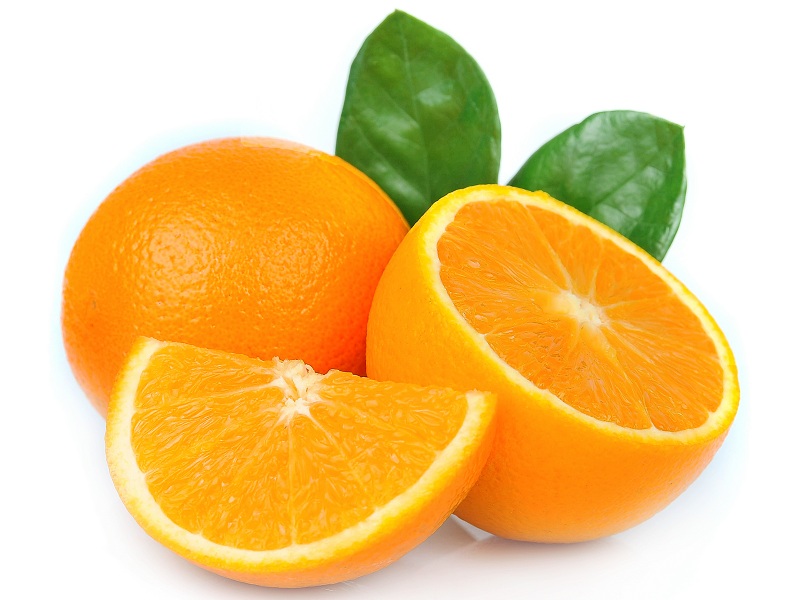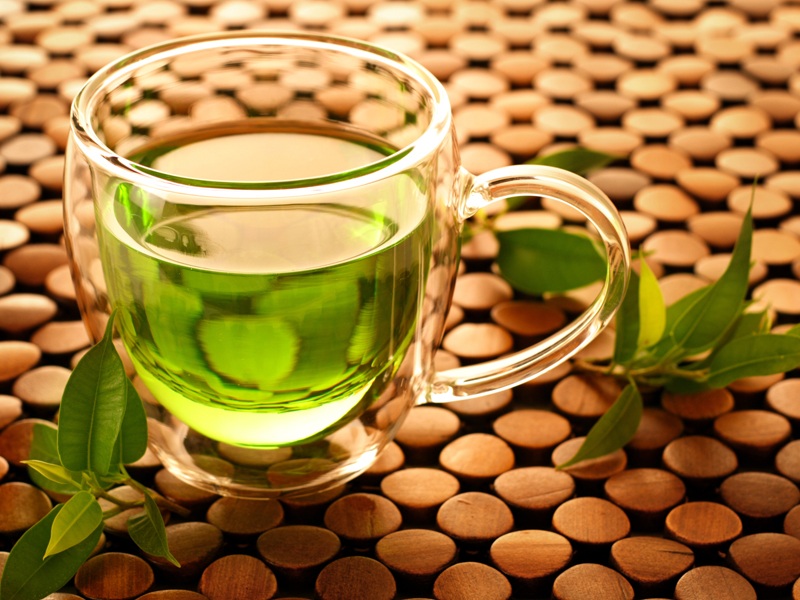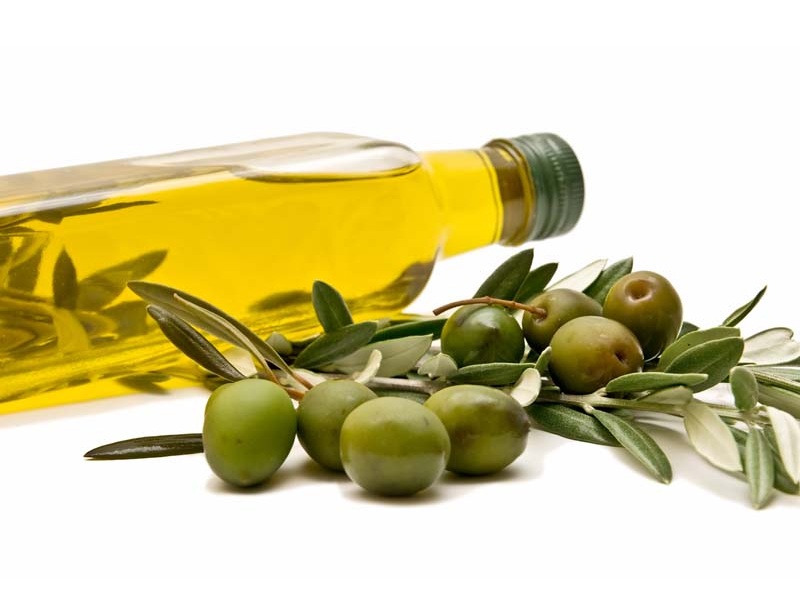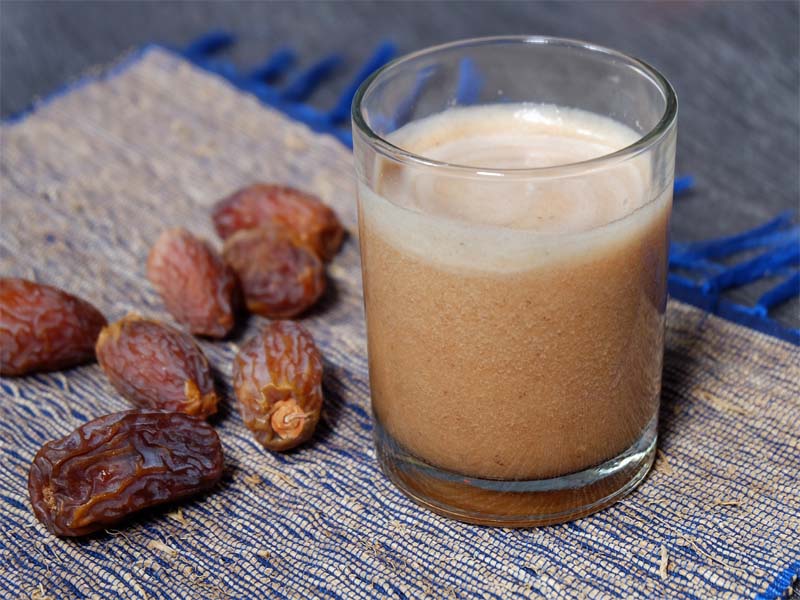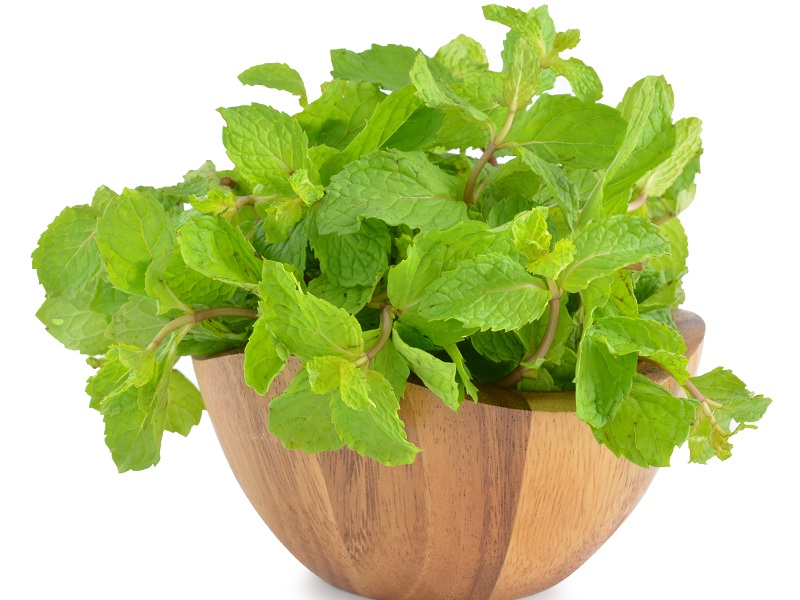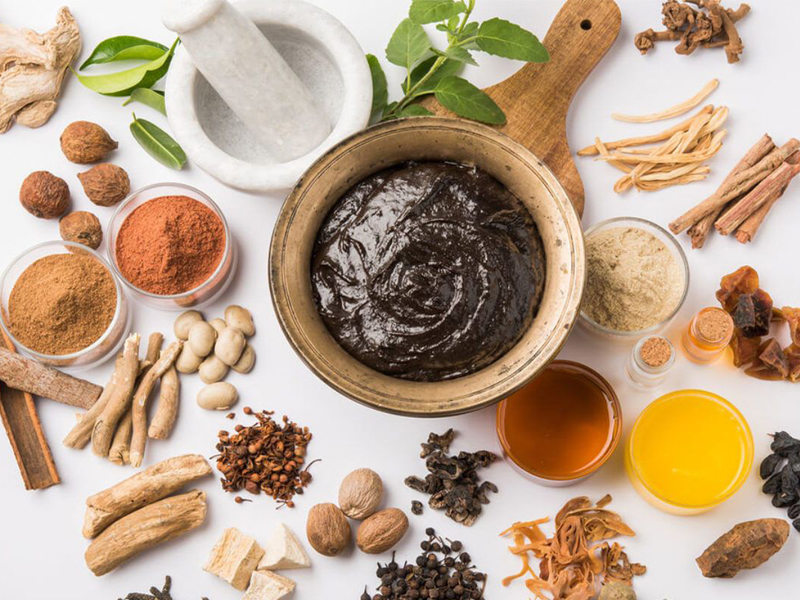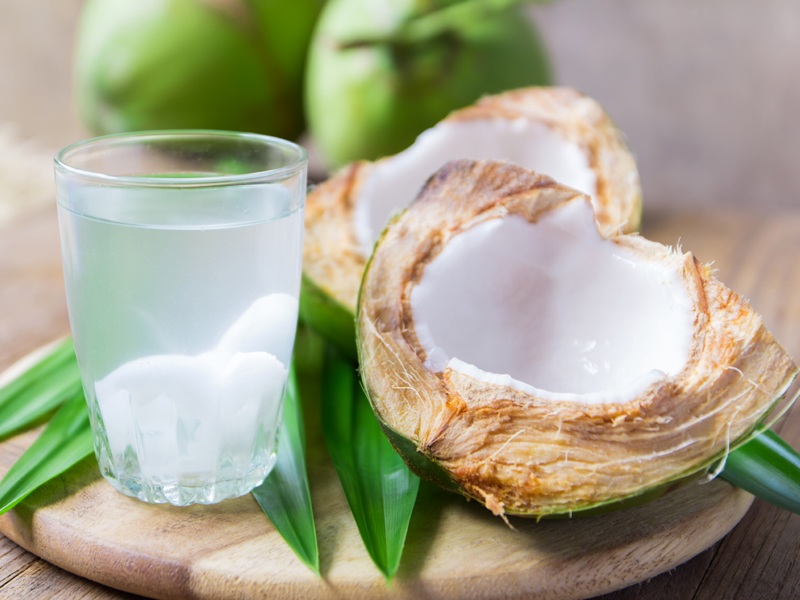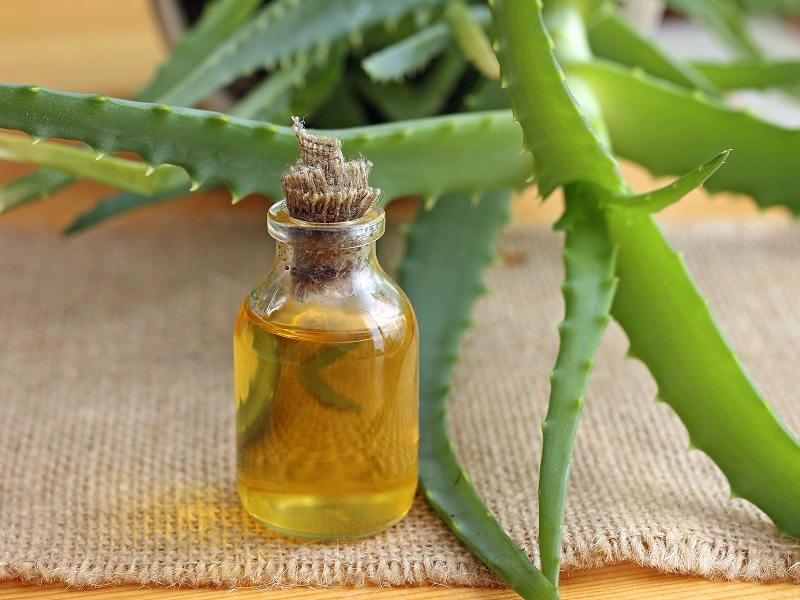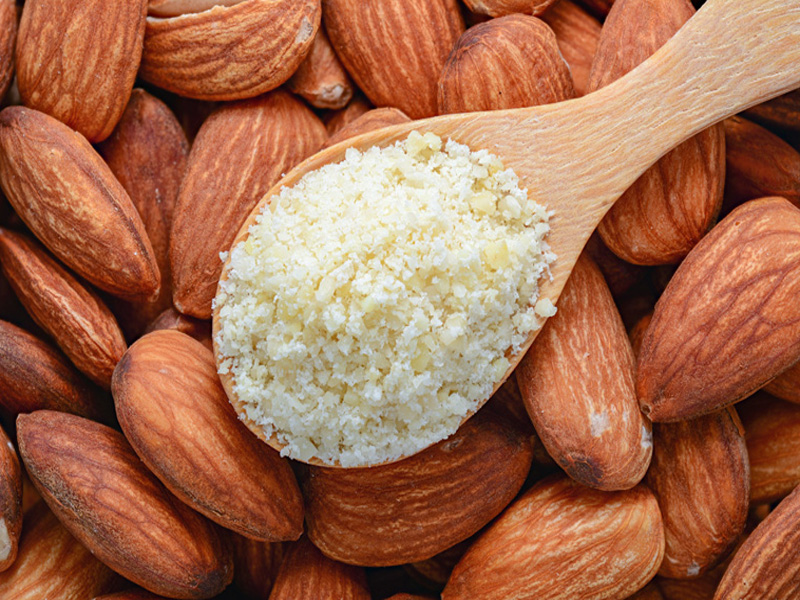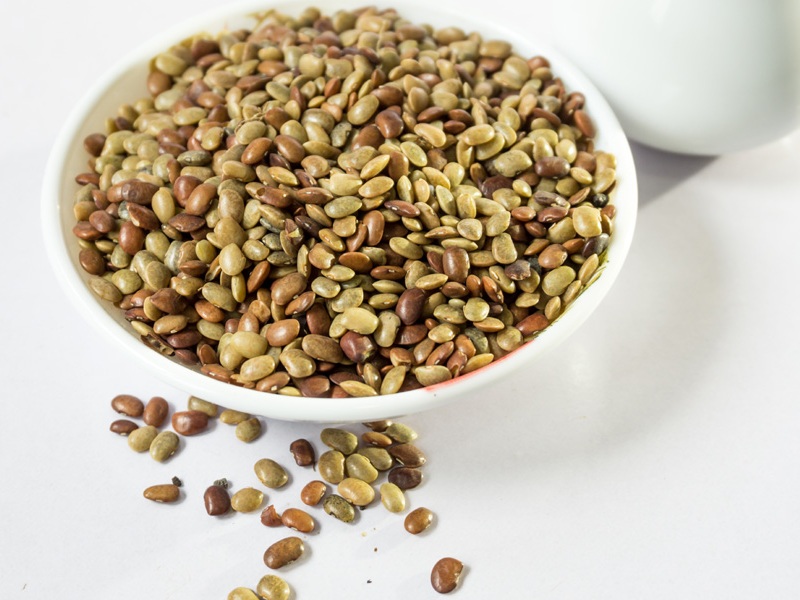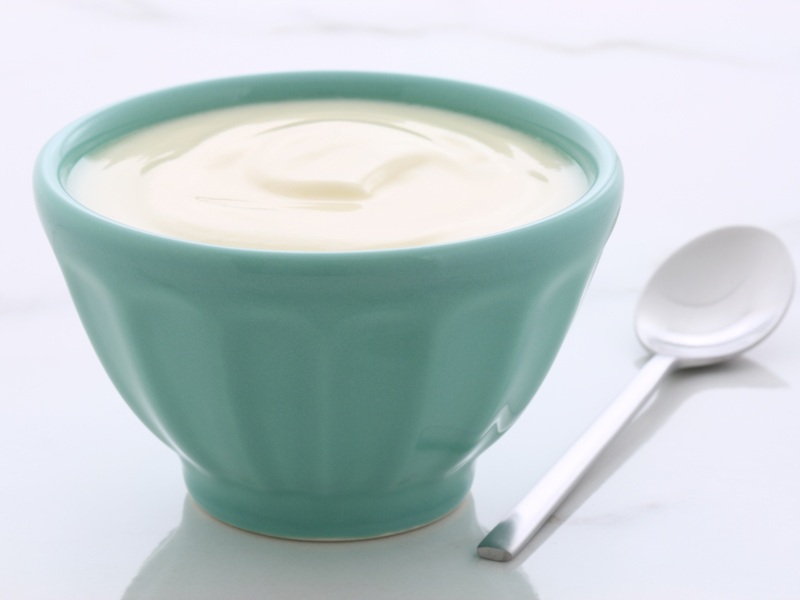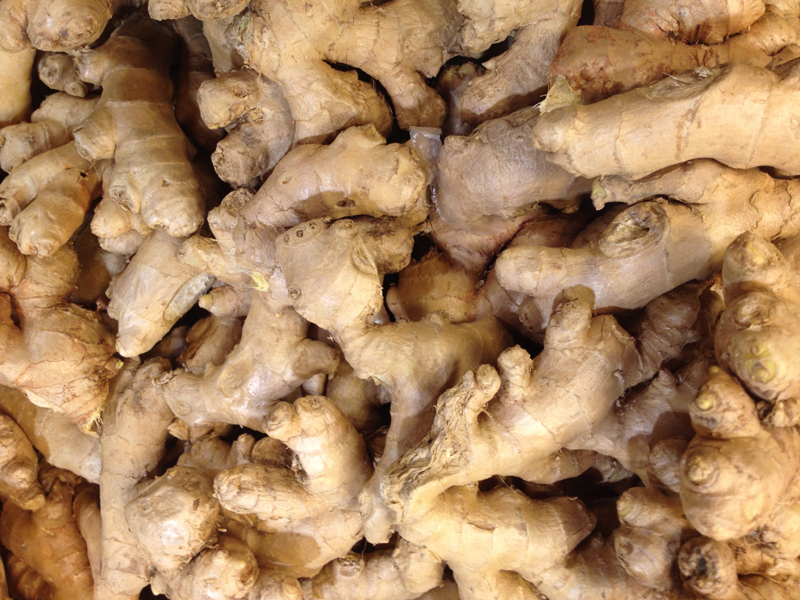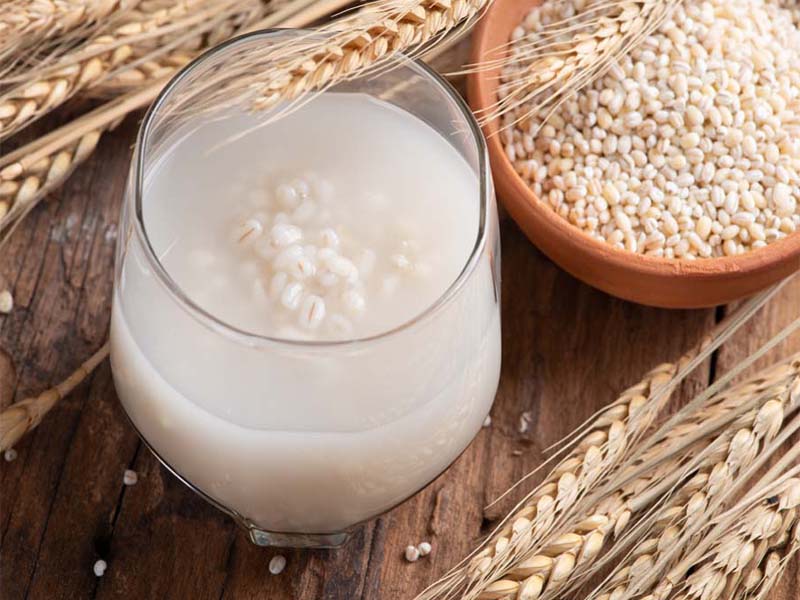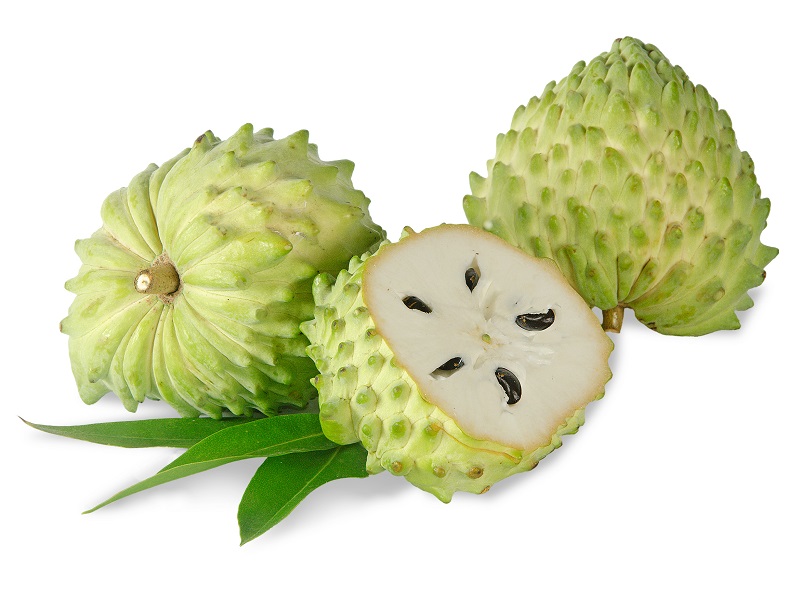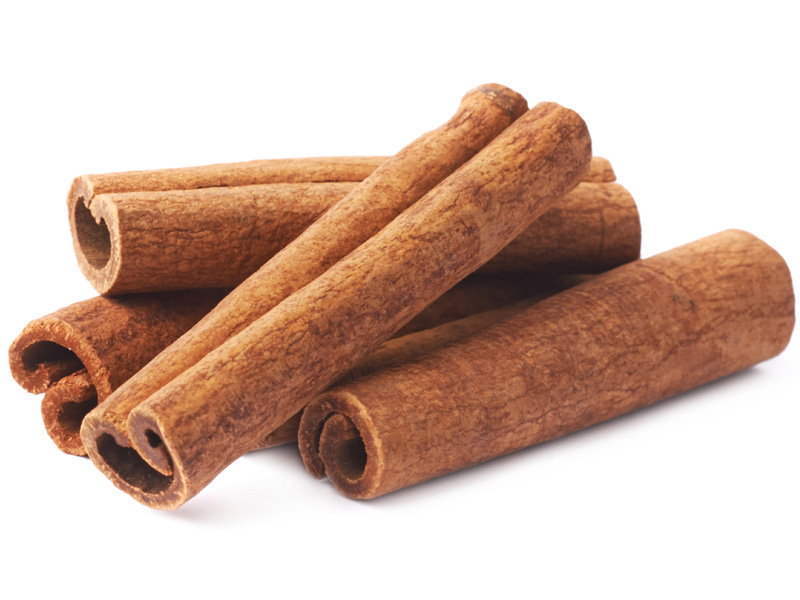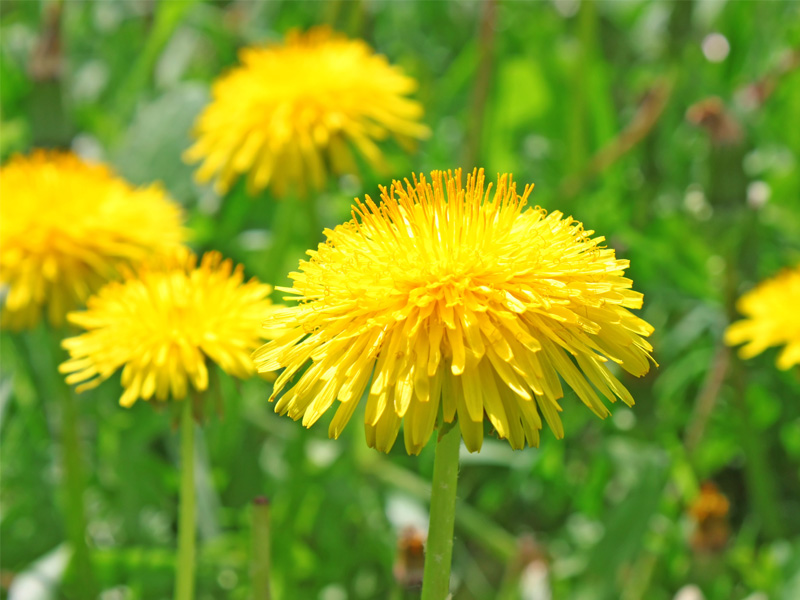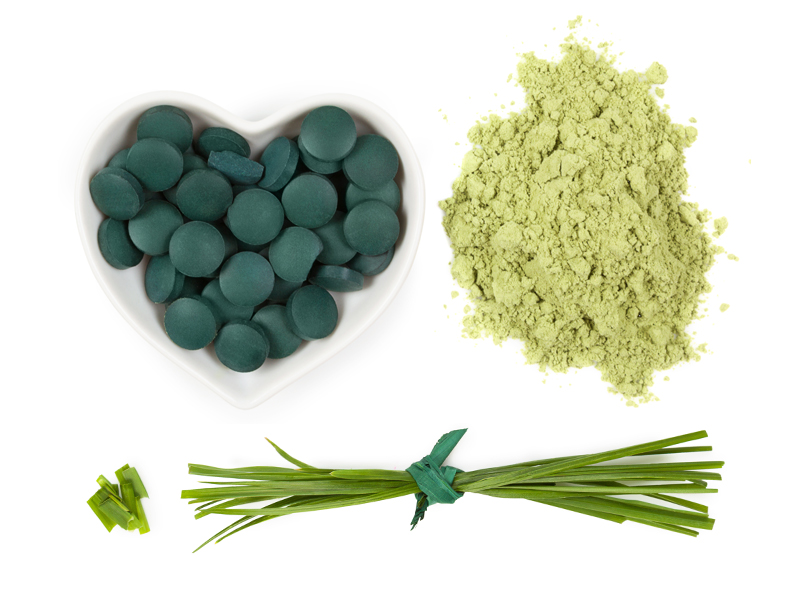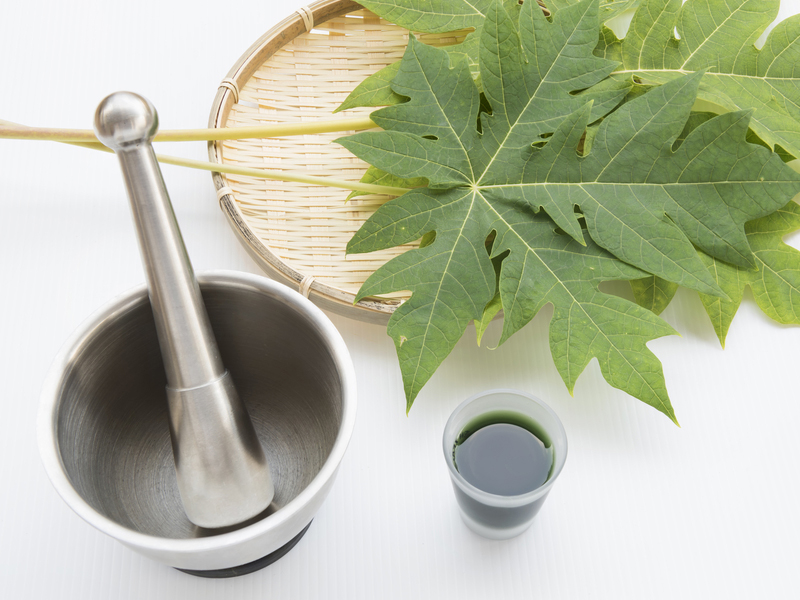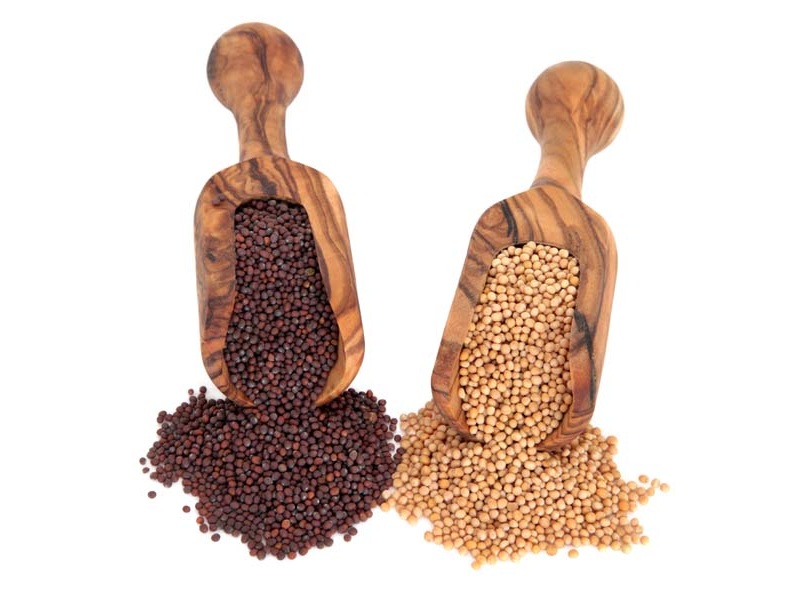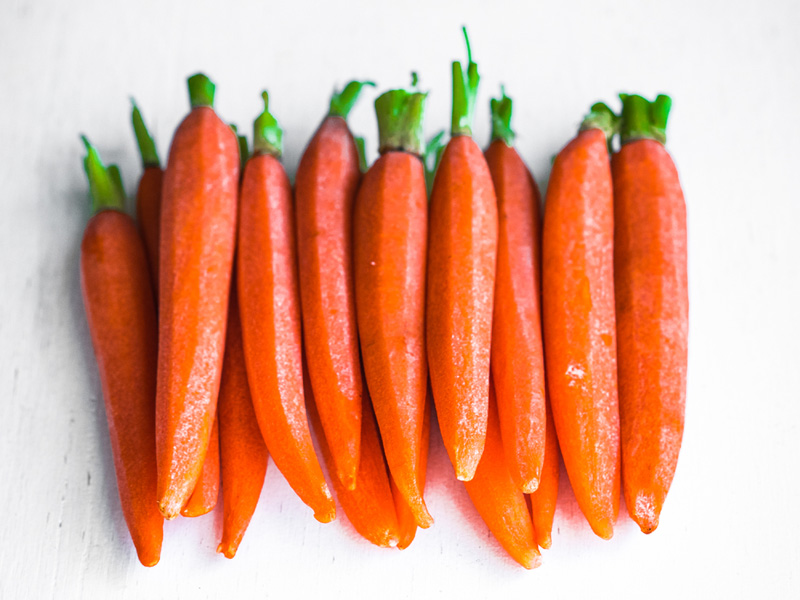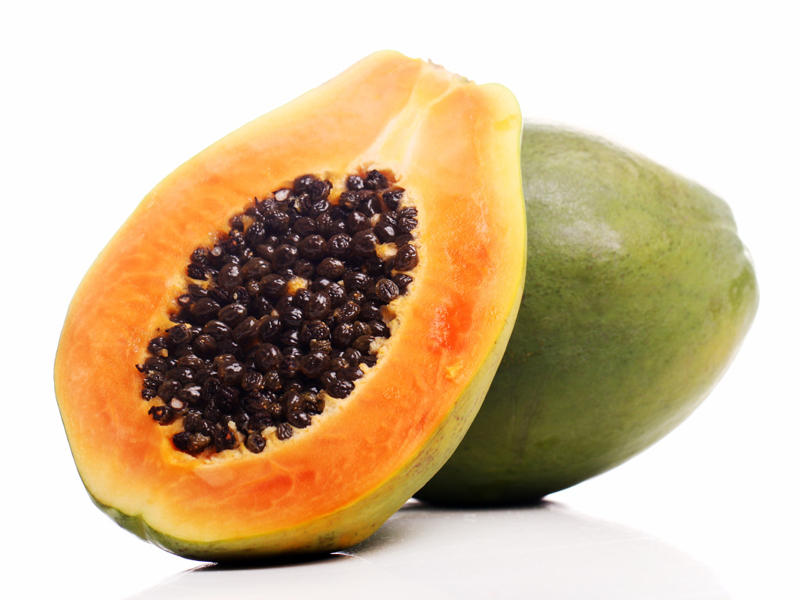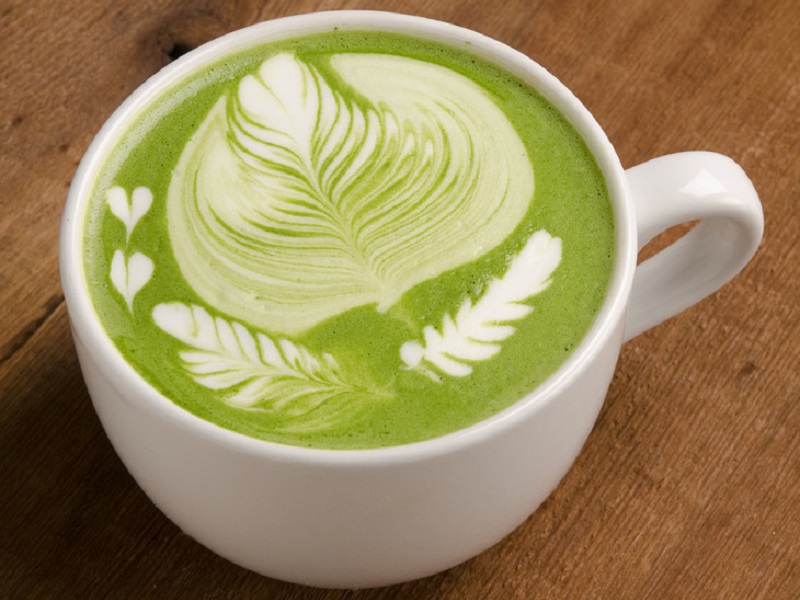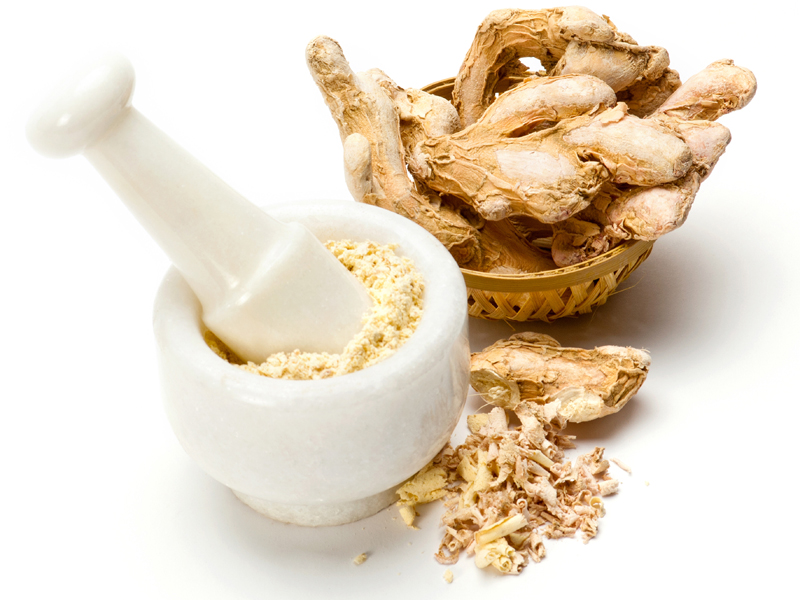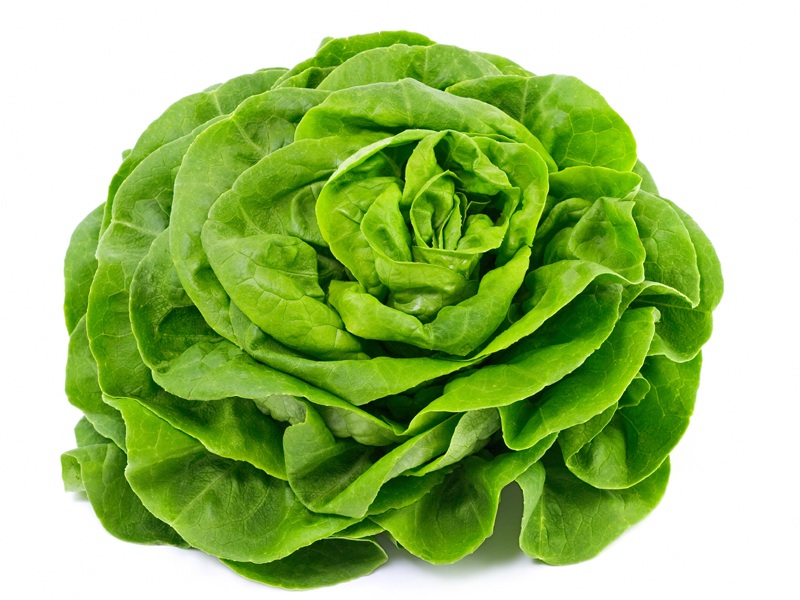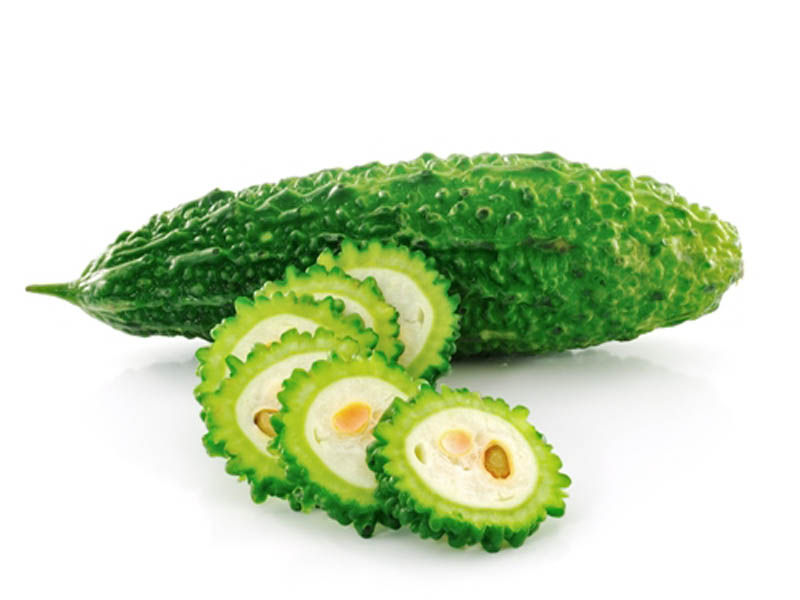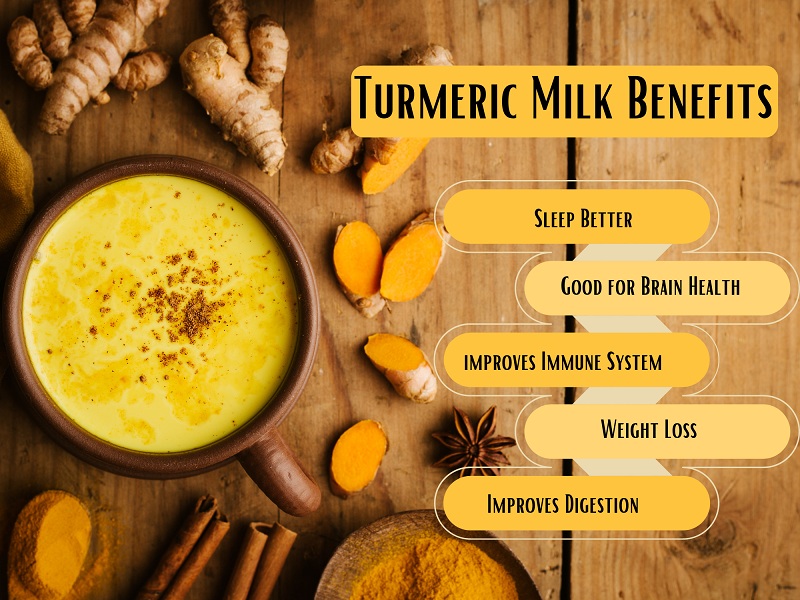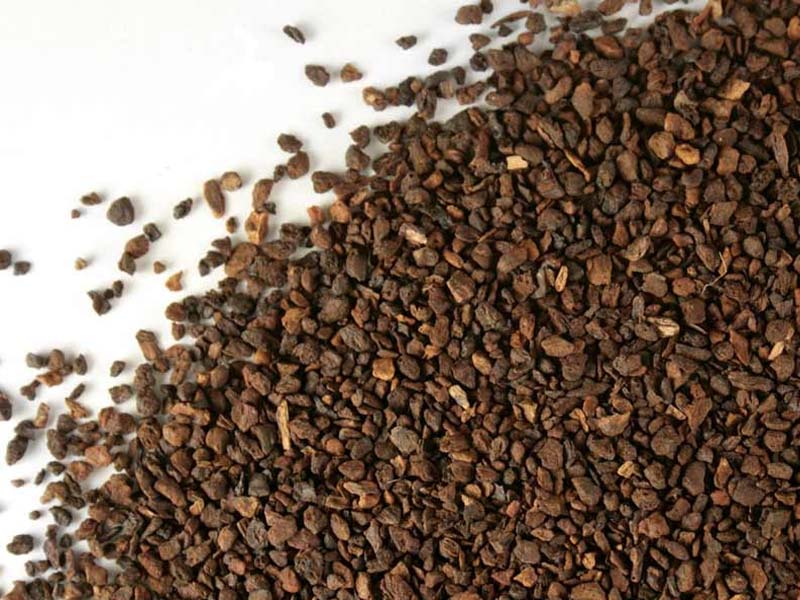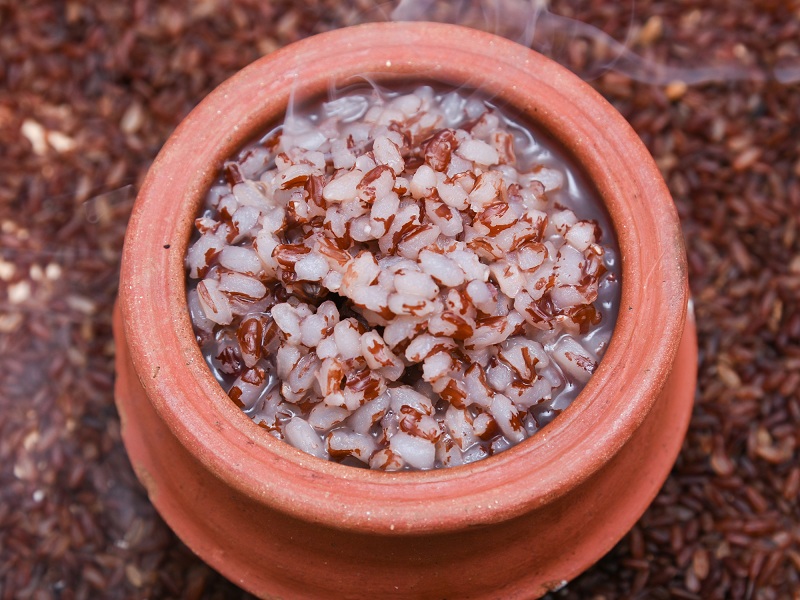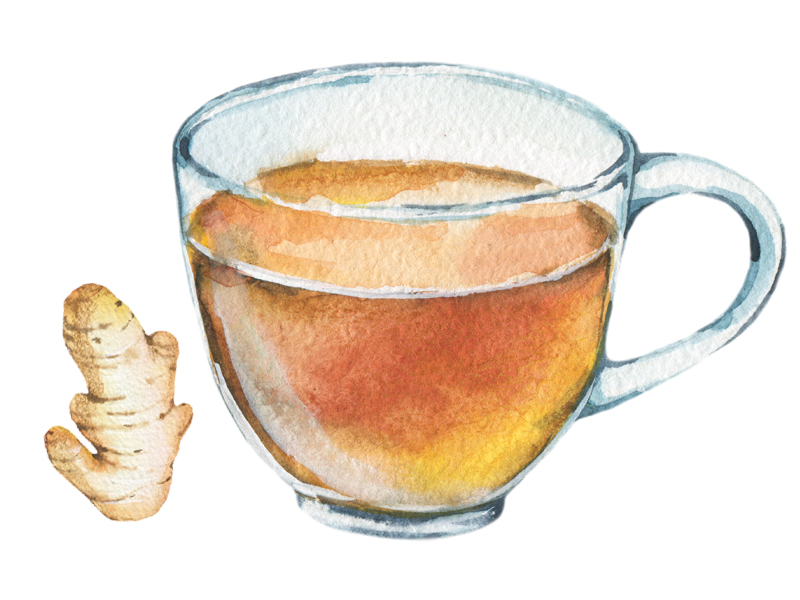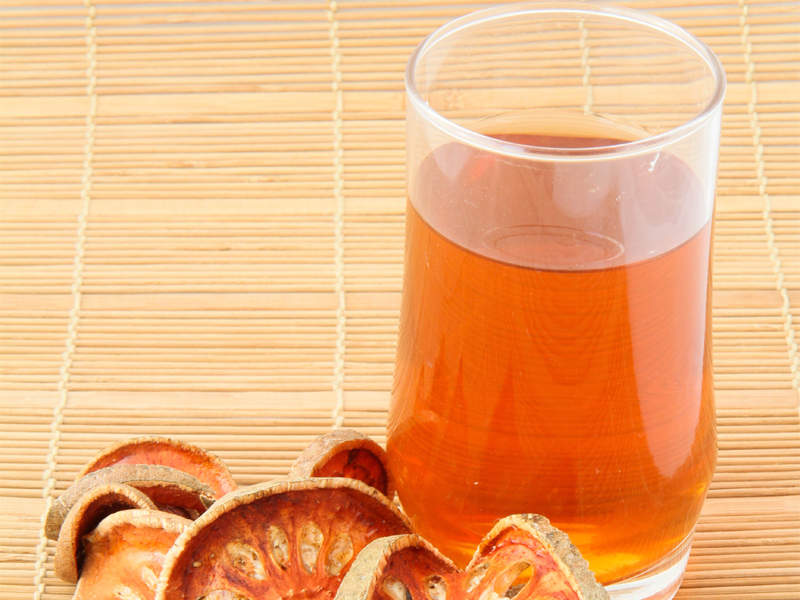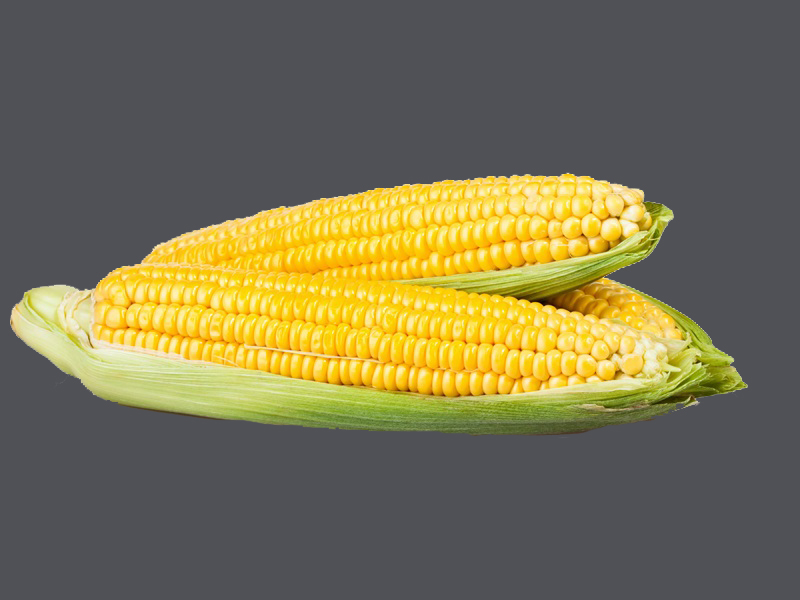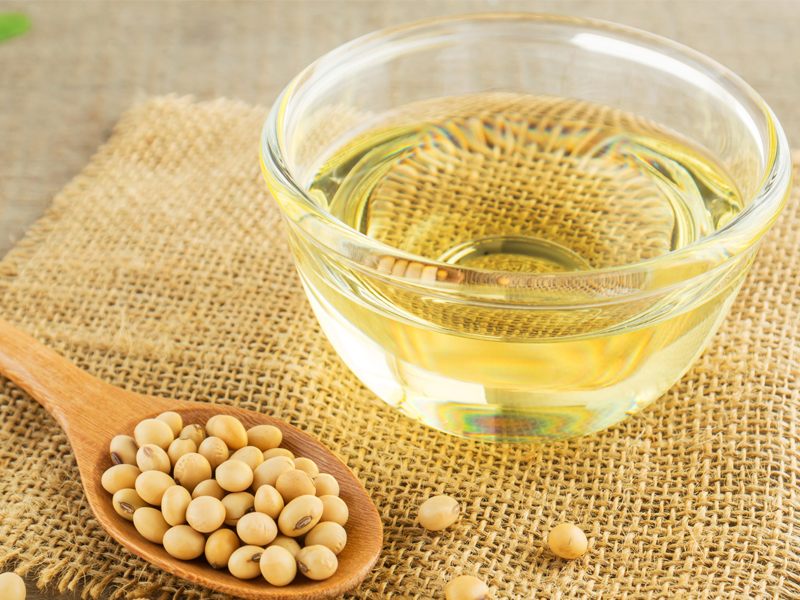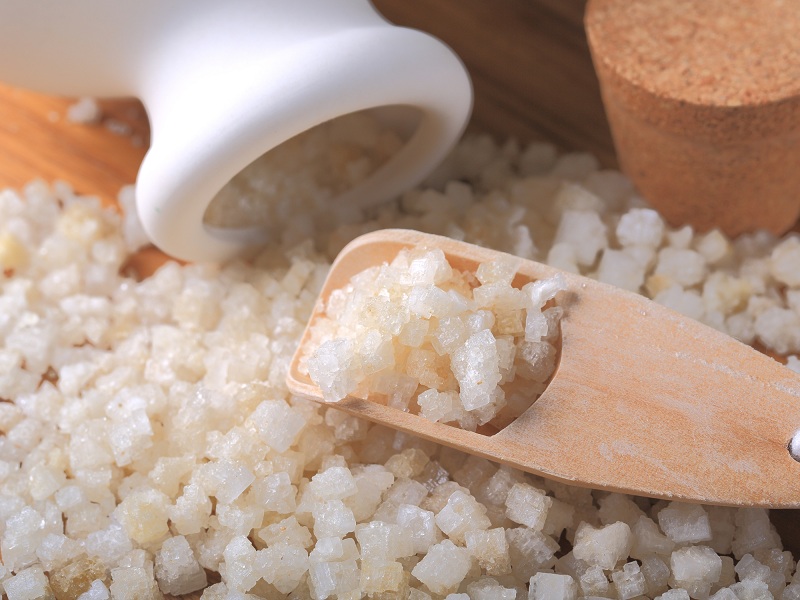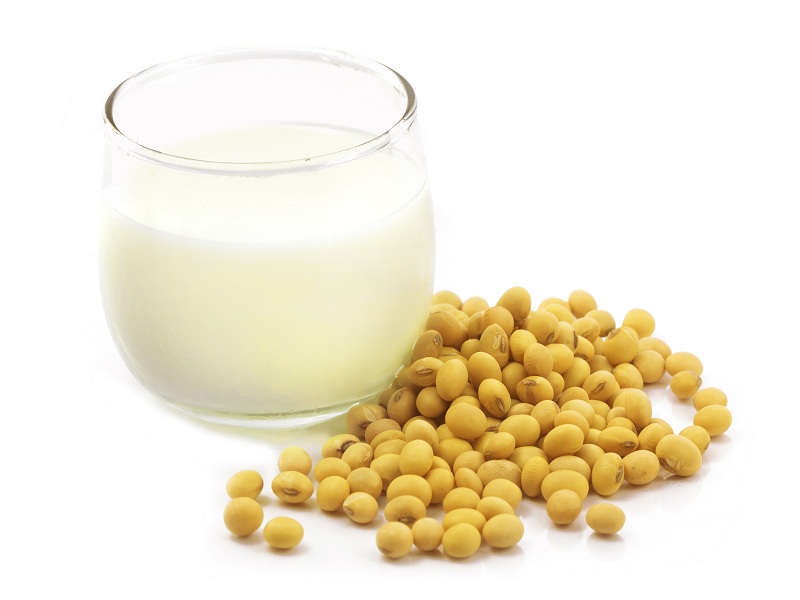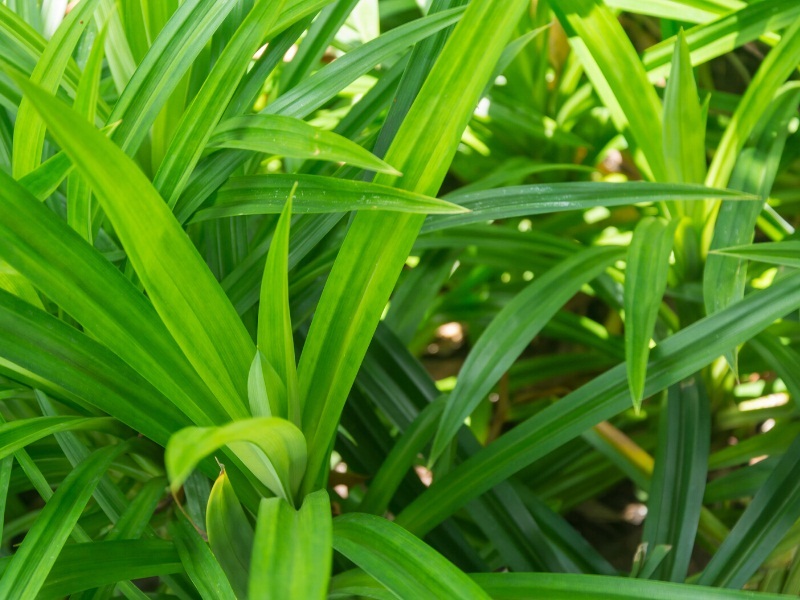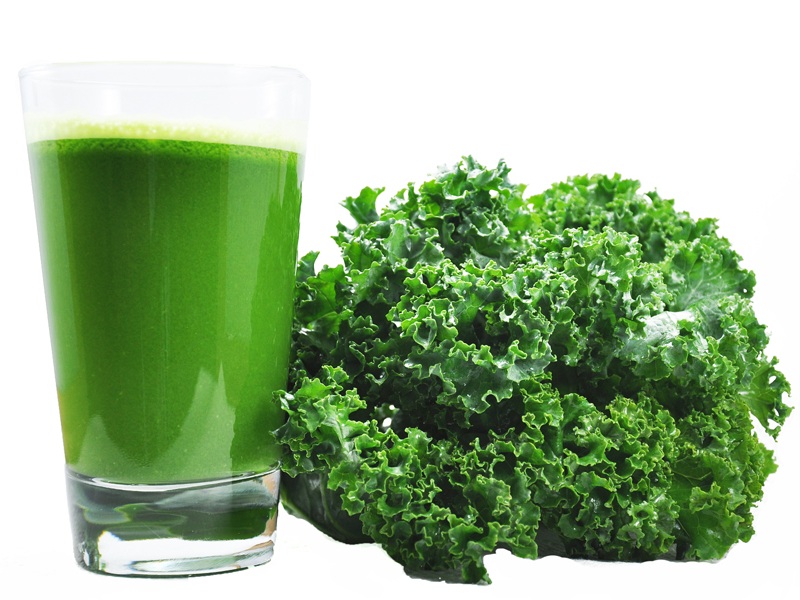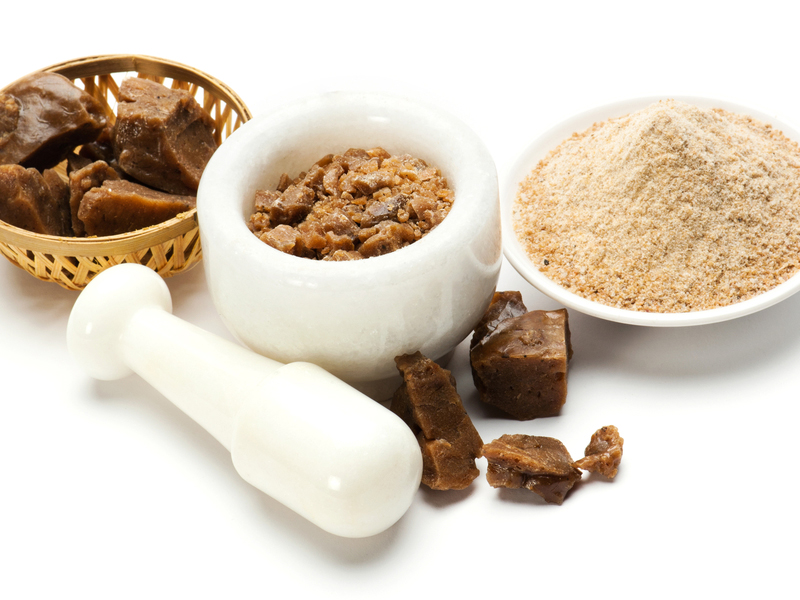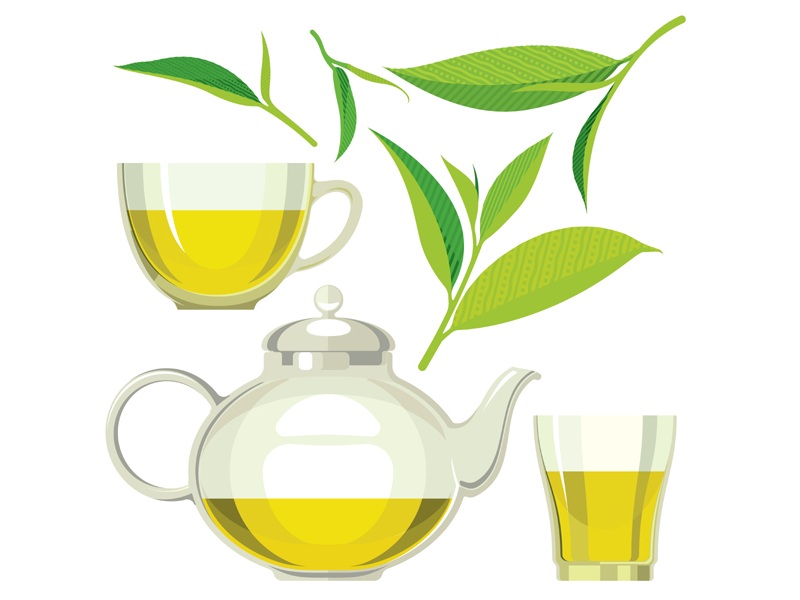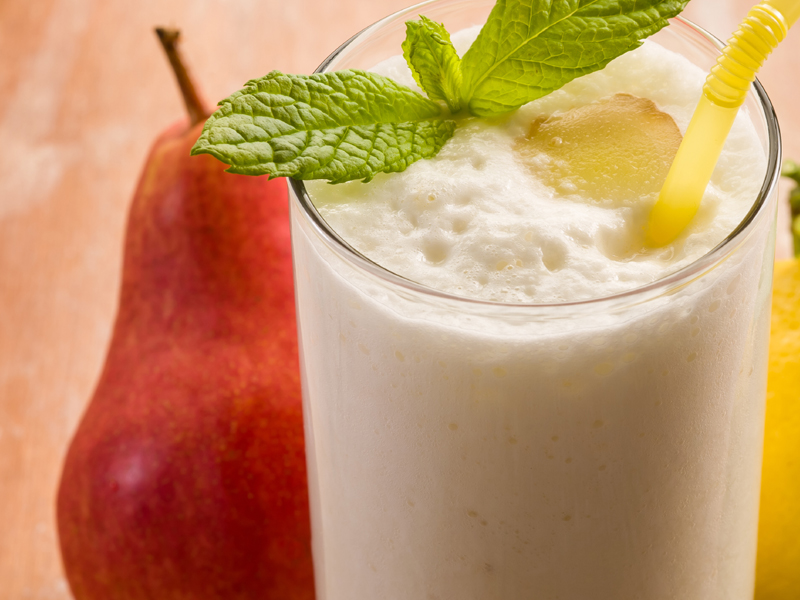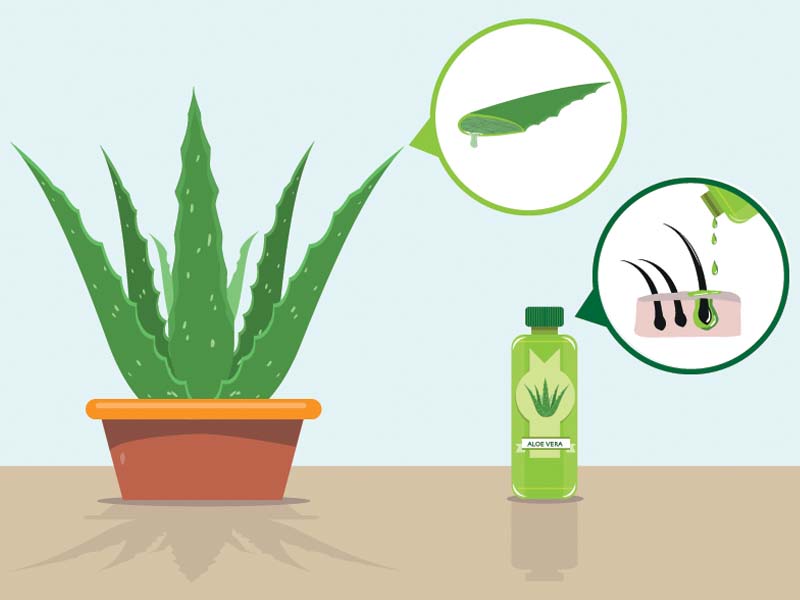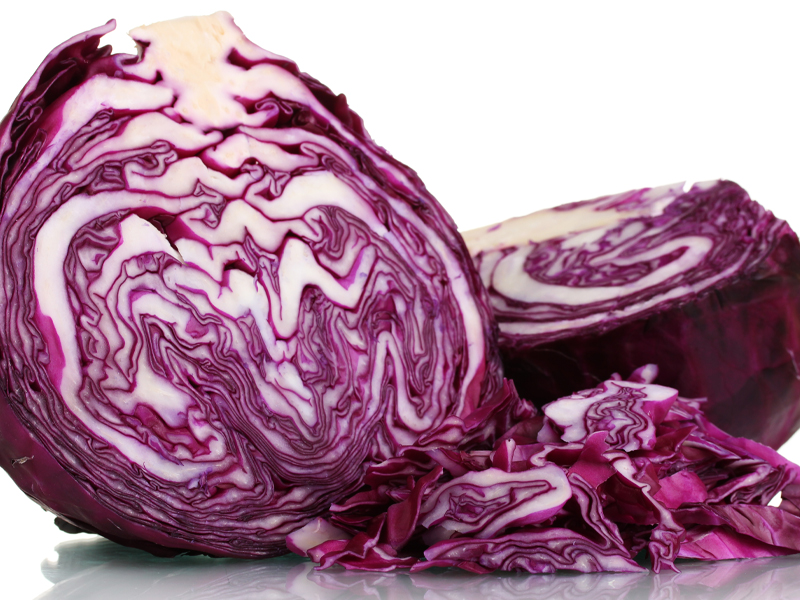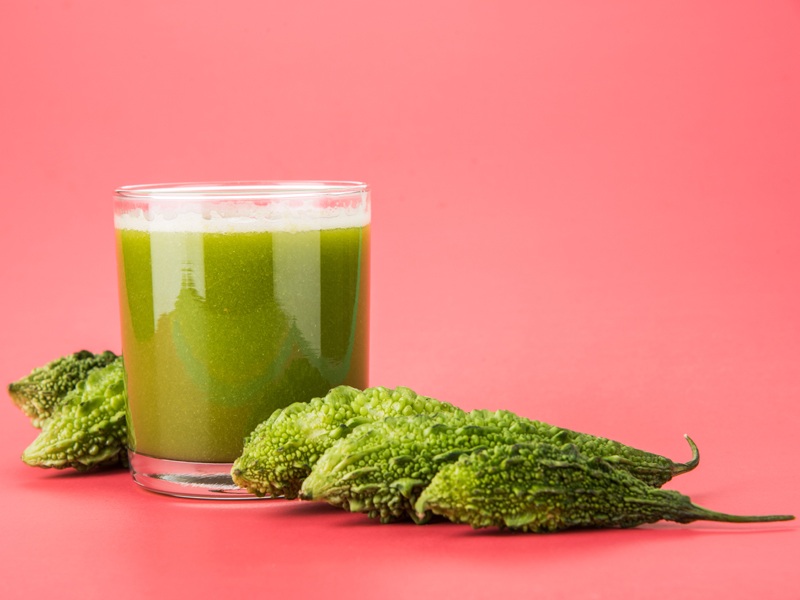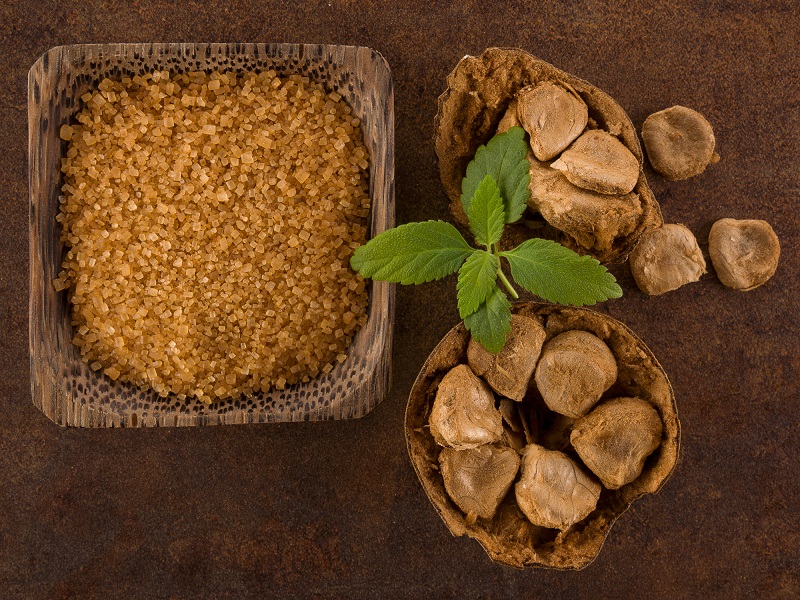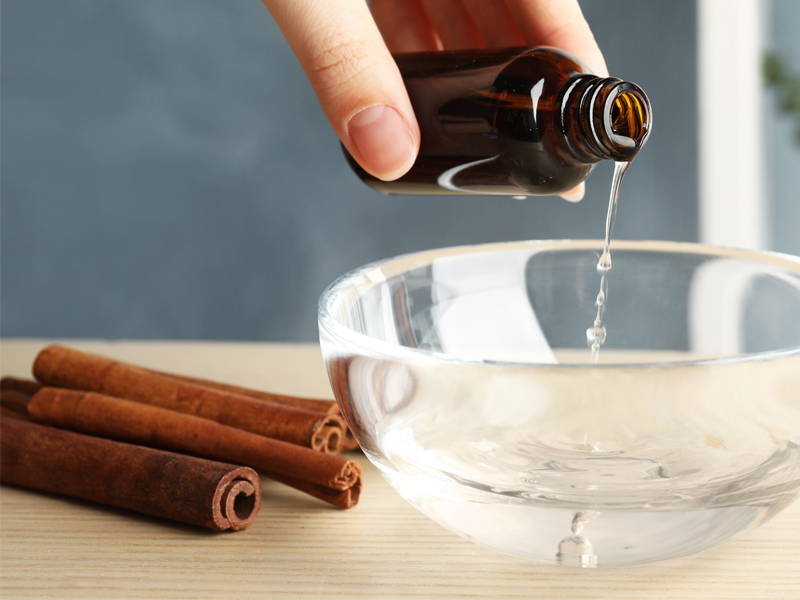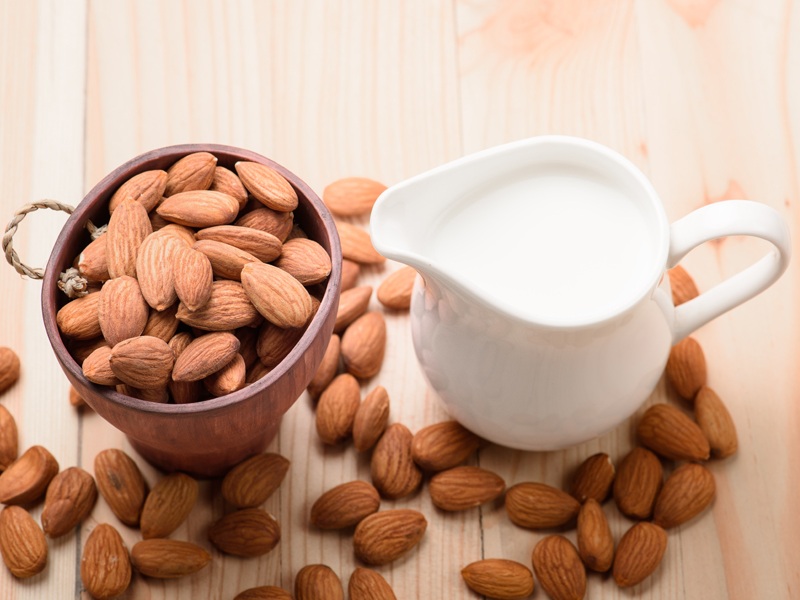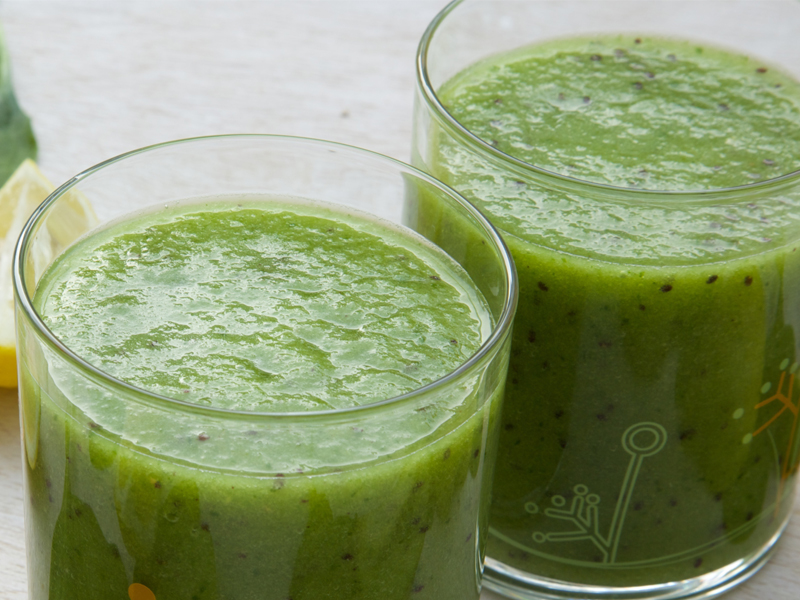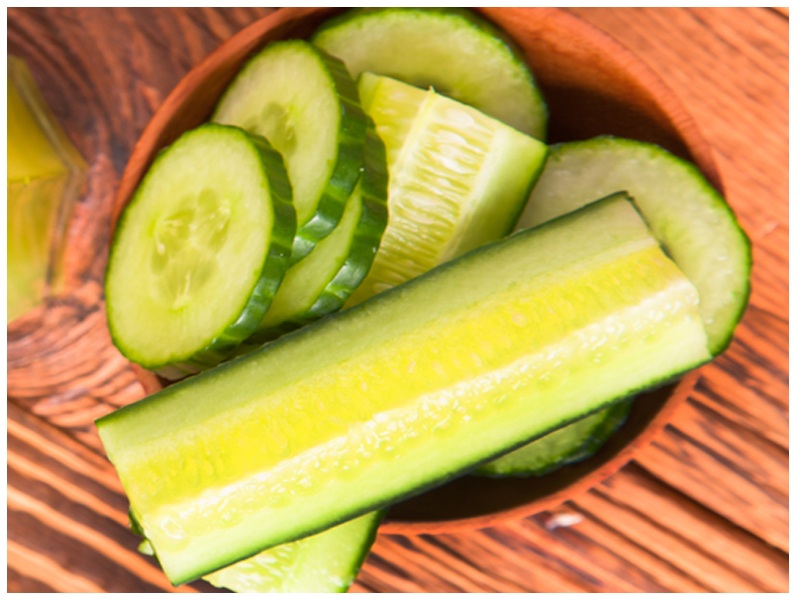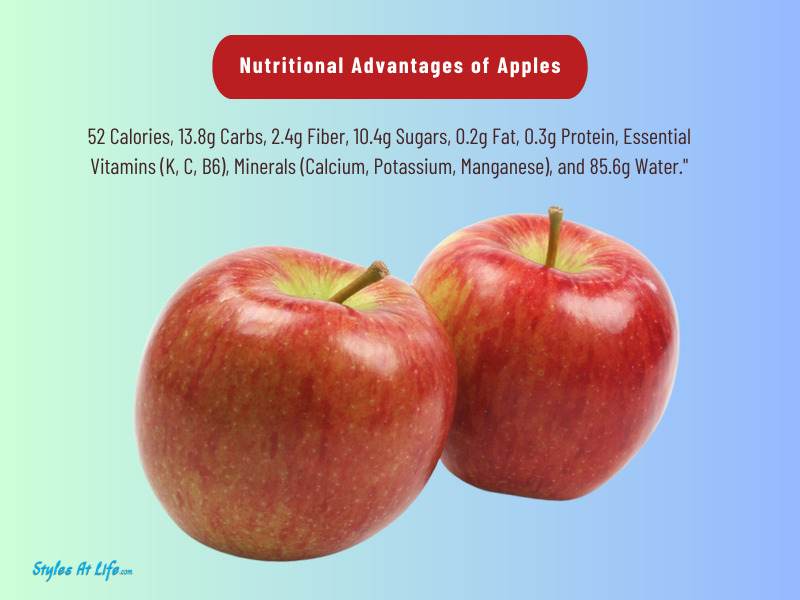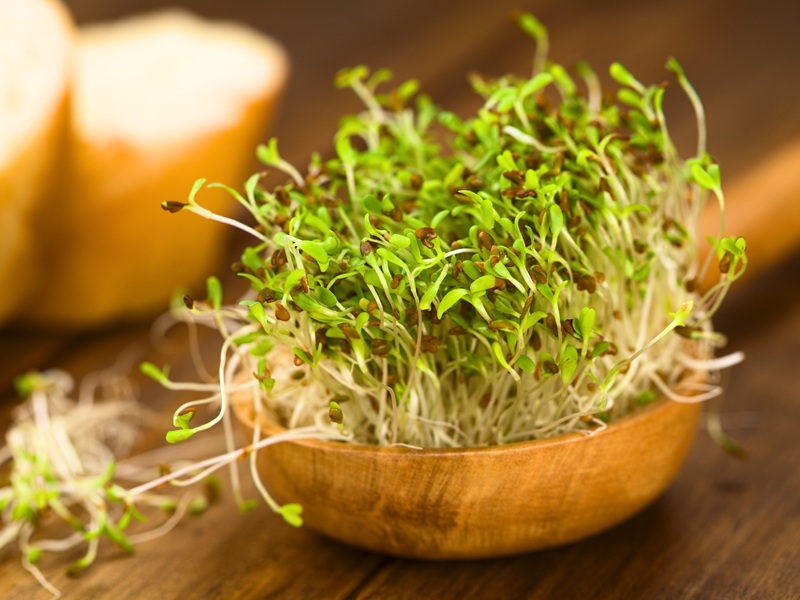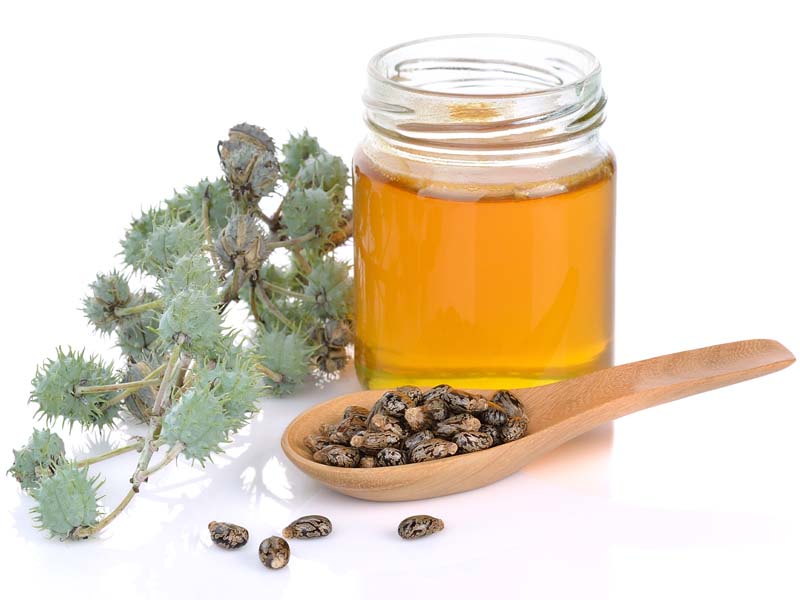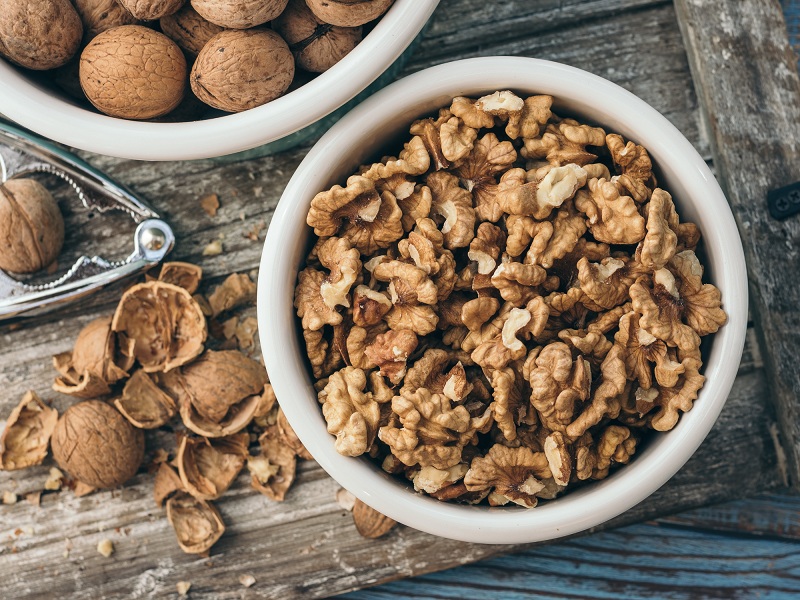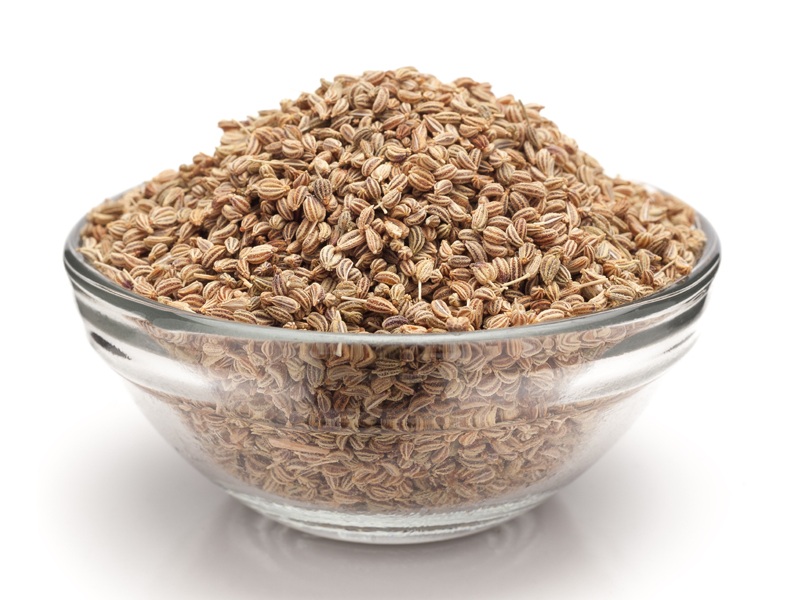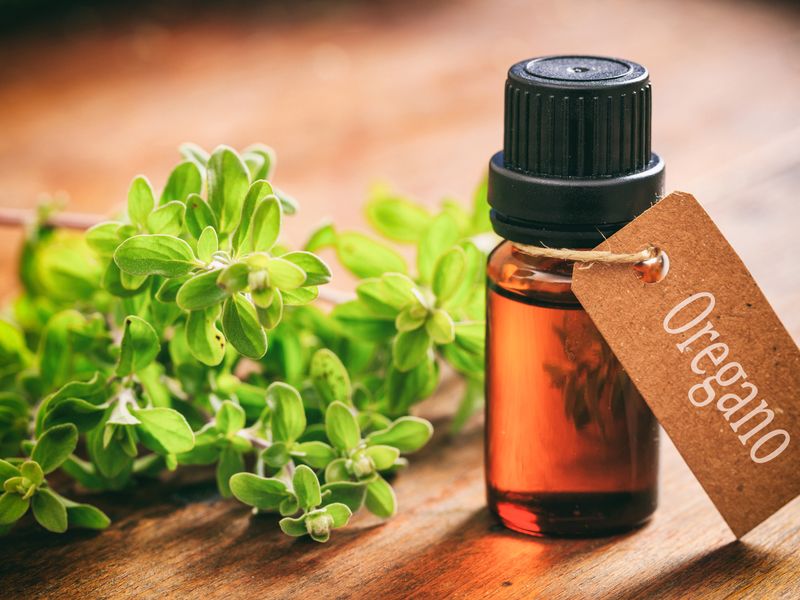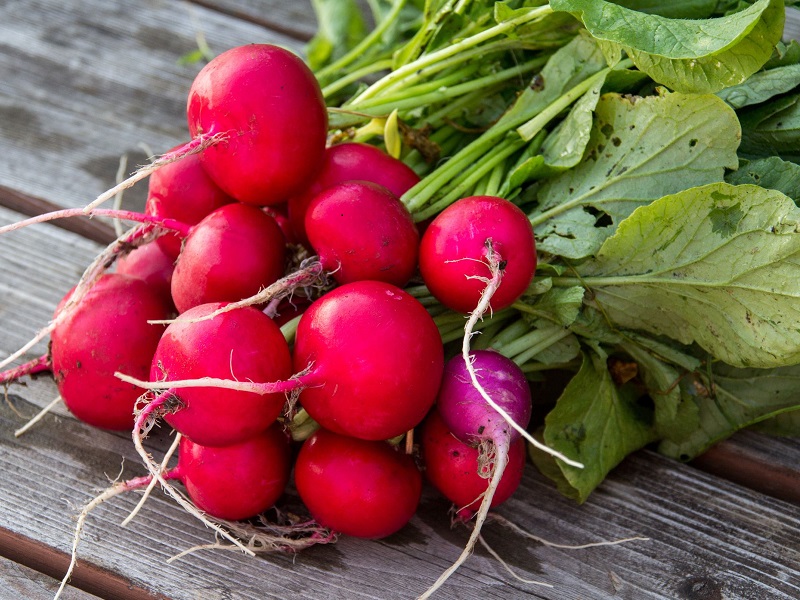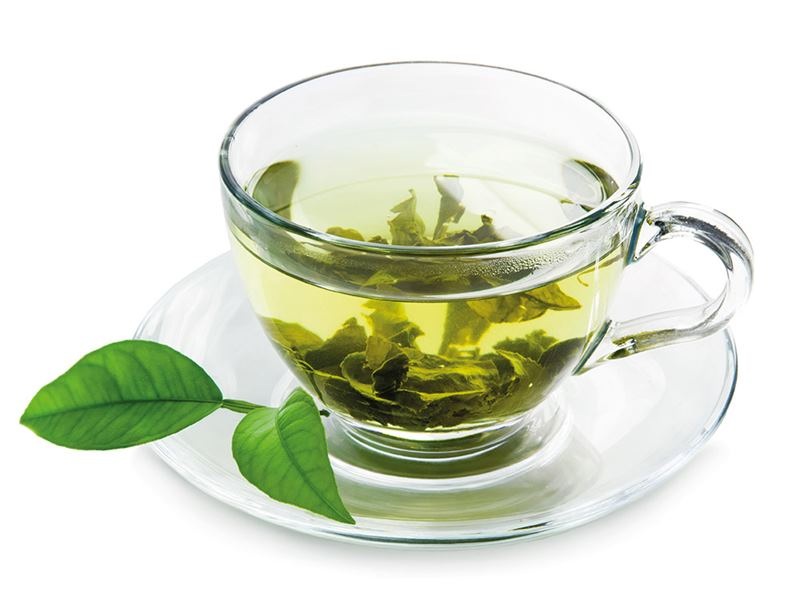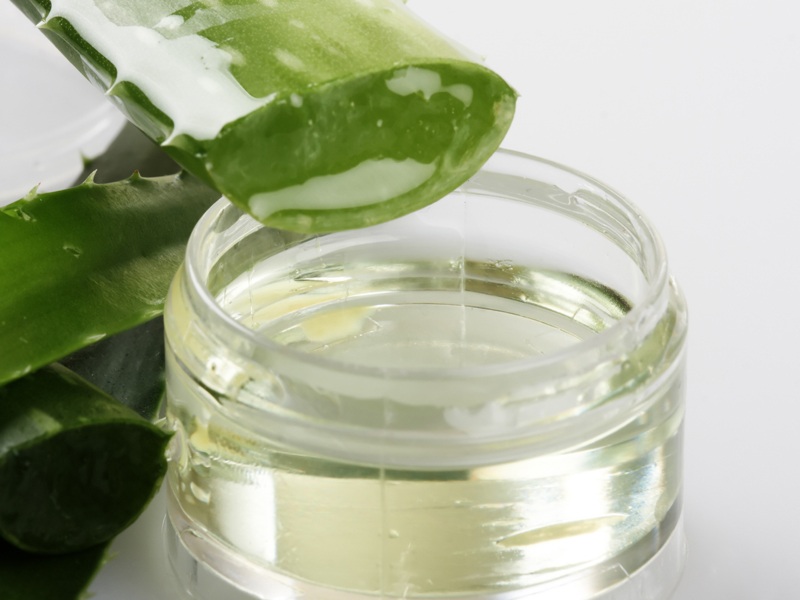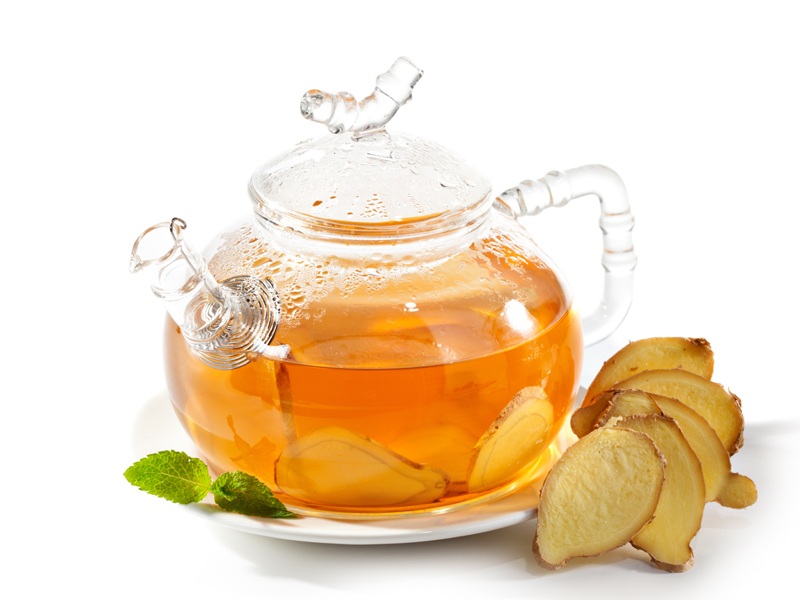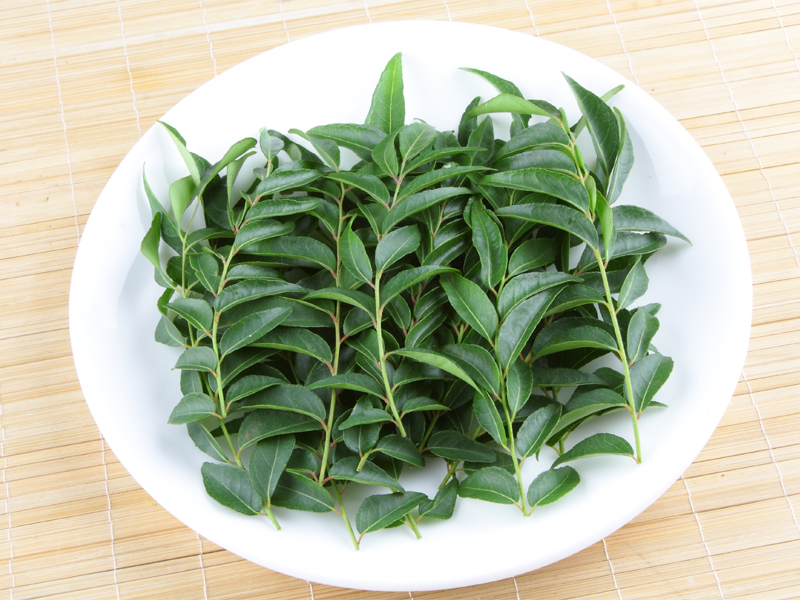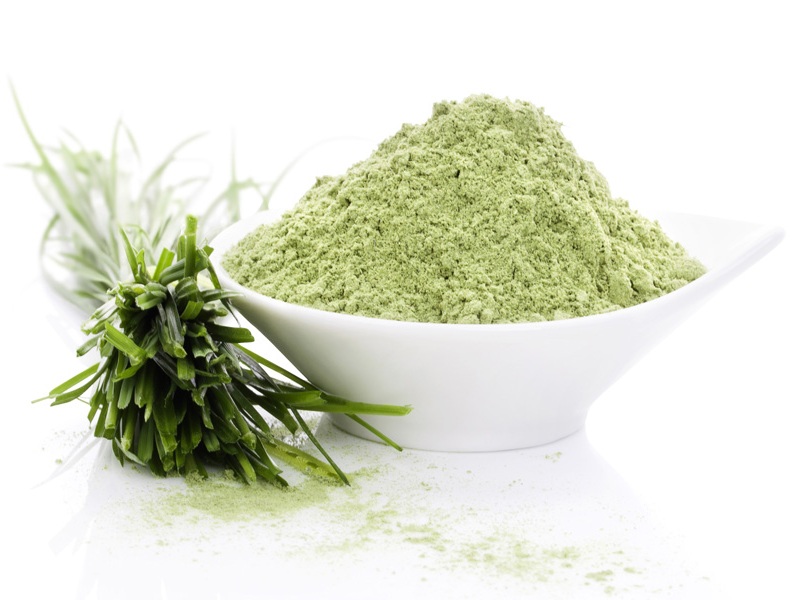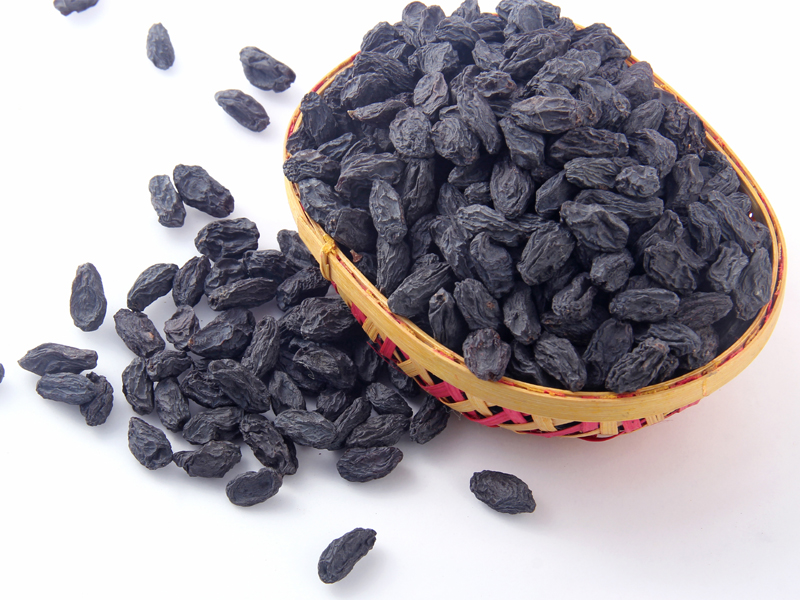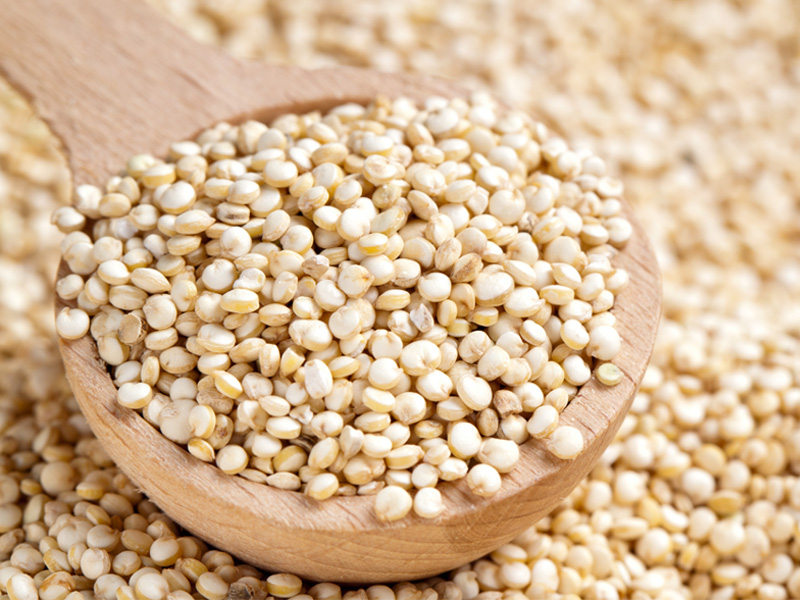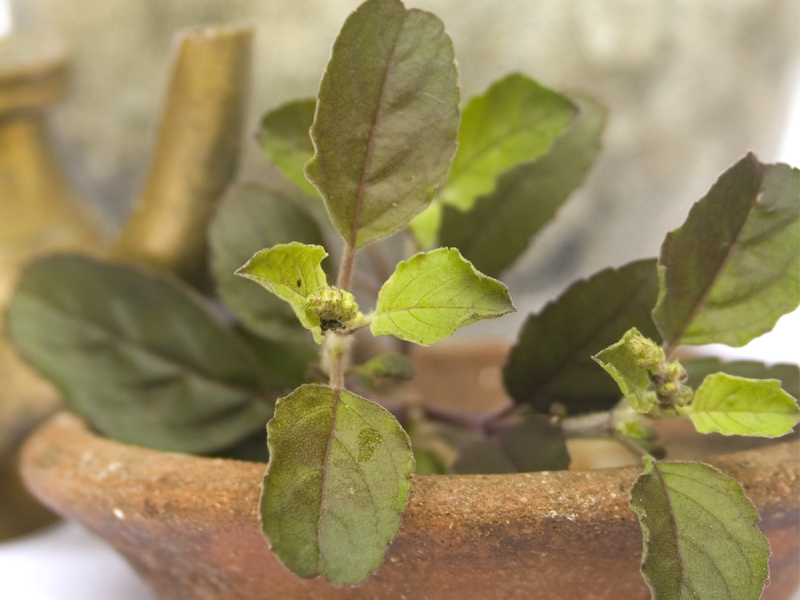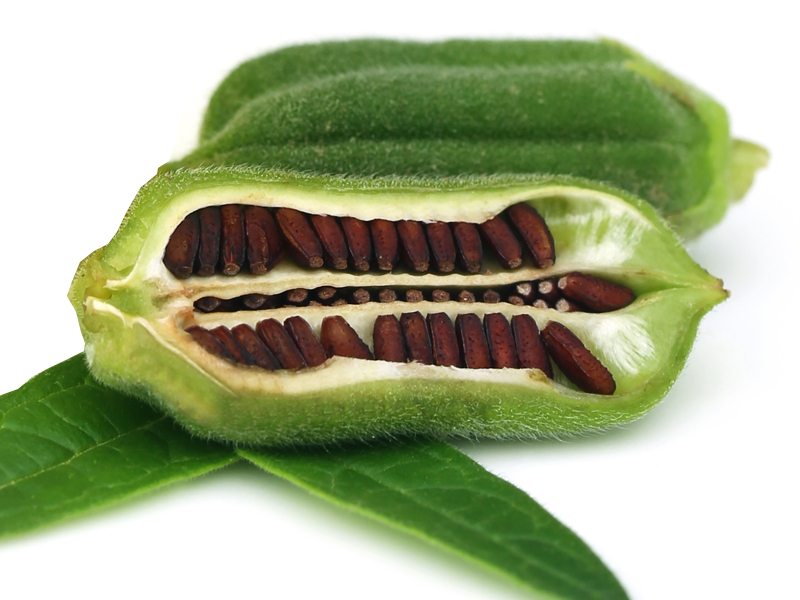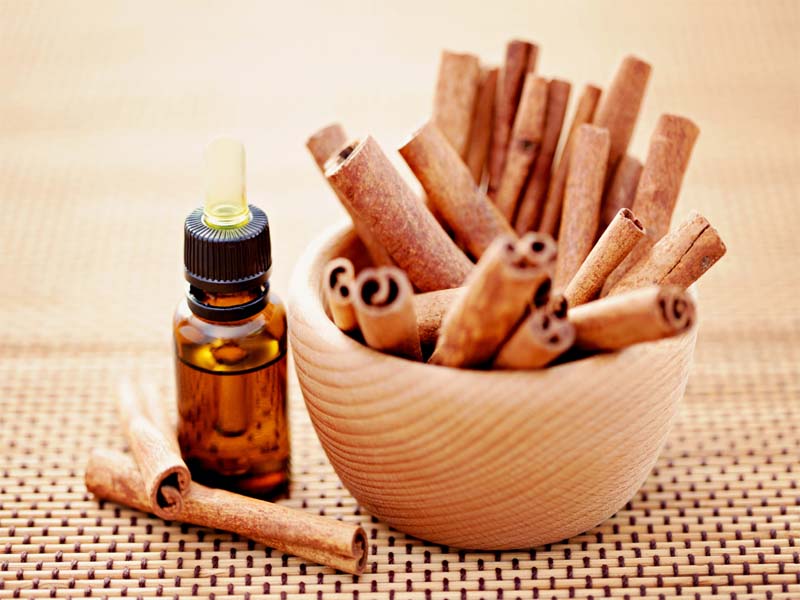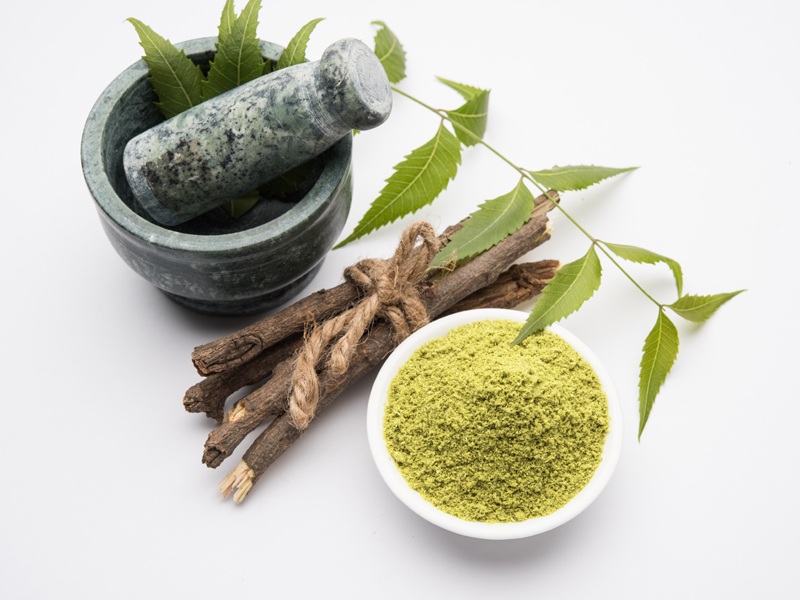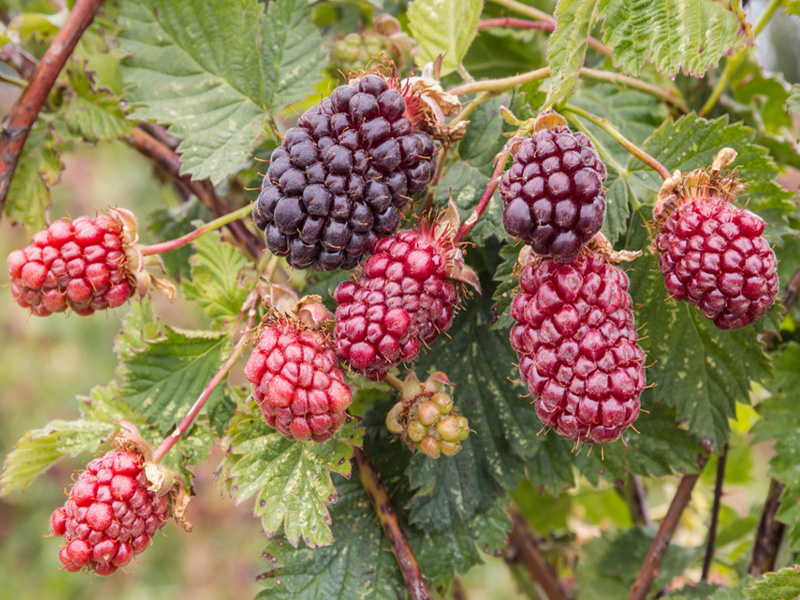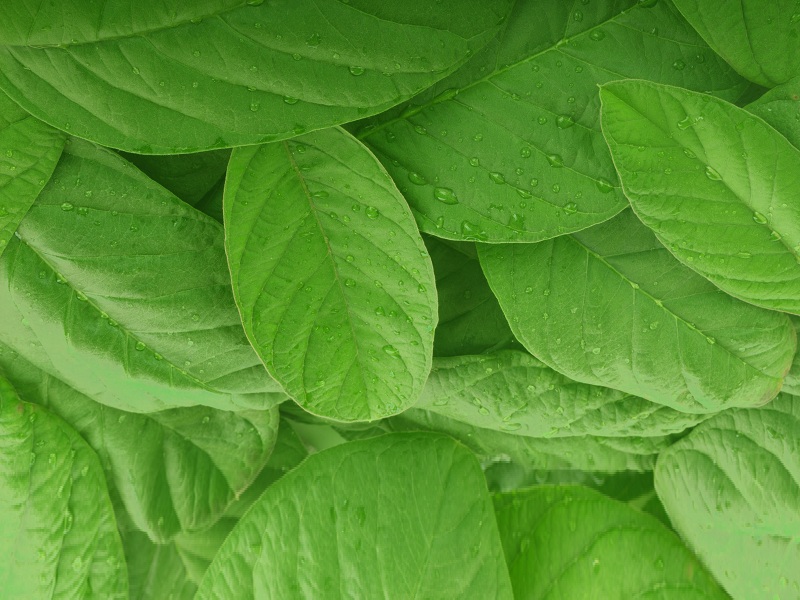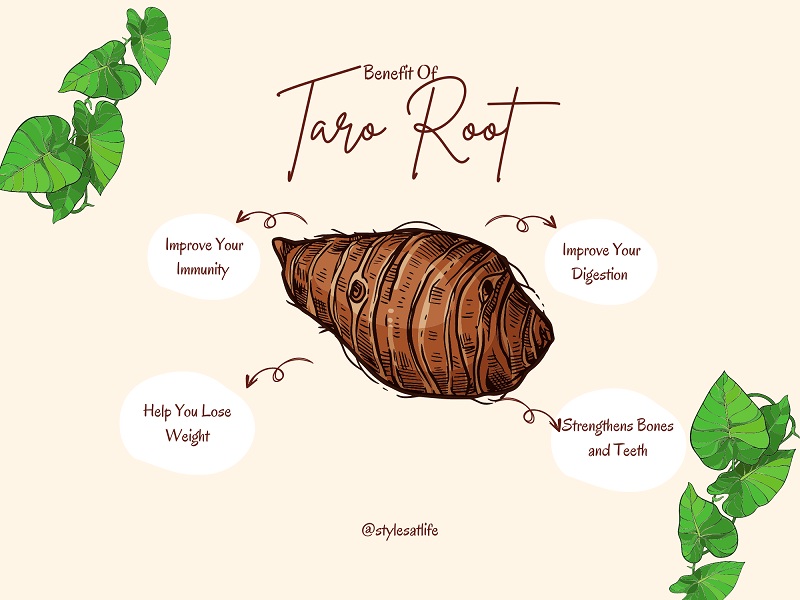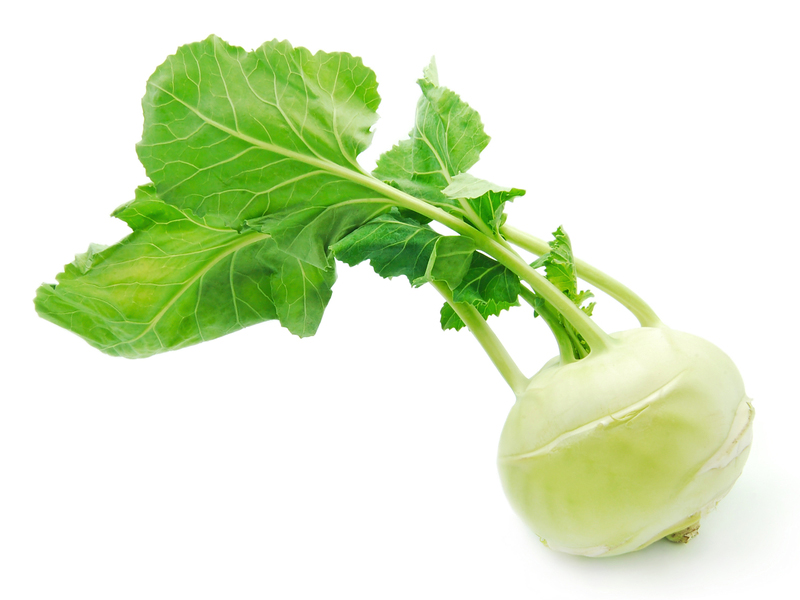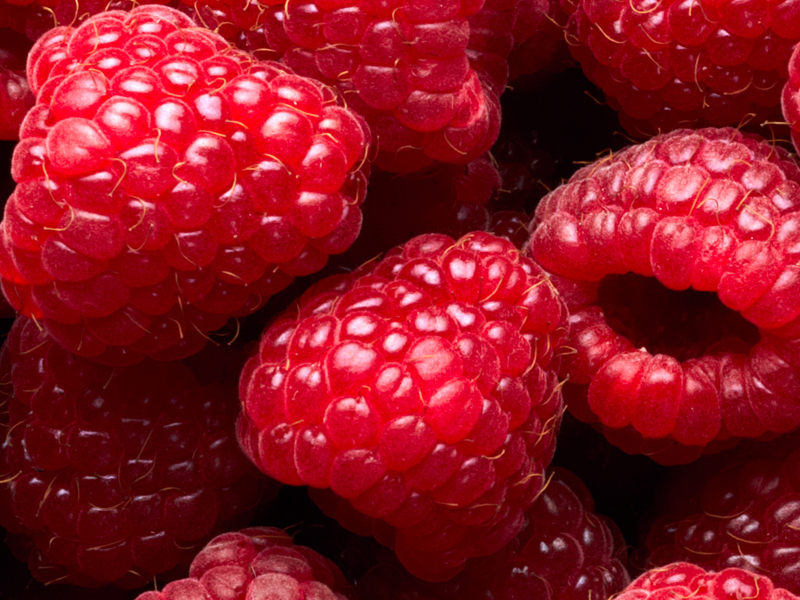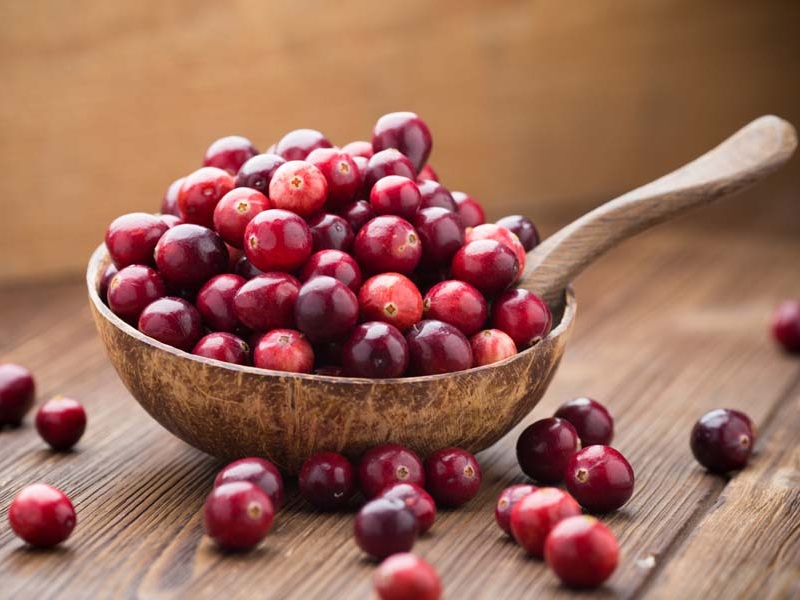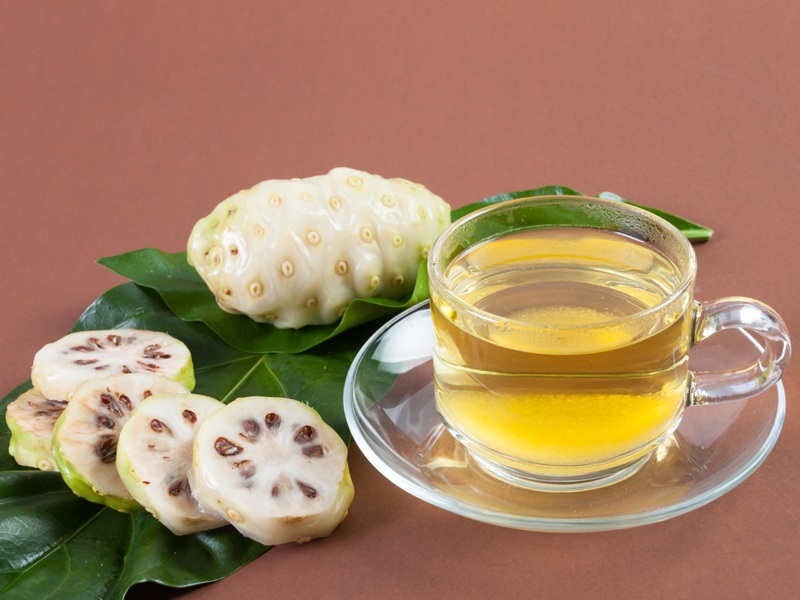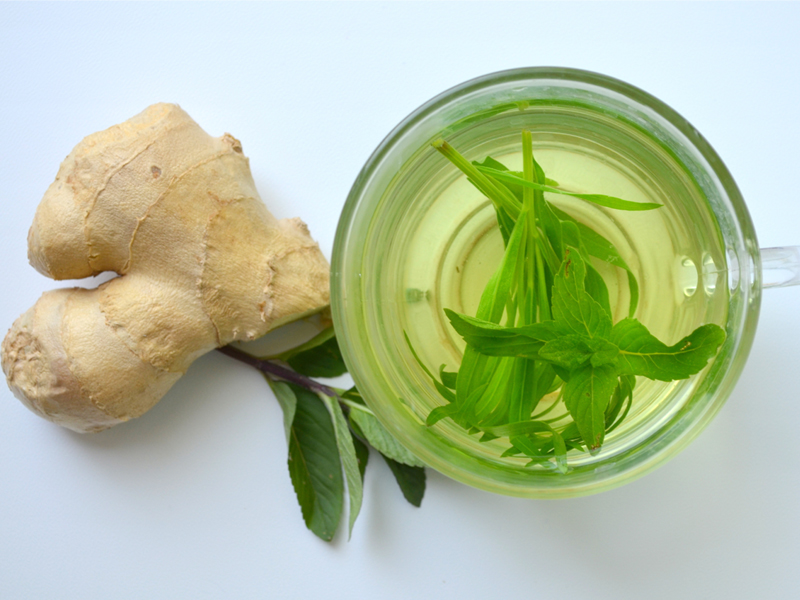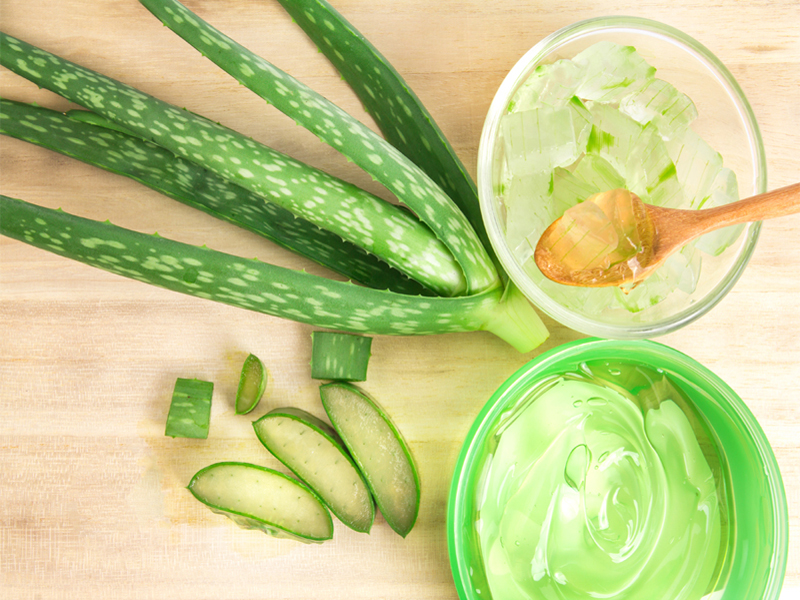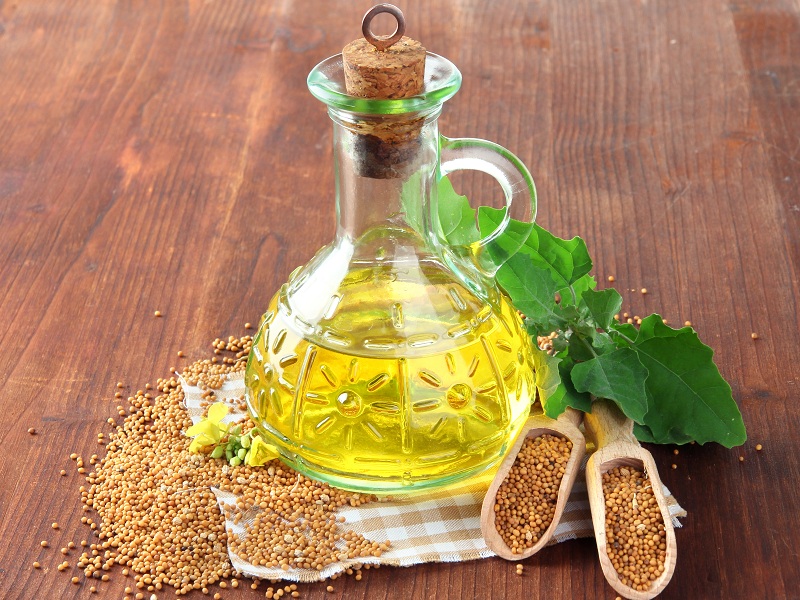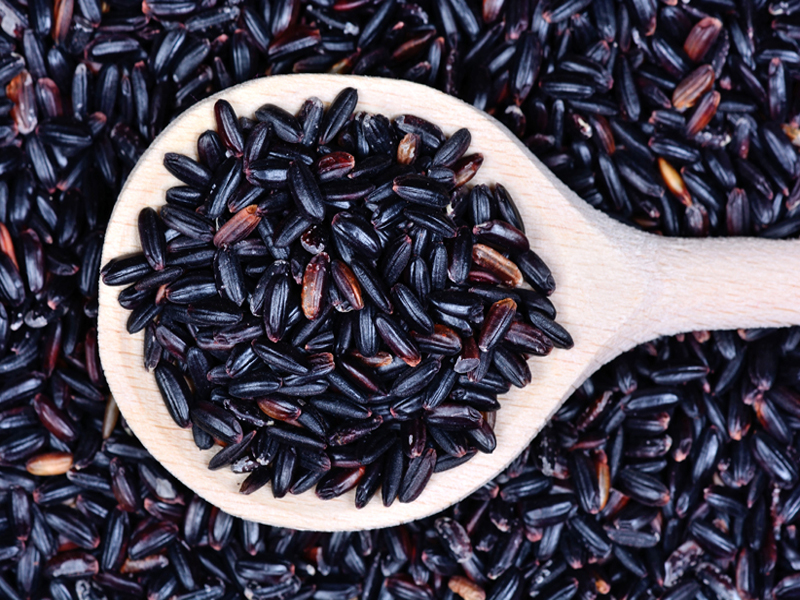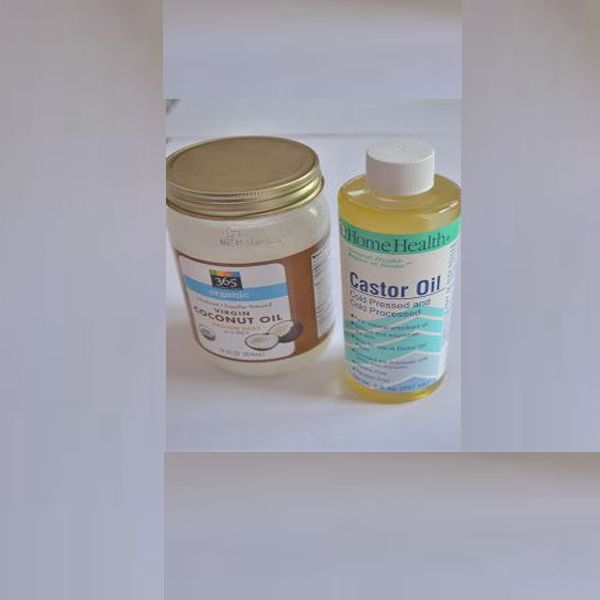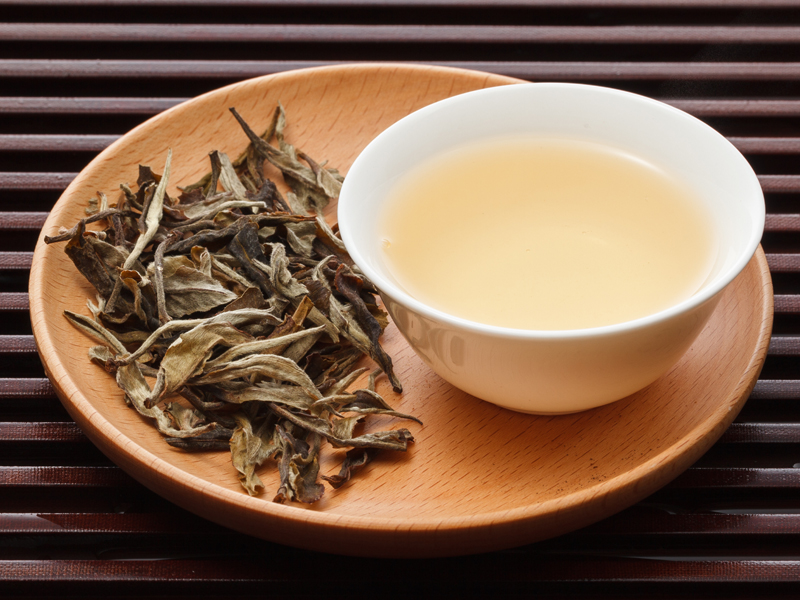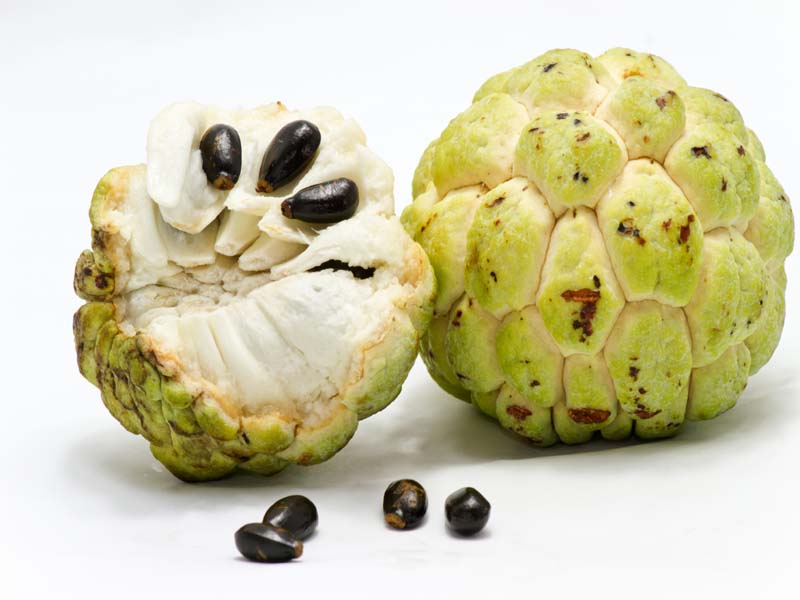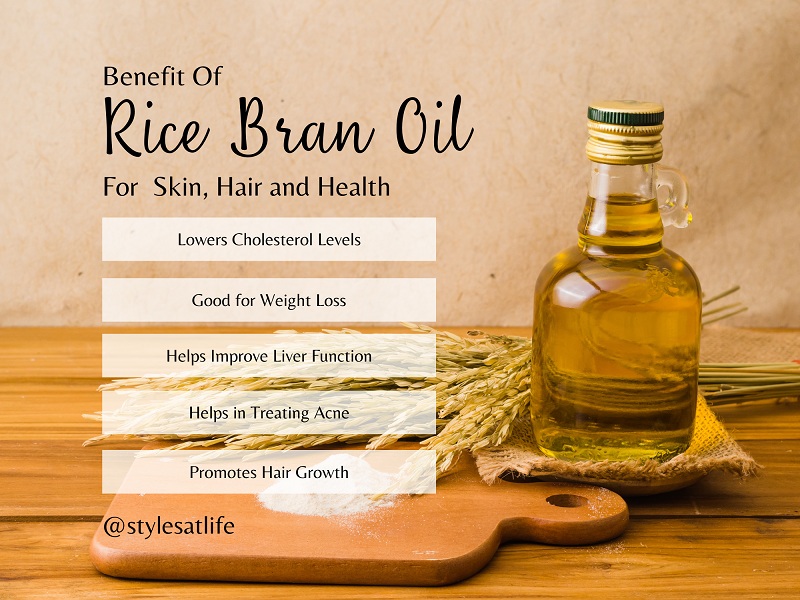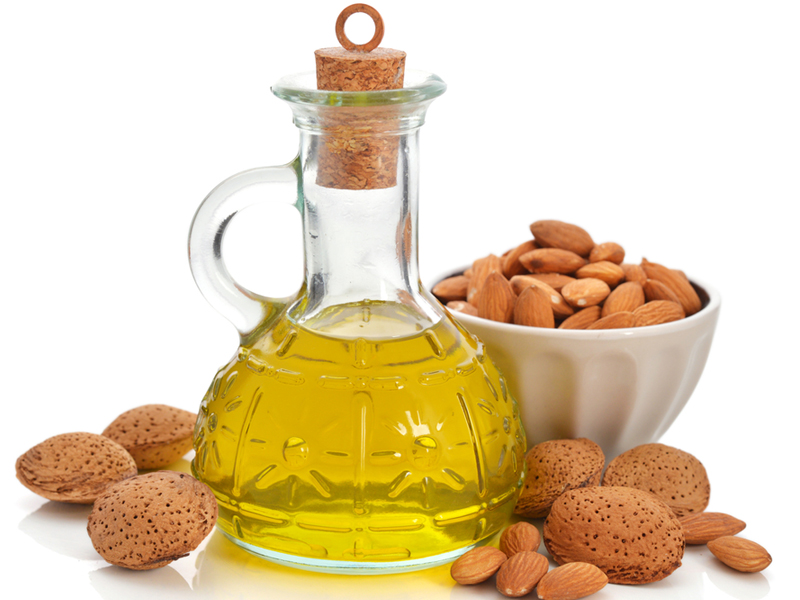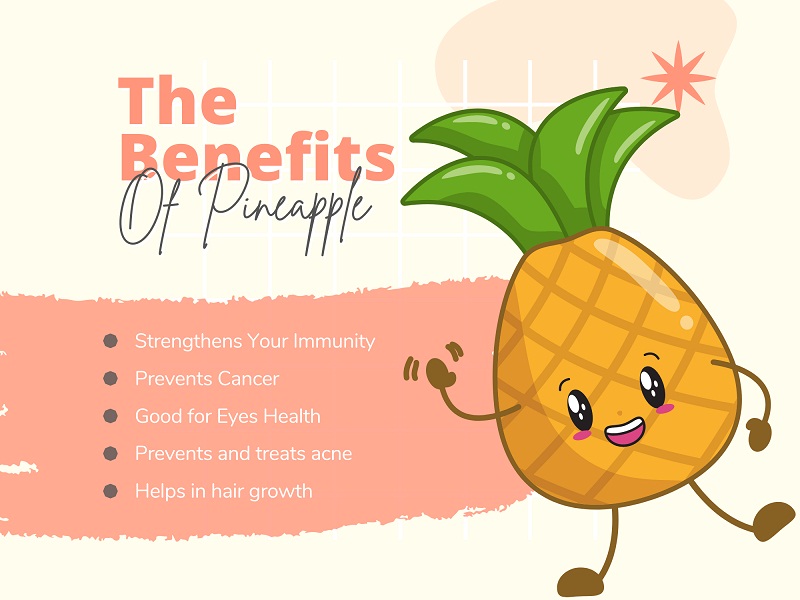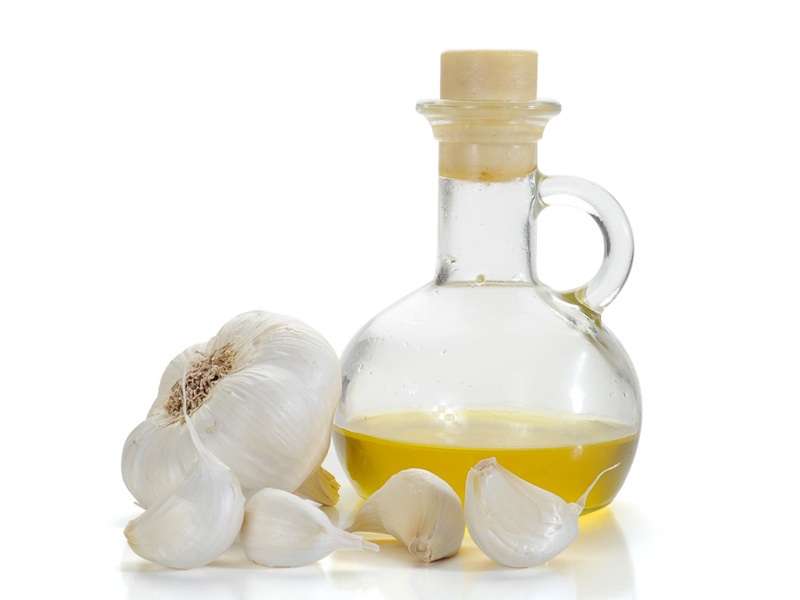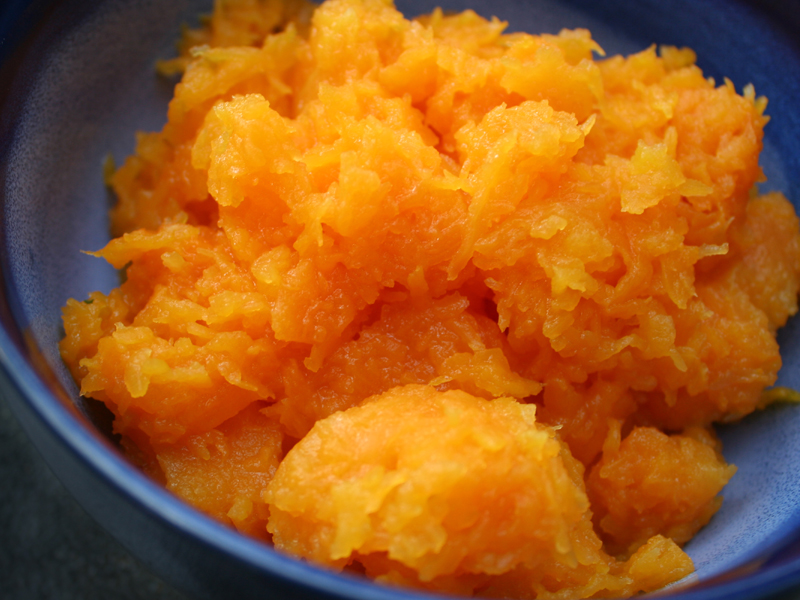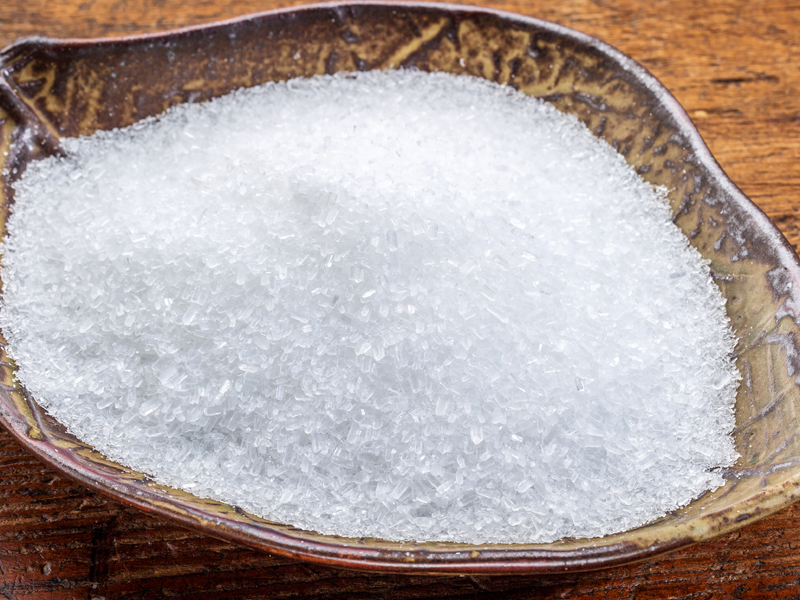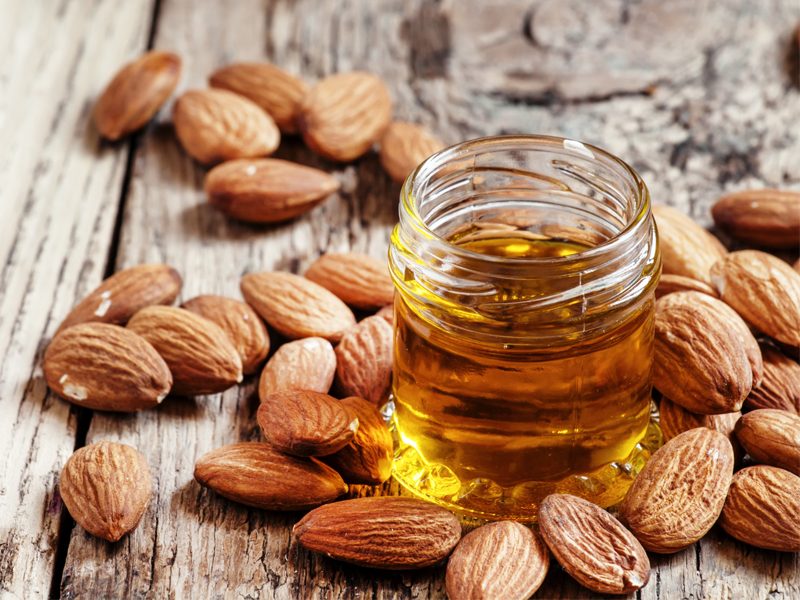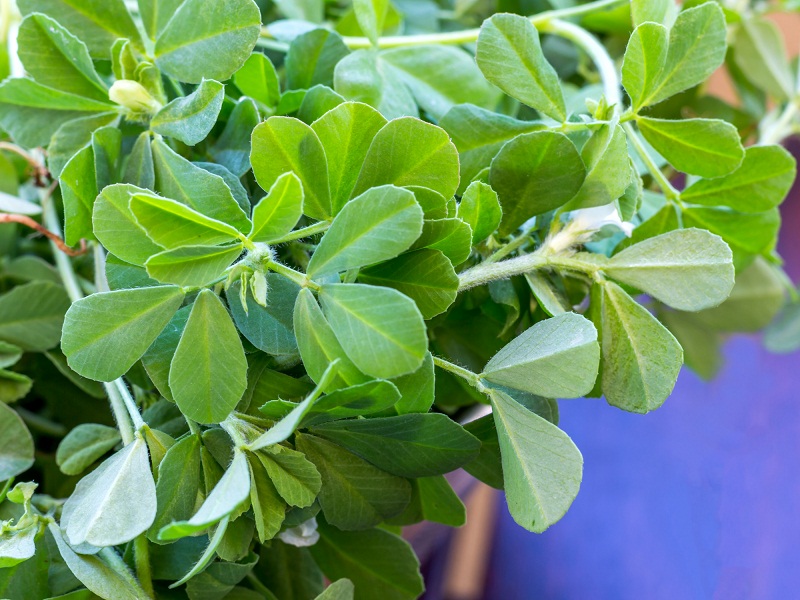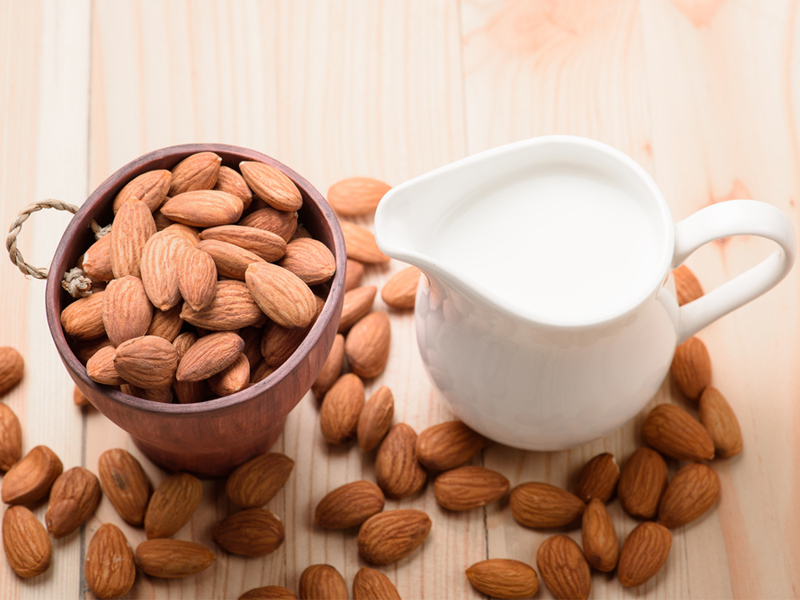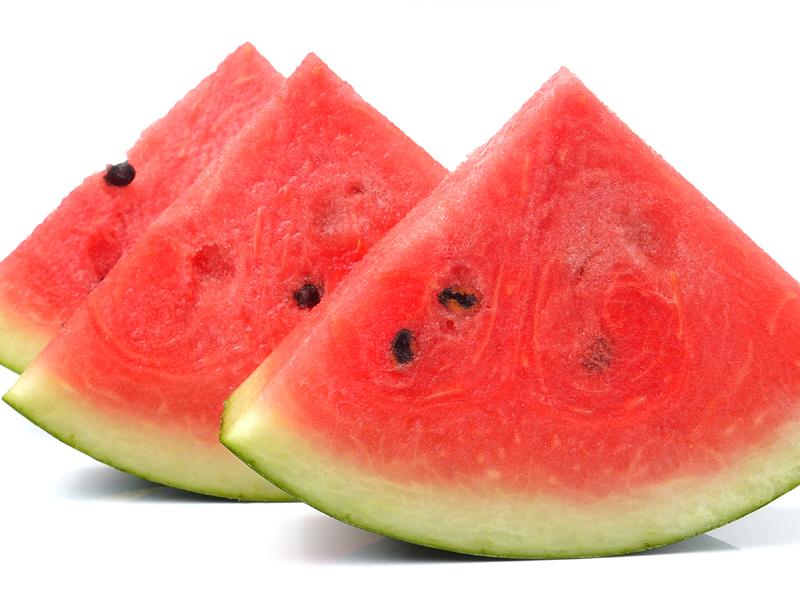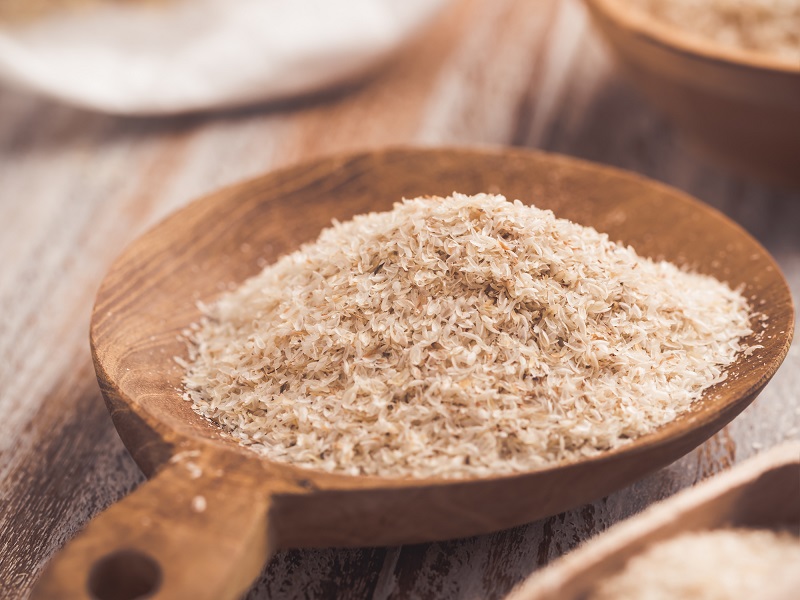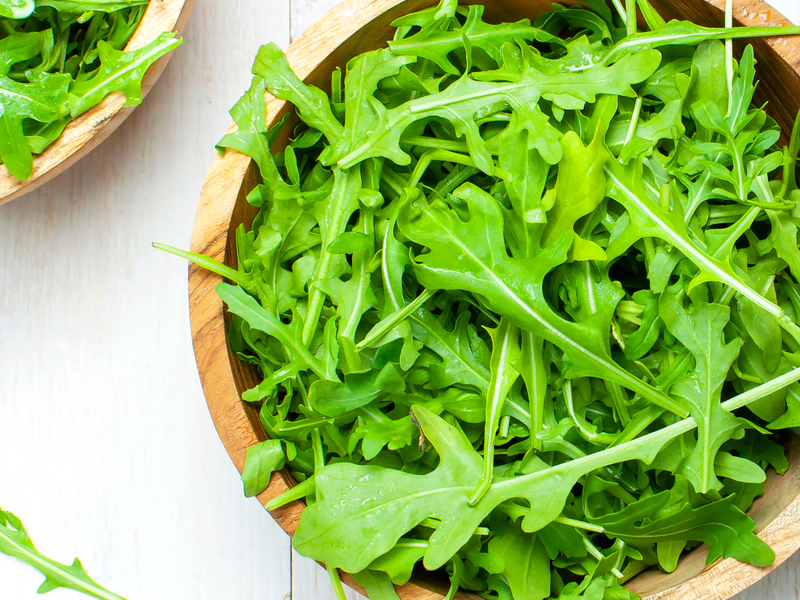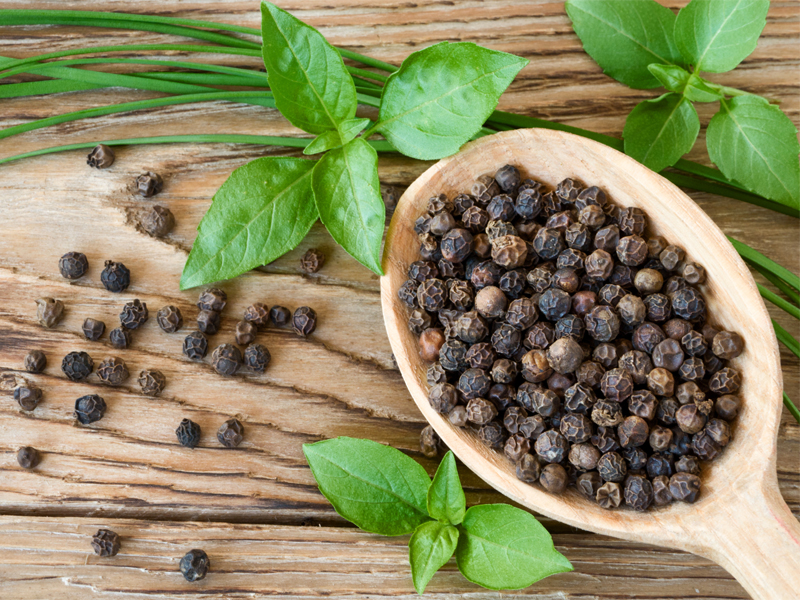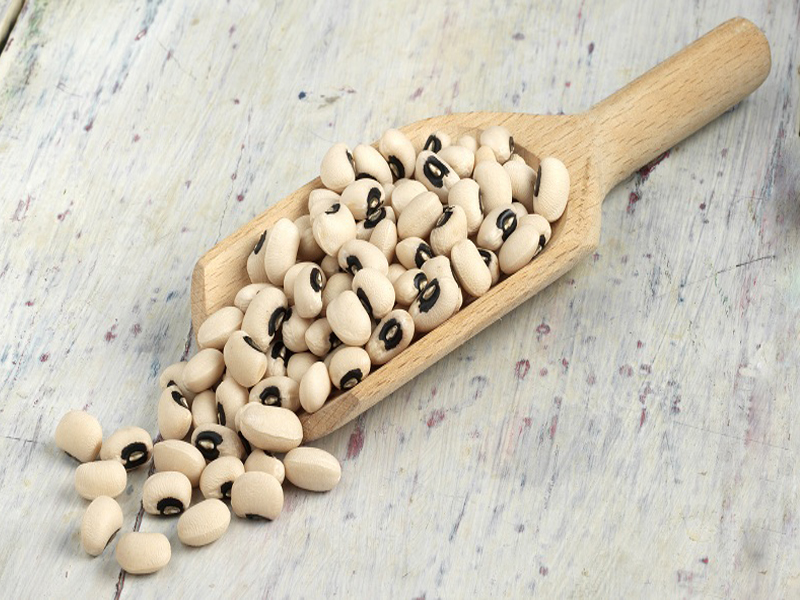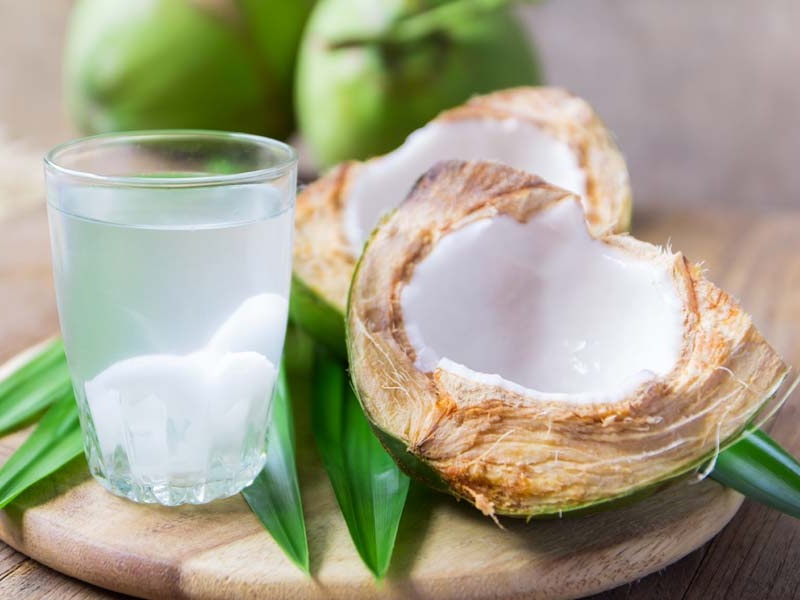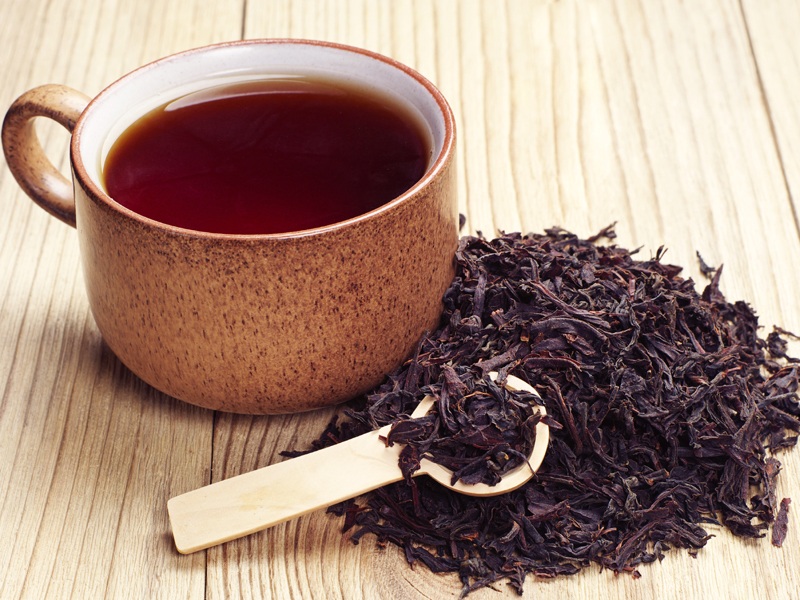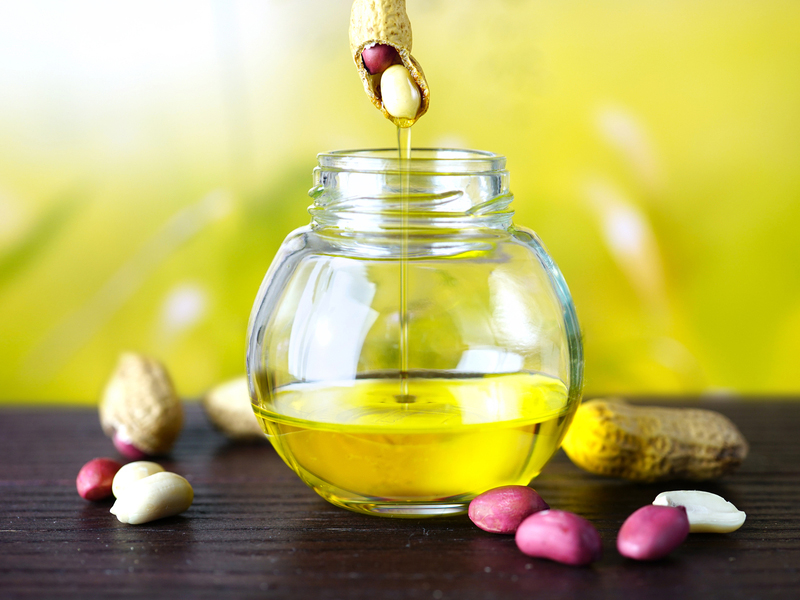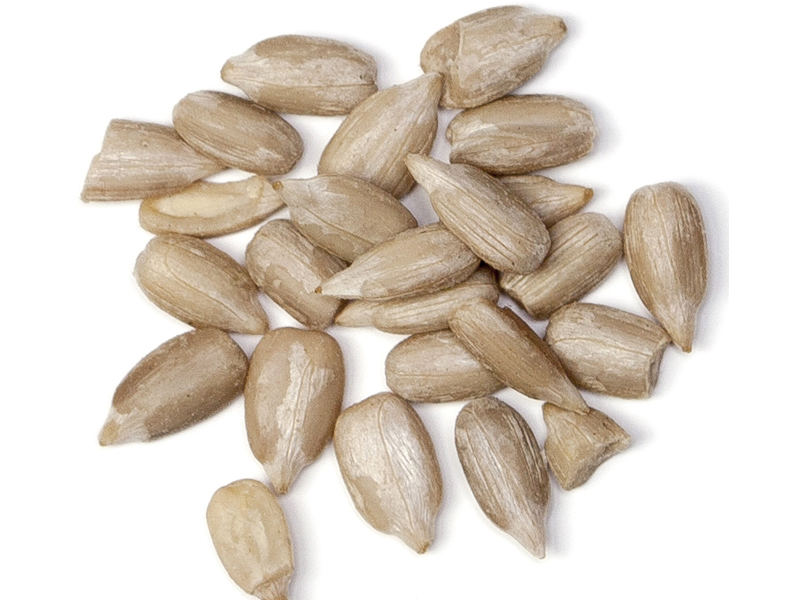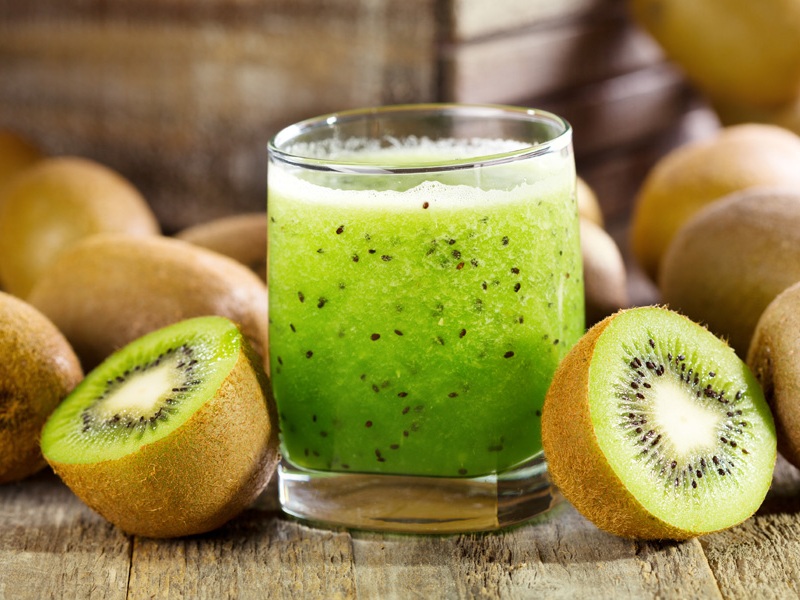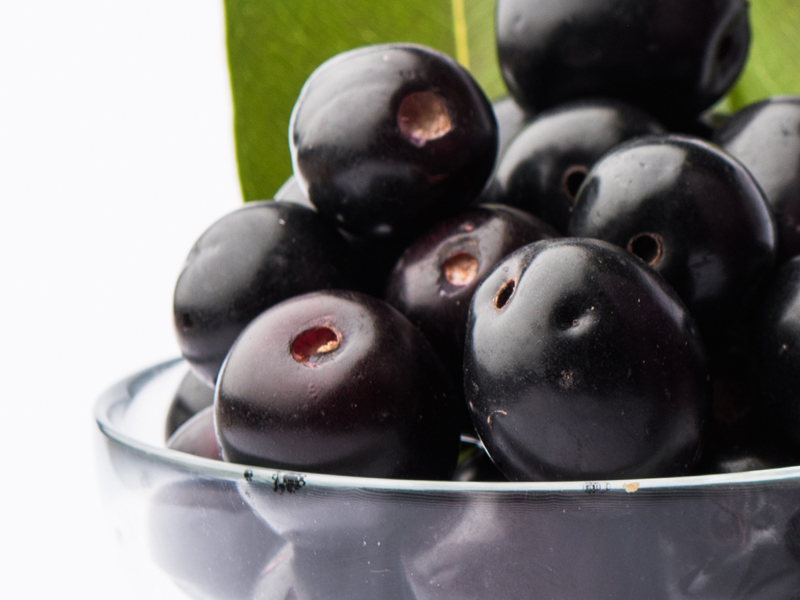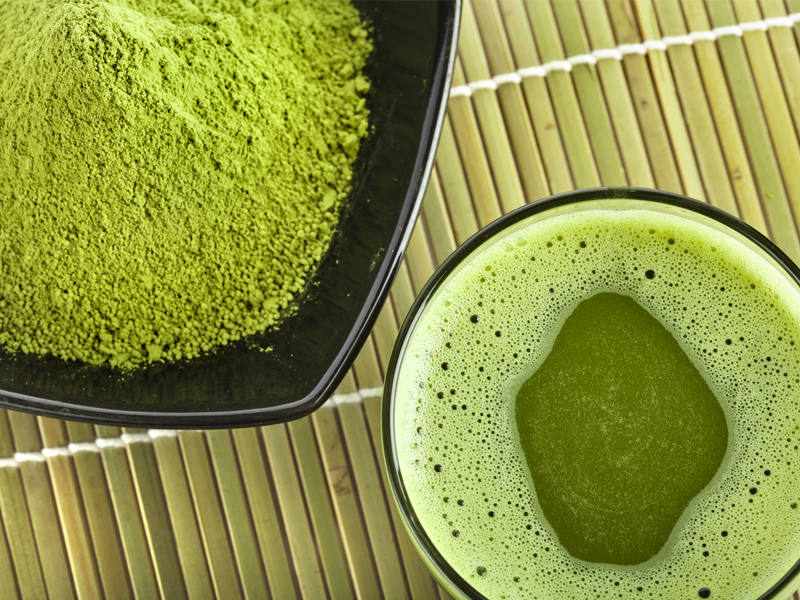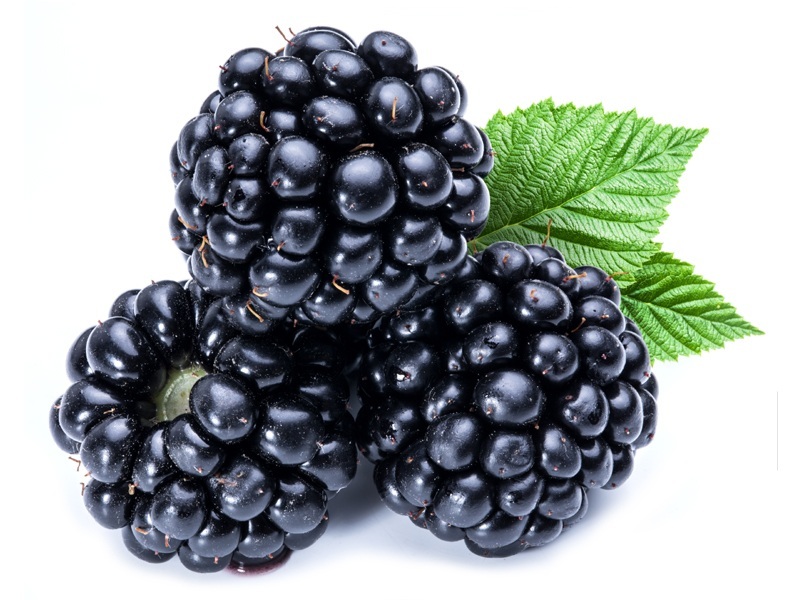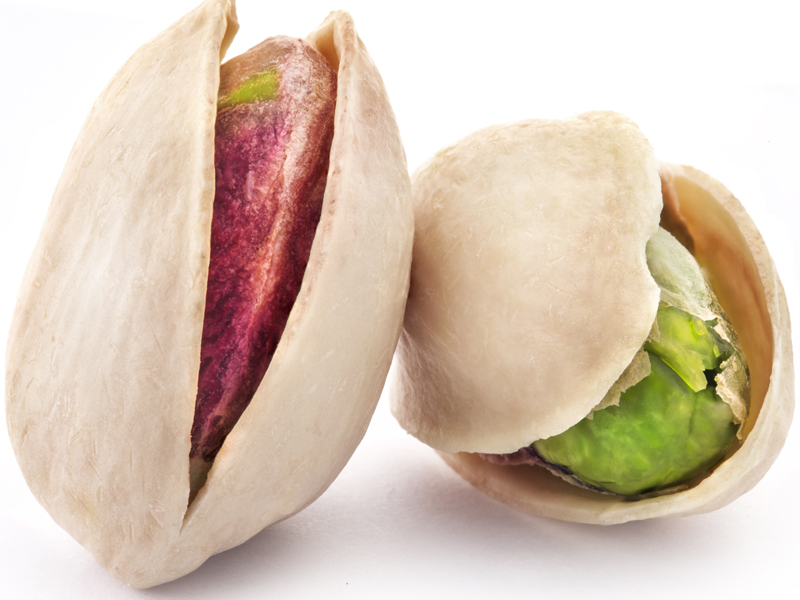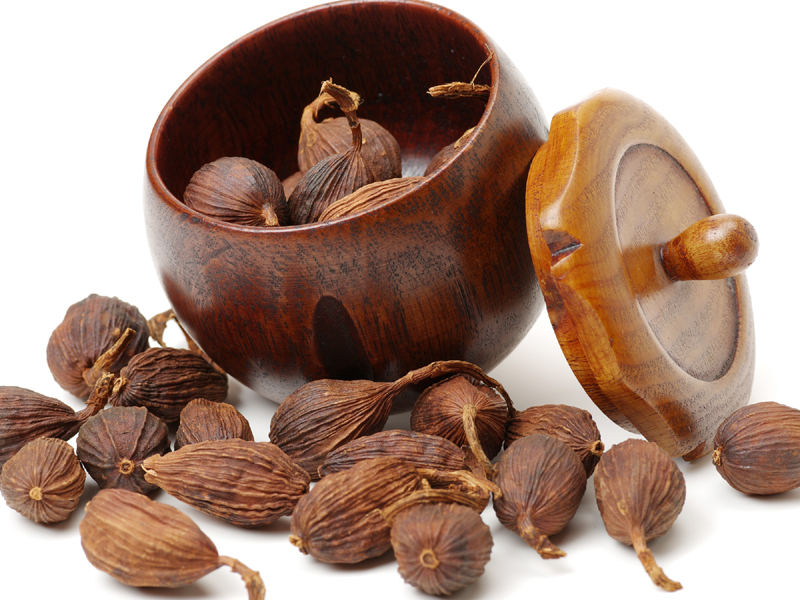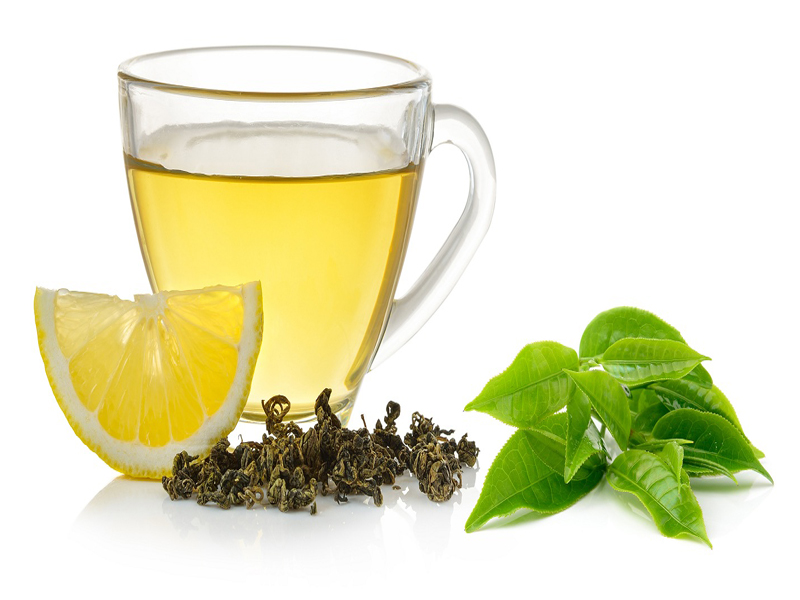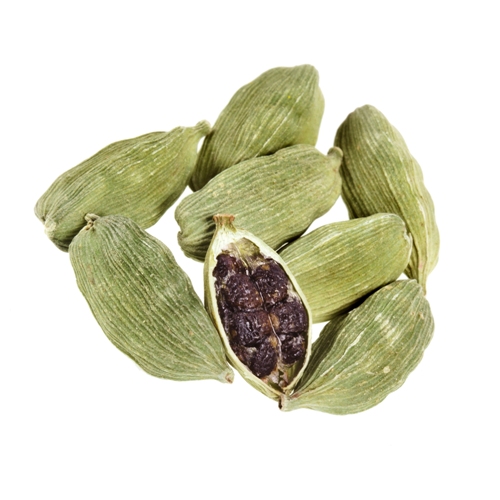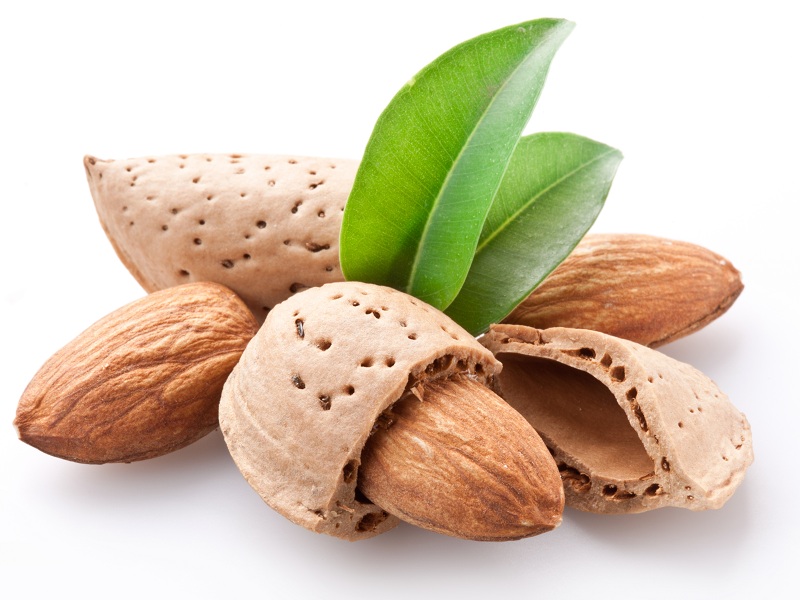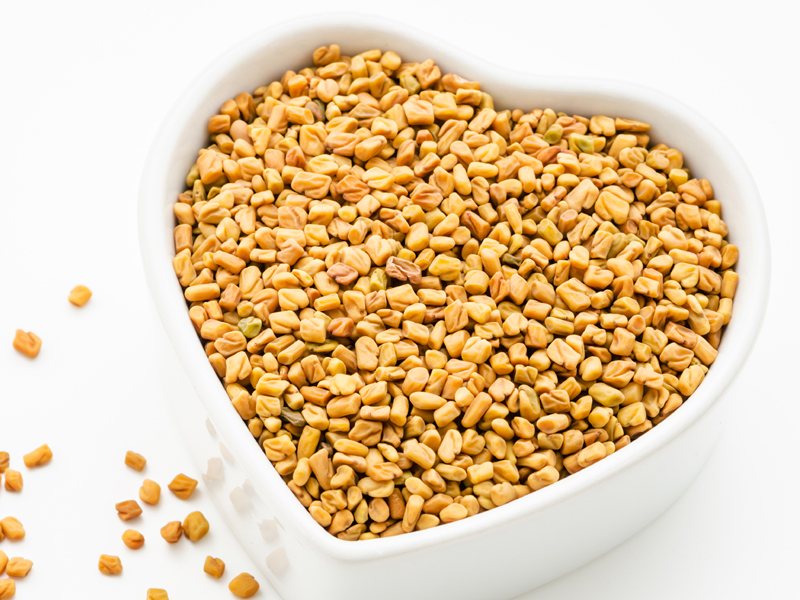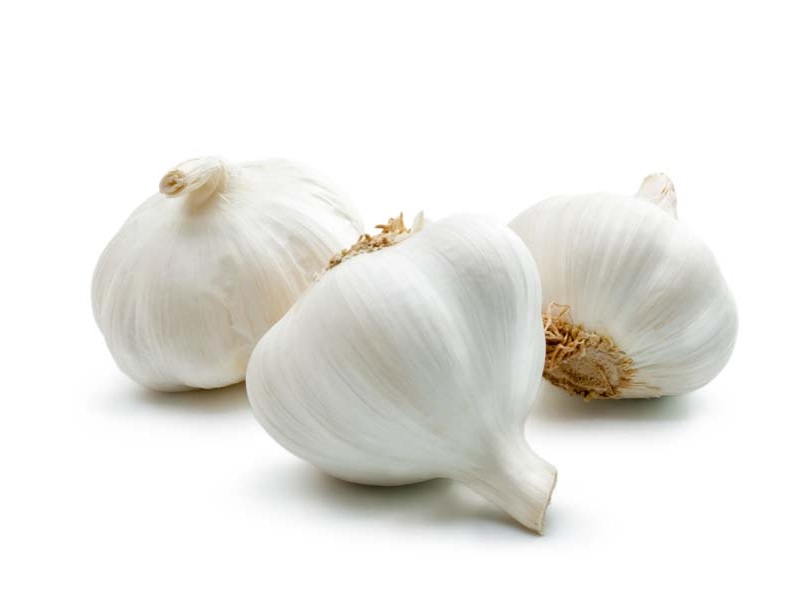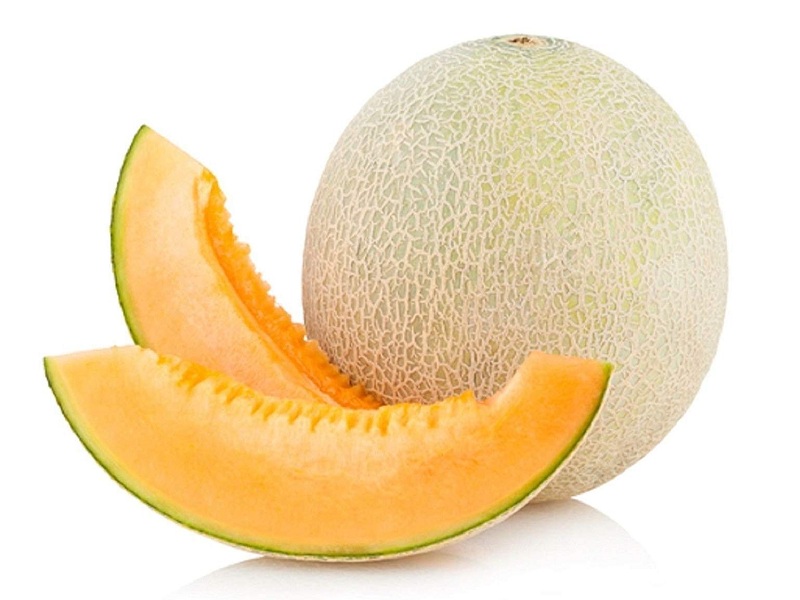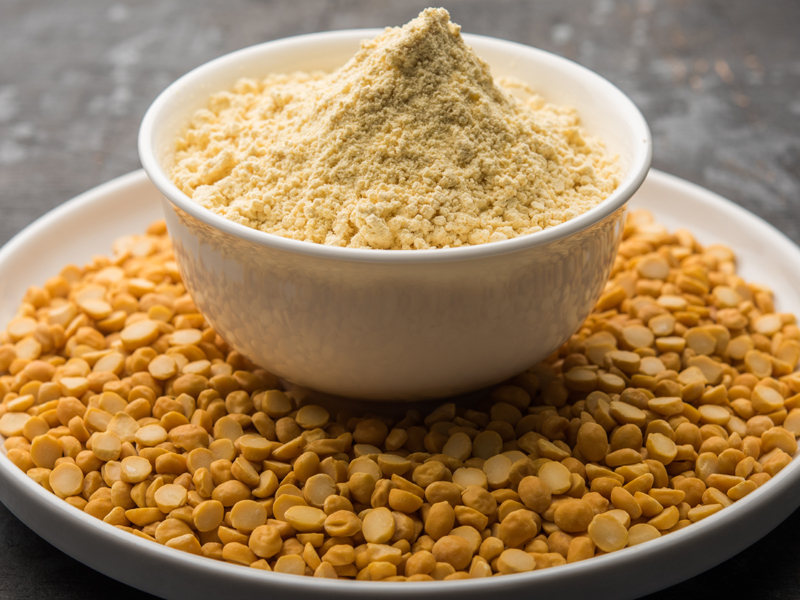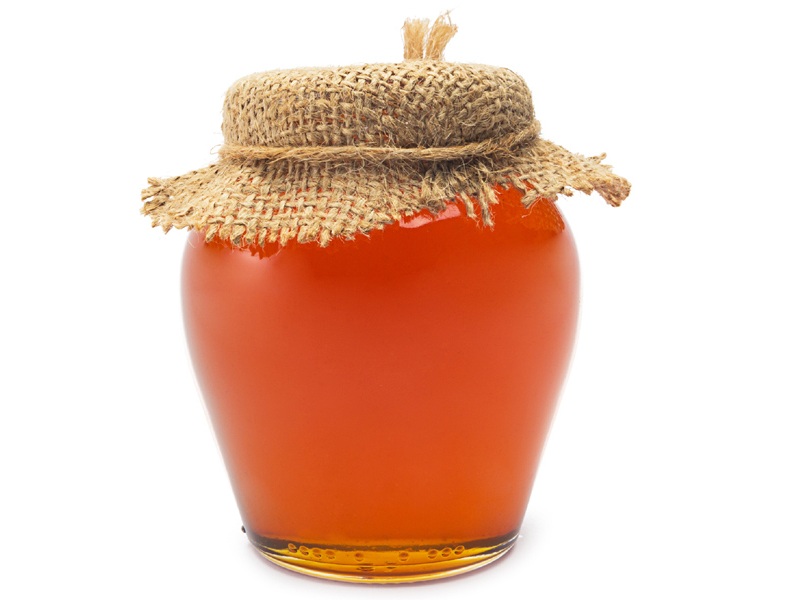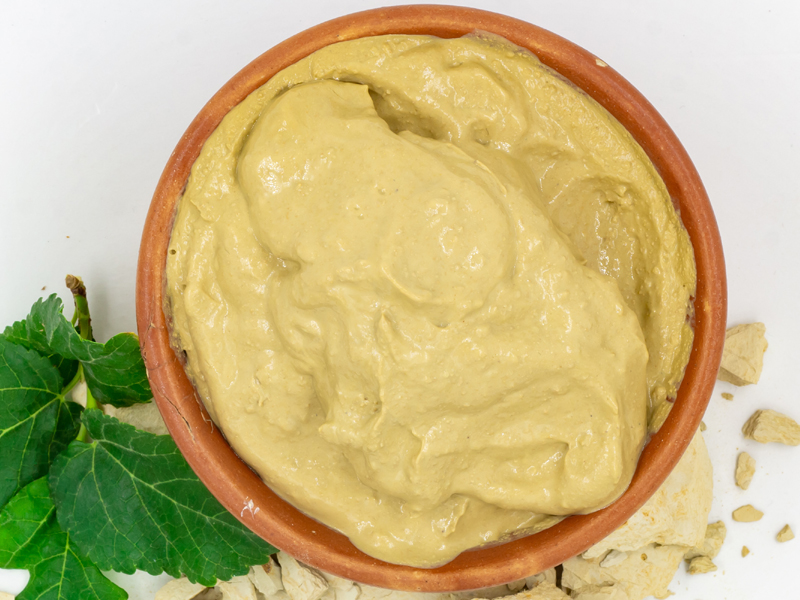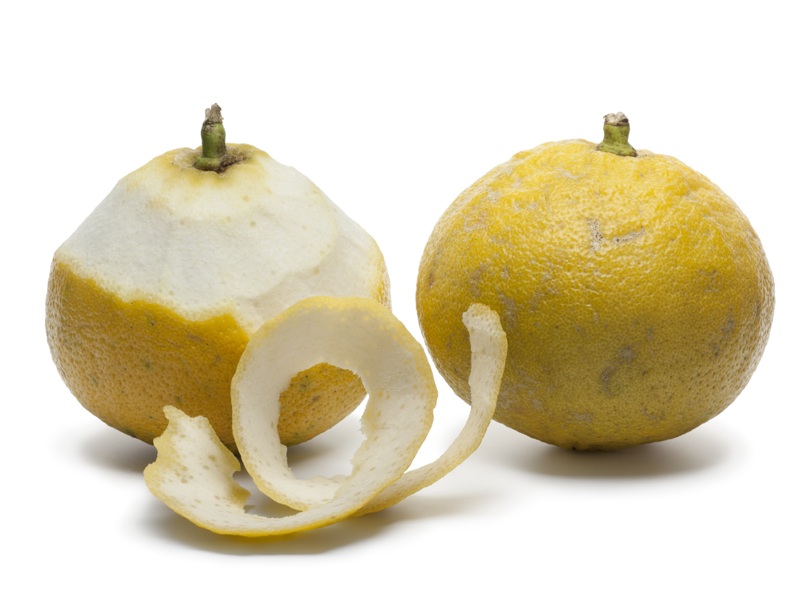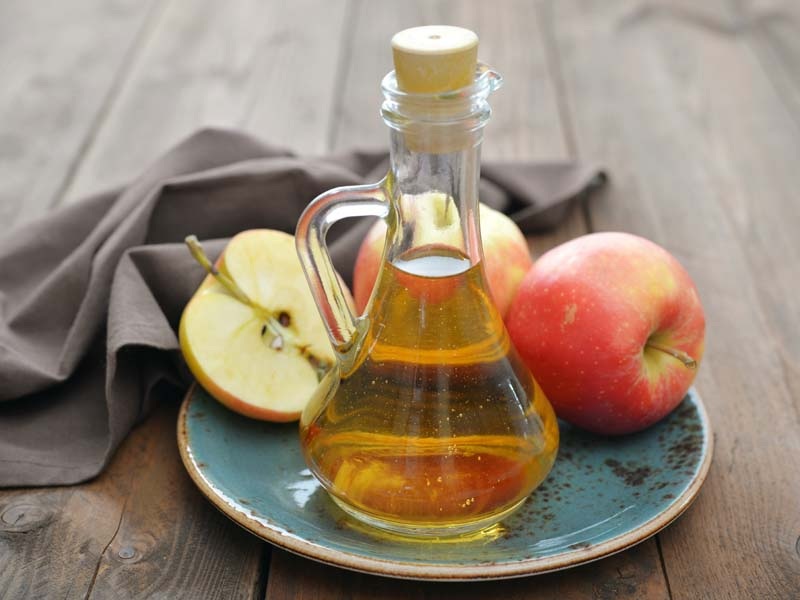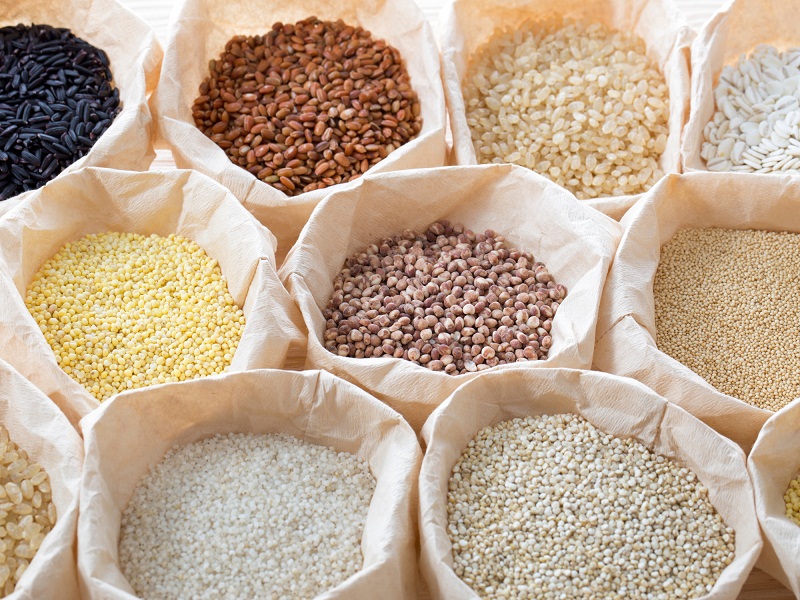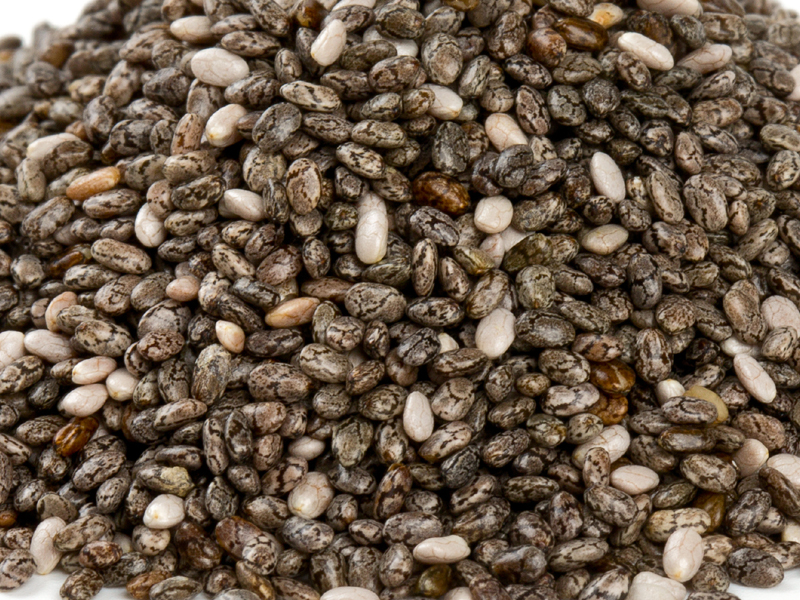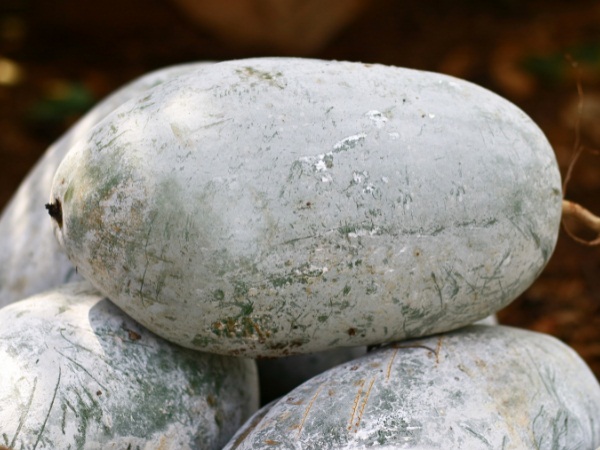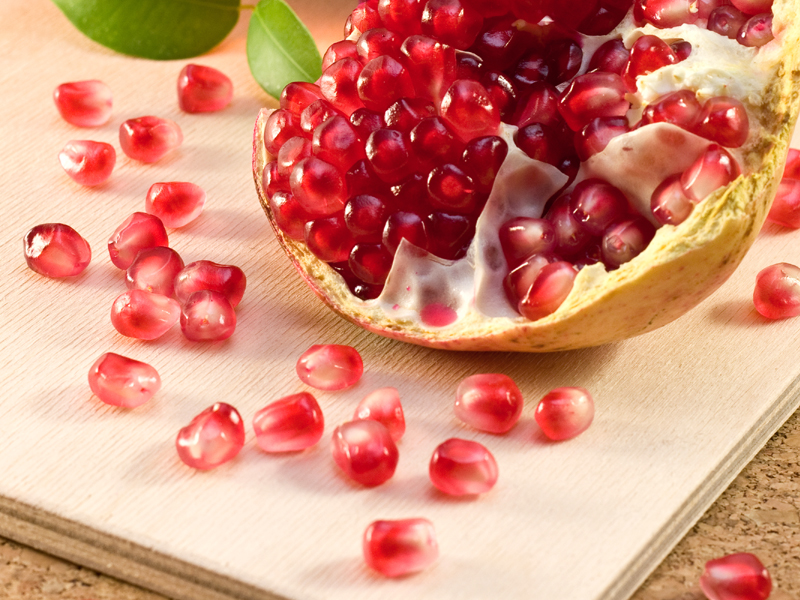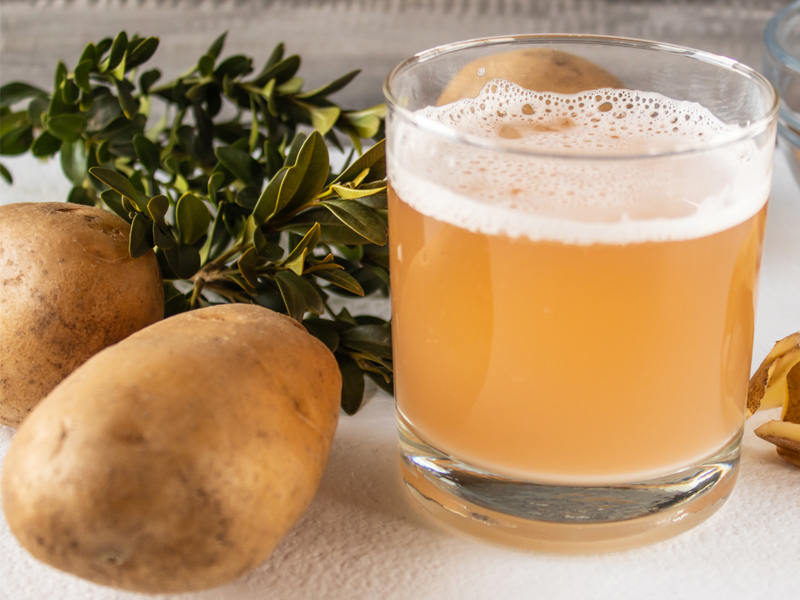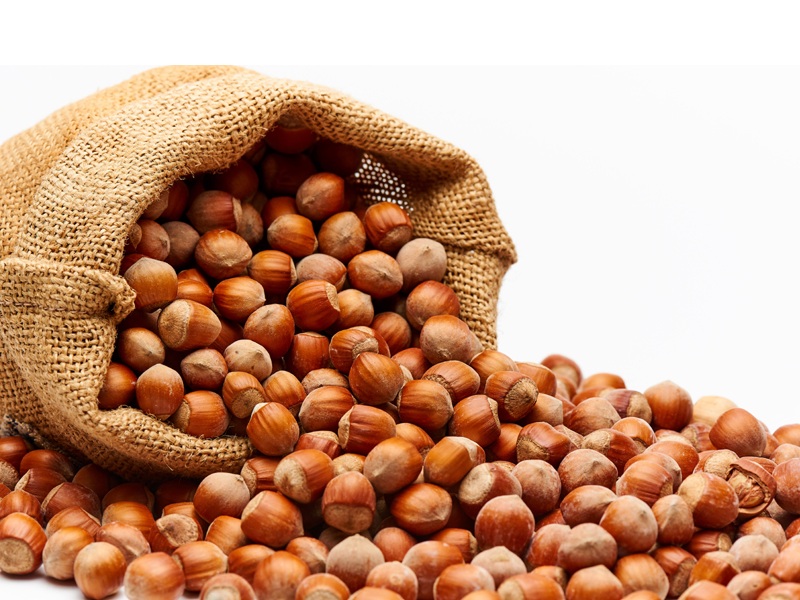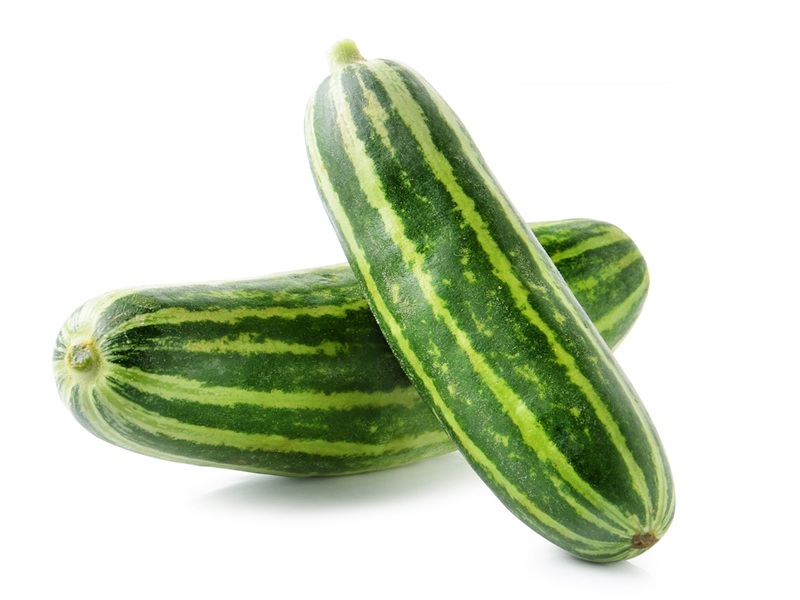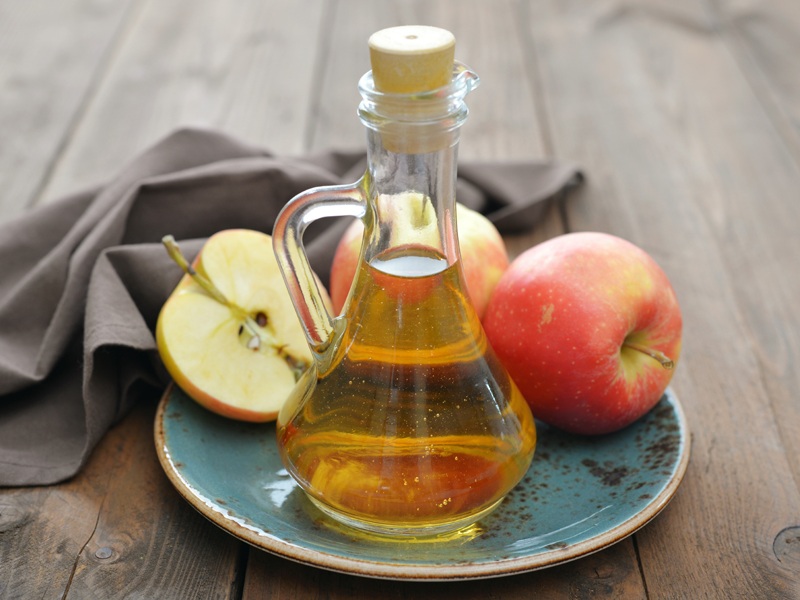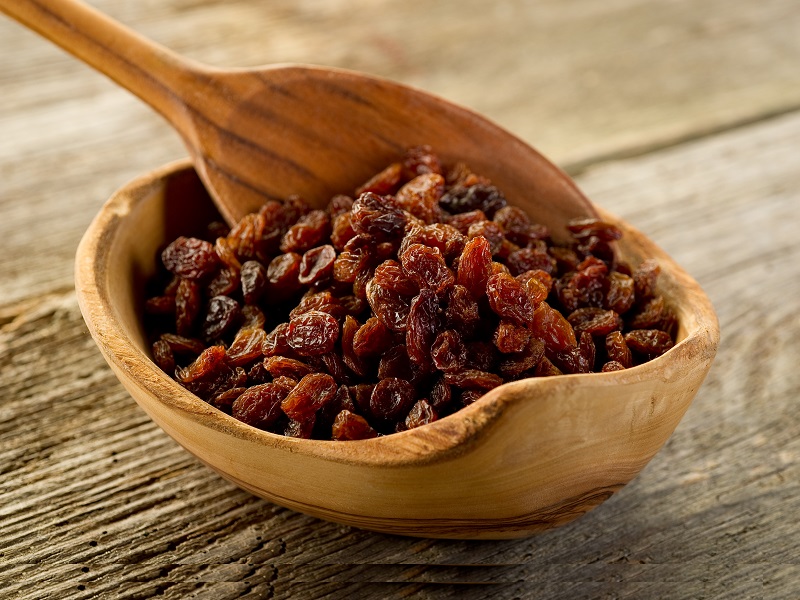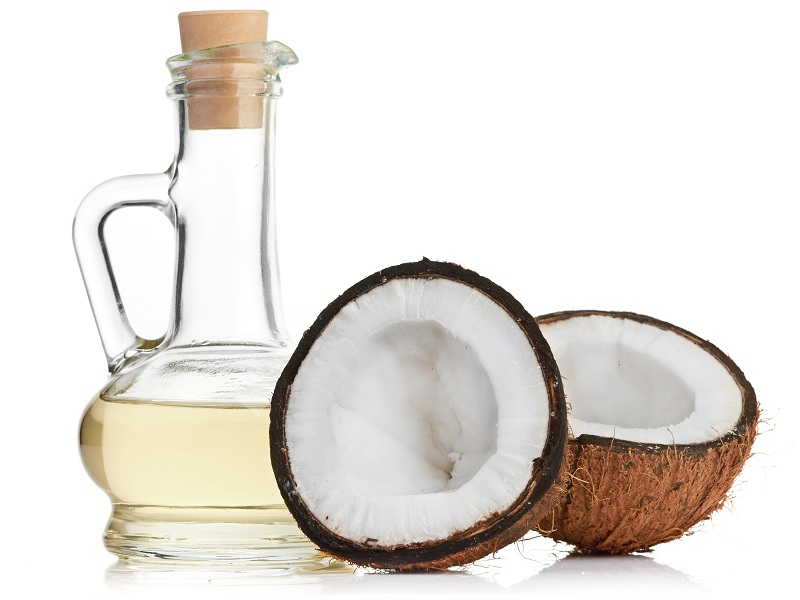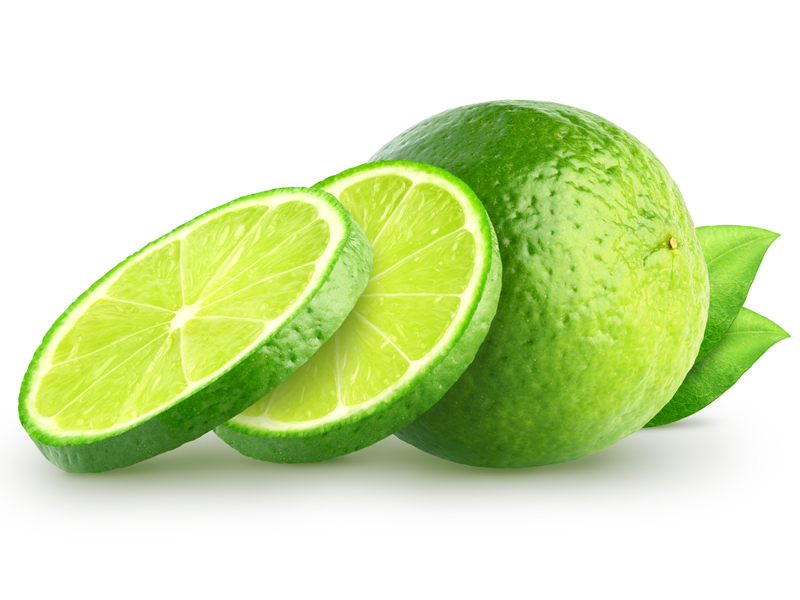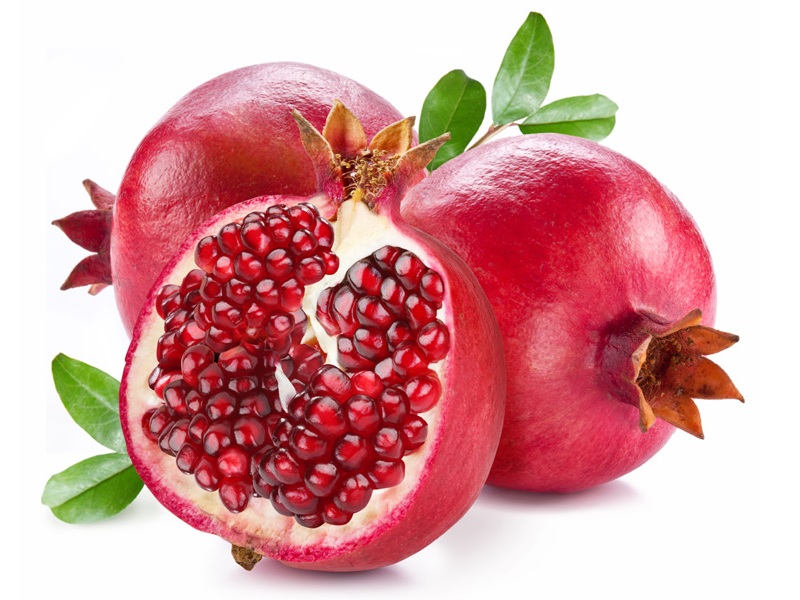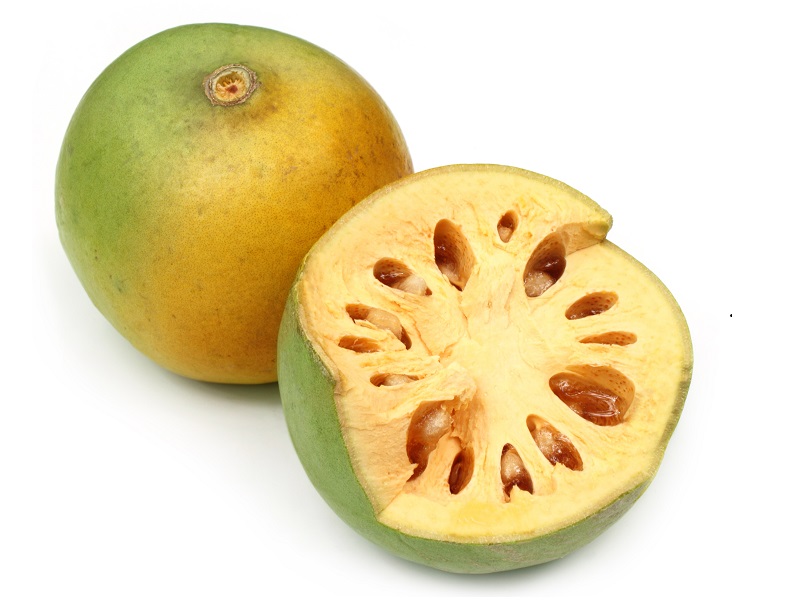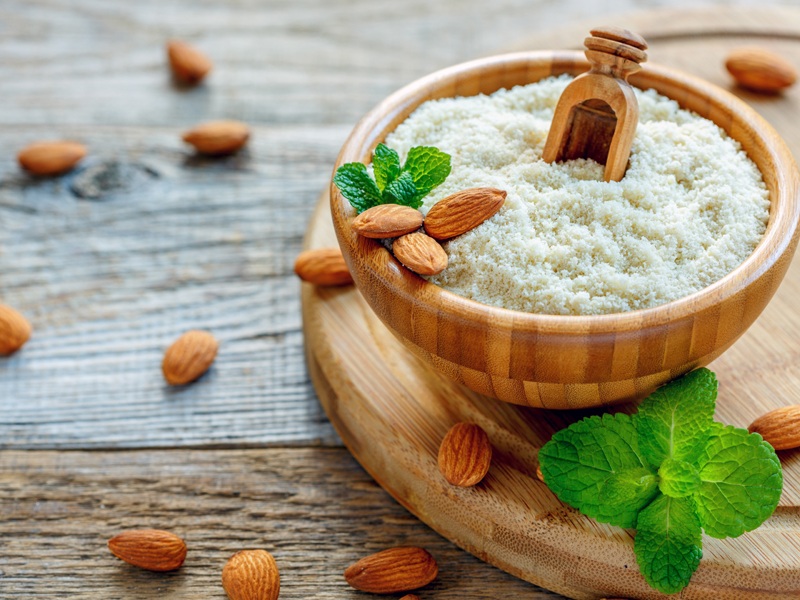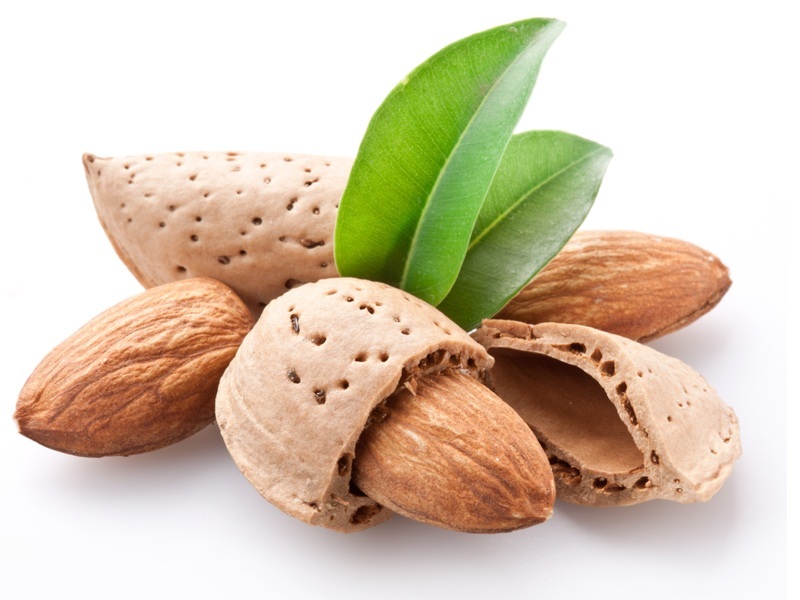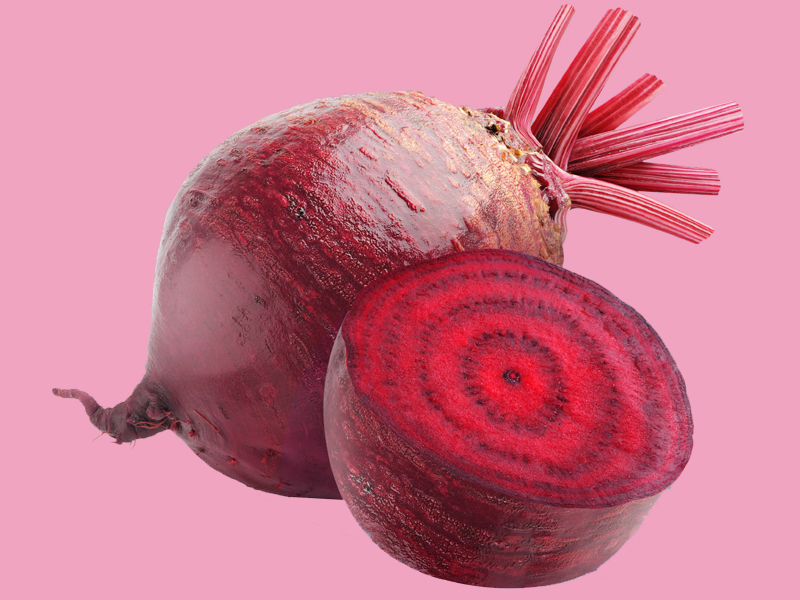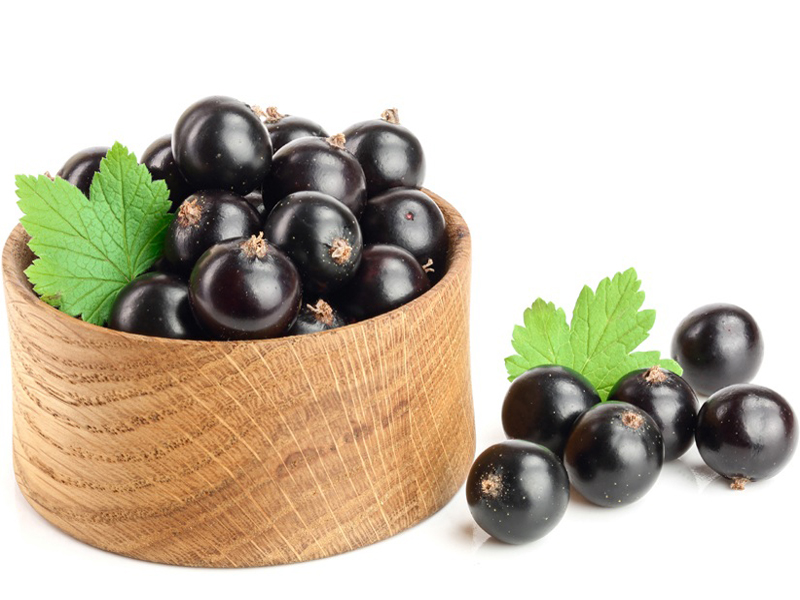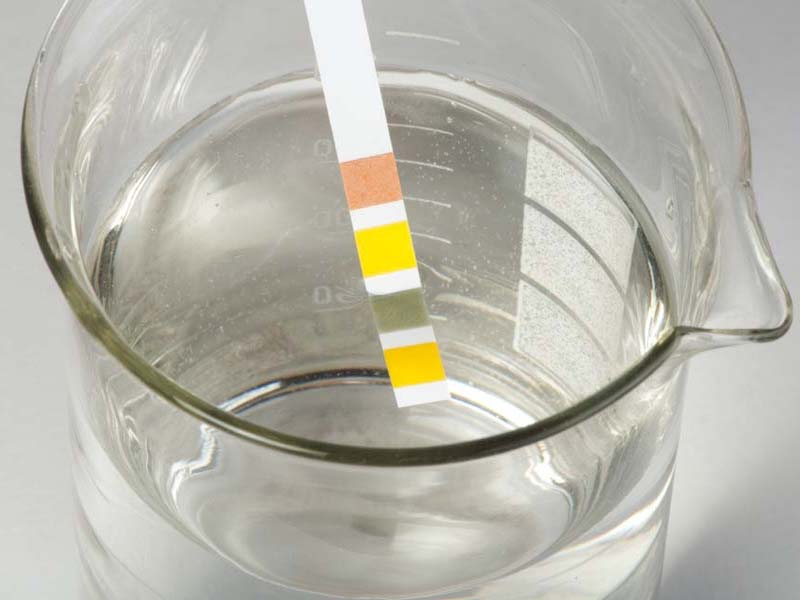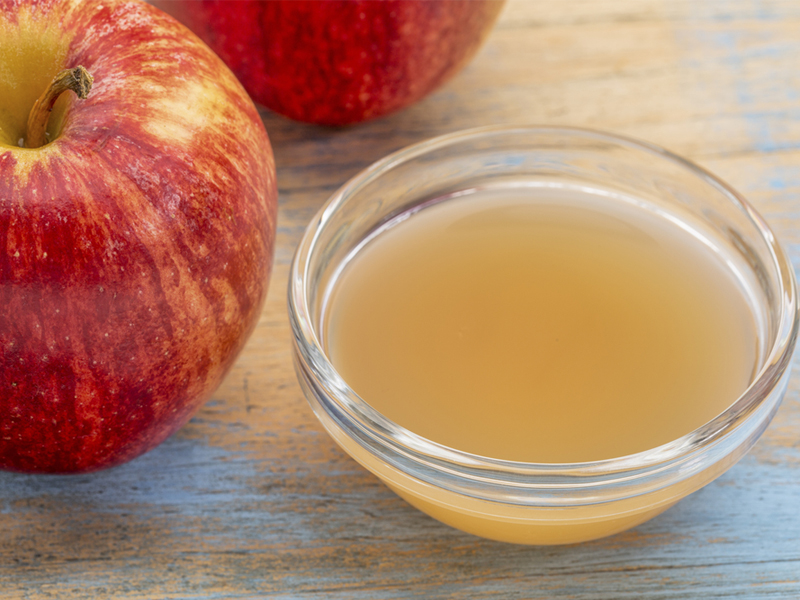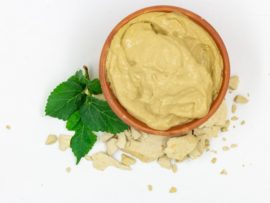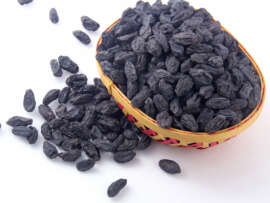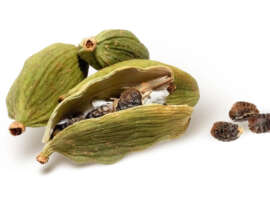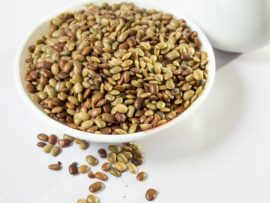Have you ever heard about flax seeds? Flax seeds are a beautiful fiber crop that has been a part of ayurvedic medicine for centuries. The powerful antioxidant properties in this crop come from the compound called lignans. Flax seeds benefits include weight loss and enhanced digestive health since they have high amounts of proteins, fibers, and omega-3 fatty acids.
Flax seeds come from the flax plant, which is the oldest living crop and was initially cultivated in Egypt. This article lists the many benefits of flax seeds before you start using them daily.
- Nutritional Facts of Flax Seeds
- Incredible Flax Seeds Benefits
- How to Include Flax Seeds in Your Diet
- FAQ
Nutritional Facts of Flax Seeds:
Flax seeds are one of the oldest growing crops that are grown since the beginning of civilization. Although flax seeds have tremendous benefits, they are not magic pills that give you instant results. Being consistent is the key when you want to add these magical seeds to your diet. One tbsp of ground flax seeds contains the following nutrients:
- 37 calories.
- 1.3 grams of protein.
- 2 grams of carbs.
- 1.9 grams of fiber.
- 3 grams of total fat.
- 0.3 grams of saturated fat.
- 0.5 grams of monounsaturated fat.
- 2 grams of polyunsaturated fat.
- 1597 mg of omega-3 fatty acids.
Incredible Flax Seeds Benefits:
Let us go through all the benefits flax seeds offer to tackle the problems you face every day.
Health Benefits Of Flax Seeds:
1. Flax Seeds for PCOS:
Polycystic Ovarian Syndrome(PCOS) has become a common medical condition among women. Sex Hormone Binding Globulin is a protein in our blood produced by our body. In this condition, the women’s body tends to have elevated levels of estrogen and testosterone. And lower levels of SHBG are caused by hormonal imbalances.
Consumption of flax seeds minimizes excess estrogen and testosterone’s detrimental effects by increasing the levels of SHGB when needed making it one of the flax seed benefits for women.
2. Flax Seeds Control Blood Sugar:
Flax seeds can slow down digestion and release glucose into the blood because of mucilage, a gel-forming fiber. According to some studies, diabetic patients may reduce fasting blood sugar levels by 20 % with flax seed supplementation (1). Flax seeds reduce the risk of type 1 diabetes and delay the onset of type 2 diabetes because of a compound called SDG, according to preliminary studies (2).
3. Flax Seeds Support Thyroid Functioning:
One of the health benefits of flax seeds is the excellent functioning of the thyroid. It helps in the production of thyroid hormones since it has high amounts of good fatty acids. It also helps fight hypothyroidism with the help of magnesium and vitamin B12. Include flax seeds in your diet to support the normal functioning of the thyroid gland.
4. Flax Seeds for Constipation:
Flax seeds have high amounts of insoluble fiber that help relieve Constipation by adding a good amount of bulk to your stool (3). However, it acts as a laxative; flax seeds also help in preventing diarrhea (4). The presence of soluble fiber in flax seeds prevents diarrhea by binding the water in your digestive tract, increasing the bulk of your stool.
5. Flax Seeds Benefits Bones:
The omega-3 fatty acids are compounds present in flax seed oil that play a role in forming mineral protein matrix and bone mineralization in our body. Flax seed oil is extracted from the blue flowering plant Linum usitatissimum or flax seeds. It is beneficial for people who have diabetes, menopause leading to the risk of fractures since they are often compromised in bone mineralization and mineral protein matrix.
6. Flax Seeds for Weight Loss:
The high amount of omega-3’s and fiber in flax seeds is beneficial for weight loss. Omega-3s aid in weight loss by suppressing your appetite and improving satiety (5). Although more research is needed to understand the mechanism, flax seeds boost metabolism due to lignans’ presence. They also decrease the body’s fat content, promoting weight loss by increasing fat excretion (6).
7. Flax Seeds for Inflammation:
Flax seeds are known to fight inflammation in your body omega-3s present in flaxs eeds. There is over 140% of the daily value of omega-3 fatty acids in two tbsp of ground flax seeds. Flax seeds decrease the body’s pro-inflammatory compounds due to the alpha-linolenic acid in them (7).
8. Flax Seeds Keeping an Eye Out for Gluten:
If you are looking for a gluten-free replacement for grains in your diet, flax seeds are the perfect solution (8). Most grains can be hard to digest if you are intolerant of gluten. If you have celiac disease or gluten sensitivity, flax seeds can be a good choice (9).
9. Flax Seeds Lower Cholesterol Levels:
Yet another benefit of flax seed is to lower the cholesterol levels in your body. The fiber content in flax seeds binds the bile salts and helps in the excretion from your body. Cholesterol is pulled out from your blood into your liver to replenish the bile salts resulting in lower cholesterol levels (10).
10. Flax Seeds for Gut Health:
Flax seeds have soluble fiber in high amounts, which helps feed your gut bacteria, thereby promoting digestive health (11). You can reduce the risk of diabetes, prevent constipation and promote regularity in excretion when you consume flax seeds regularly.
11. Flax Seeds for Heart health:
Flax seeds have high amounts of omega-3 fatty acids that significantly improve the arteries’ functioning and significantly reduce coronary heart disease risk (12). ALA is the omega-3 fatty acids present in flax seeds, and people who consume them are at lower risk of a heart attack, according to a study (13).
12. Flax Seeds Benefits for High Blood Pressure:
Flax seeds can lower blood pressure naturally, and many studies have proven the results (14). Consumption of flax seeds has reduced blood pressure even further in people already taking blood pressure medication (15). Even if the decrease is insignificant, it reduces the risk of heart diseases significantly.
13. Flax Seeds for Better Digestion:
The supplementation of flax seeds promotes the health of gut flora, according to some animal studies. Although supporting research is limited, the soluble fiber in flax seeds could aid in the digestion process. Flax seeds act as a laxative, helping you relieve any constipation issues (16).
14. Flax Seeds Reduce Cancer Risk:
Flax seeds have omega-3 fatty acids with anti-inflammatory properties, which may reduce the risk of breast cancer in postmenopausal women and reduce the growth of tumors for breast cancer patients (17). Flax seeds reduce cancerous tumors’ growth (18) and may also prevent cancer of the prostate.
15. Flax Seeds for Muscle Building:
Flax seeds are an excellent option when you want to lose weight and build muscles since it is a rich source of omega-3 fatty acids, fiber, and protein. You can add flax seeds to your routine by mixing a tbsp of flax seeds with curd before going to bed.
16. Flax Seeds for Hormonal Imbalance:
Lignans are antioxidant compounds that are present in flax seeds in high amounts. When eaten regularly, flax seeds help balance the ratio of progesterone and estrogen in the body. This is possible because of the phytoestrogen effect of a group of phytochemicals called lignans present in flax seeds.
Read: Benefits of Eating Flax Seeds During Pregnancy
Flax Seeds Benefits for Skin:
17. Flax Seeds for Glowing Skin:
As we have seen, flax seeds have high amounts of plant-based omega-3 fatty acids that help prevent the dryness of your skin. Just add a spoonful of flax seeds to your diet; you can get the skin of your dreams without having to spend too much money.
18. Flax Seeds for Anti-ageing:
The phytochemicals and antioxidants present in flax seeds prevent wrinkles and fine lines giving your skin a youthful glow (19). It also keeps your skin smooth and moisturized with the fatty acids present in them. Without having to spend tons of money on cosmetics, maintain the tightness of your skin with a few spoonfuls of flax seeds.
19. Flax Seeds for Acne:
Flax seeds reduce the breakout of Acne by balancing the estrogen in your body. It also regulates the production of sebum which is one of the primary reasons for acne breakout. The high inflammatory omega-3 fatty acids curb inflammation and have a healing effect on your surface. It also helps lock the moisture strengthening the skin cell membranes.
20. Flax Seeds for Rejuvenating Skin:
We have seen a range of benefits by consuming flax seeds, but you can also reap the benefits of it by incorporating it into your skincare routine. Flax seeds can remove blackheads and dead skin cells by working as an excellent exfoliator when mixed into any liquid base. They also prevent the dirt from settling in and tighten your pores.
Flax Seeds Benefits for Hair:
21. Flax Seeds for Removes Dandruff:
Your scalp might fall victim to issues like dandruff and eczema when your skin is dry. Flax seeds prevent the formation of dandruff, hair dryness, keep the roots intact, and moisturize your scalp with the oils naturally present in them.
22. Flax Seeds for Hair Damage Repair:
Haircare products that are available in the market minimize hair damage because they are enhanced with vitamin E. Flax seeds strengthen the roots, reduce hair fall, and prevent the damage caused by free radicles.
23. Flax Seeds for Hair Growth:
Flax seeds promote hair growth by reducing the effects of free radicles on your scalp with vitamin E present in them. Flax seeds also help your hair grow strong, healthy, and fast since they have B-complex vitamins in abundance.
How to Include Flax Seeds in Your Diet:
Include flax seeds into your diet with the help of some of the quick and easy recipes mentioned below:
1. Flax Seed Oatmeal:
Ingredients:
- ½ cup of instant oats.
- 1 cup of water.
- Honey as per taste.
- 1 ½ tbsp of flax seeds.
- One small glass of milk.
Preparation:
- Take a saucepan and fill it with a cup of water.
- Add oats, one tbsp of flax seeds to the boiling water.
- Mix the contents thoroughly without forming any lumps.
- Once oats are half cooked, add milk and cook it for a few minutes.
- Add the honey as per your choice and combine it well.
- Top the cooked oatmeal with the remaining flax seeds and serve hot.
2. Flax Seed Smoothie:
Ingredients:
- Two tbsp of flax seeds.
- One cup of soya milk.
- Half a cup of sliced bananas.
- Two tbsp of honey.
Preparation:
- Place all the ingredients in a blender.
- Blend them thoroughly, making the mixture frothy and smooth.
- Serve the mixture fresh.
3. Raita with Flax Seeds:
Ingredients:
- One cup of thickly grated bottle gourd.
- One cup of freshly beaten low-fat curd.
- Half a cup of finely chopped mint leaves.
- ¼ tbsp of roasted cumin seeds.
- ¼ tbsp of black salt.
- 1 ½ tbsp of roasted flax seeds.
- Salt as per taste.
Preparation:
- Place the bottle gourd and a cup of water in a bowl.
- Place the bowl on a medium flame for a few minutes.
- Add the cooked bottle guard and all the other ingredients, including flax seeds, to a deep bowl.
- Combine them thoroughly.
- Refrigerate the mixture for about one hour.
- Serve the chilled raita.
Flax seeds are gaining popularity for all the benefits they offer, keeping your body healthy and beautiful. The omega-3 fatty acids and fiber content present in flax seeds have a positive effect not only on your body and skin, and hair. This article gives you detailed information about the benefits of flax seeds and how easily you can incorporate them into your diet.
Although flax seeds are beneficial, consumption in excess may cause some side effects; therefore, it is better to consult a professional to determine the correct dosage for you.
Disclaimer: This article’s contents are based on research information and not a replacement for professional advice. The website is not responsible for any effects it may have on your body. It is always better to consult your doctor before starting anything new.
FAQ:
1. How can you store flax seeds for a long time?
Ans: You can store flax seeds in an air-tight container in the refrigerator whether you purchase ground flax seeds or grind them at home. Flax seeds can last for about six months if you store them in this way.
2. Do flax seeds have a different name in different languages?
Ans: Flax seeds are known with different names in other languages. Some of the names are:
- Avisa ginjalu in telugu.
- Semillas de lino in Spanish.
- Budhur alkitaan in Arabic.
- Alsee ka beej in hindi.
- Ali vidai in Tamil.
- Agasi in Kannada.
3. Is it safe to consume flax seeds raw, and how much can you take in a day?
Ans: Yes! It is safe to consume flax seeds in raw form. Many people believe ground flax seeds are suitable for better absorption of nutrients into your body. To avoid oils in flax seeds from making them rancid, storing them in the refrigerator is best.
In a day, you can limit the consumption of flax seeds to less than 5 tbsp.


